

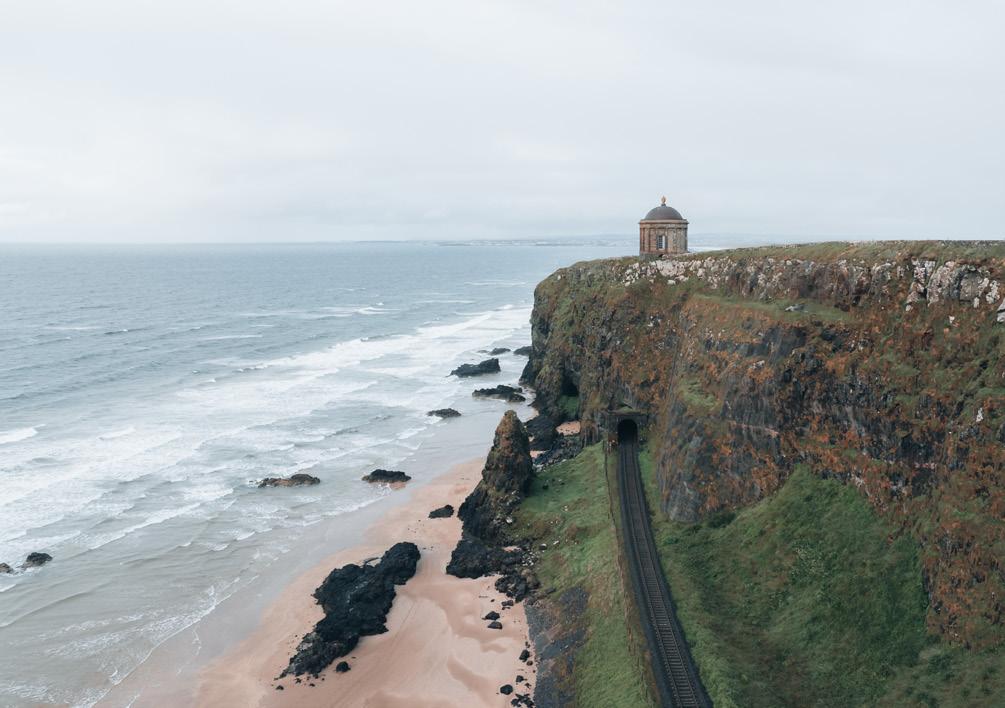
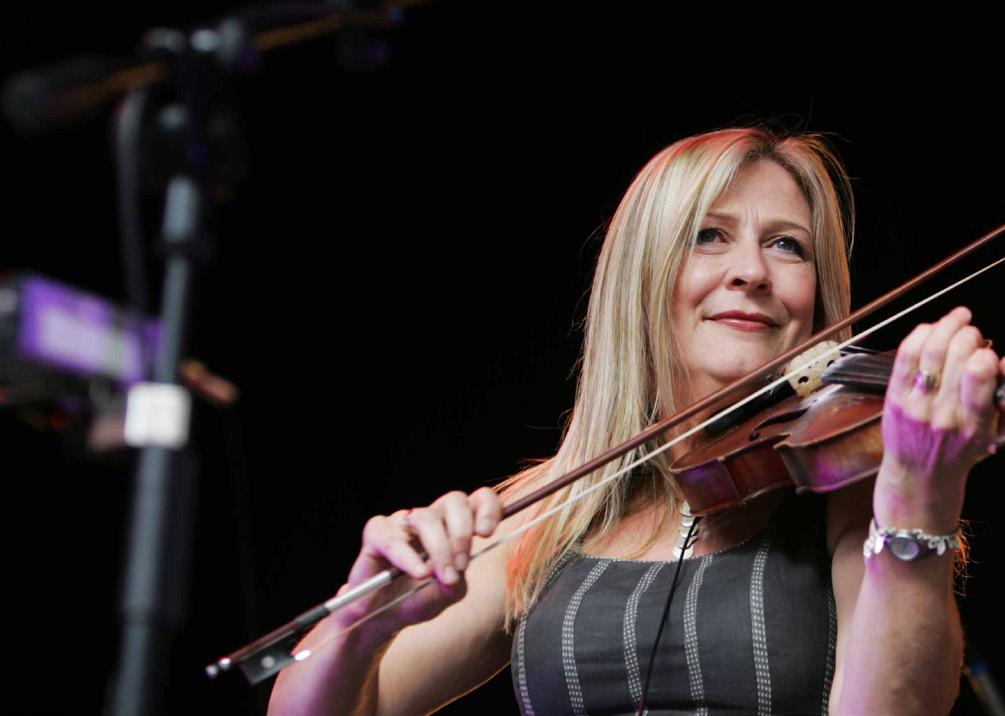
Donegal band –40 years on the road celebrations
See Rí-Rá





Donegal band –40 years on the road celebrations
See Rí-Rá
Starmer’s Cork-born chief of staff steadies the ship after weeks of turmoil, but party divisions remain
BY MAL ROGERS
McSweeney, Keir Starmer’s chief of staff, has endured a torrid few weeks. The departure of Angela Rayner, the exit of Peter Mandelson, and the resignation of other close aides left him looking exposed, with critics circling.
Yet the state visit of President Donald Trump to Britain in mid-September has unexpectedly given this master strategist a significant political boost. The pomp and spectacle of the visit, and the accompanying announcements on trade and investment, offered the British government something tangible to point to at a difficult moment. For McSweeney, who shapes strategy as much as policy, that has bought valuable breathing space.
Polls show that public opinion on the visit itself remains divided, but the saturation media coverage and sense of international significance distracted attention from Labour’s internal problems. Starmer’s personal ratings remain low, and party members are restless, with many unhappy at the direction of government on various issues.
The deputy leadership contest now under way is shaping up as a test of grassroots sentiment, and one that will matter greatly to McSweeney. Still, the Trump visit has helped restore a measure of stability, a definite win for Starmer’s No 10, and calmed the chatter about his own vulnerability.
One view being voiced in the party is that the government is only one year in office, and that both party and country need to show patience. There was, No 10 says, a lot of work needed to undo 13 years of Tory mismanagement.
The scale of McSweeney’s rise explains why so many are eager to see whether he can survive this latest storm. Born in Macroom, Co Cork, he grew up in a family steeped in Fine Gael politics, with an aunt who served as a councillor and cousins active in Irish public life. He himself showed little early interest in politics; he was much keener on hurling and Liverpool Football Club.
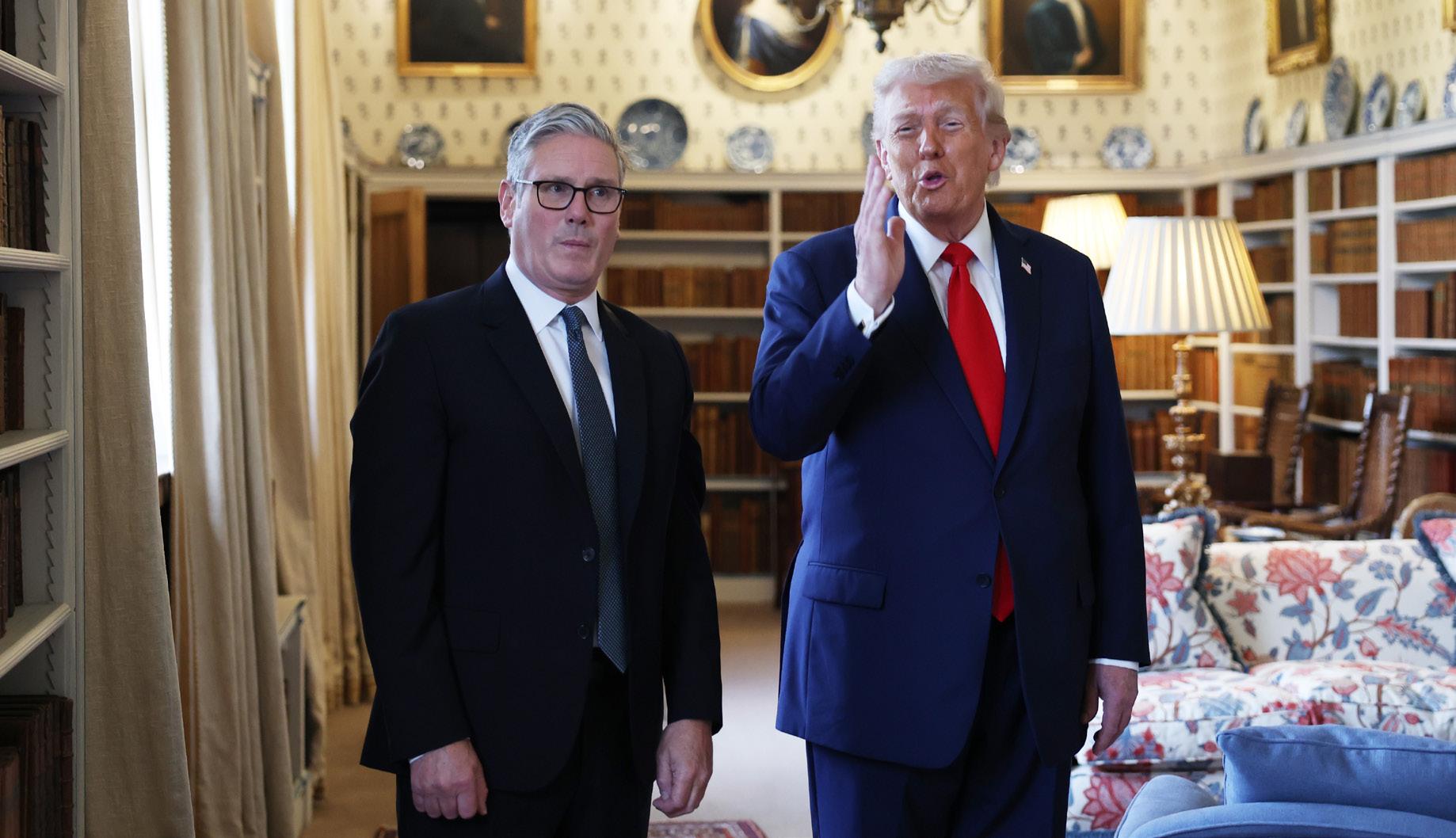
After leaving school he moved to England and worked on building sites before studying politics as a mature student. Inspired by the Good Friday Agreement, he joined the Labour Party and began at the very bottom, manning the reception desk at headquarters. From there he worked his way up through local campaigns, founded the Labour Together group during the Corbyn years, and became Starmer’s campaign director in the leadership race. His organisational skills and mastery of Labour’s internal machinery were decisive in putting Starmer into Downing Street, and when Sue Gray departed last year he assumed the role of chief of staff.
Now 48, McSweeney is regarded by friends as modest and methodical, but by rivals as factional and divisive. The Trump visit has given him a chance to steady the ship, but it may only represent a pause. The party’s internal battles, and the public’s scepticism, mean that the Cork man’s survival depends on turning that respite into renewed authority.
BY GRAINNE CONROY
THE new framework for addressing Troubles-era legacy cases in Northern Ireland, jointly announced by the Irish and British governments last week, has drawn a mixed response from victims’ families, campaigners and political leaders.
Key elements of the plan include a
reformed Legacy Commission to investigate unresolved deaths, a new legacy unit within An Garda Síochána, and protections for veterans. The package also restores some inquests, lifts bans on civil cases linked to the conflict, and commits to greater transparency and crossborder co-operation.
Both governments describe the framework as a step toward truth,
reconciliation and accountability.
The British government will repeal the 2023 Legacy Act and abolish its conditional immunity scheme, while Ireland has pledged full co-operation through its police service.
But reactions remain divided.
Victims’ families warn the new mechanism could falter without meaningful consultation. Sinn Féin has welcomed the spirit of the
proposals but insists the detail must be victim-centred and compliant with human rights standards. SDLP leader Claire Hanna voiced concern that the deal could fall short, particularly on disclosure by paramilitaries and the closure of inquests.
Unionist parties have been more critical. The DUP and Traditional Unionist Voice argue that Irish involvement in designing legacy
proposals is unacceptable. By contrast, church leaders from both Catholic and Protestant traditions, as well as the US ambassadors to the UK and Ireland, have welcomed the framework and urged careful implementation. Meanwhile, the PSNI’s leadership has raised financial concerns, warning that legacy responsibilities are already straining core policing budgets.
STENA Line has welcomed the first of its new hybrid freight ferries to Belfast Harbour. The multimillion-pound purpose-built Stena Futura went into service on the freight-only Belfast to Heysham route last week.
The 147-metre Stena Futura will operate 12 sailings per week providing much needed additional freight capacity on the popular route which connects local hauliers directly into the key north of England road freight network.
Stena Futura and sister ship Stena Connecta (which will enter service in 2026) will help Stena’s efforts towards shipping sustainability.

BY CATRIONA GRAY
SINN Féin has announced that it will support Independent candidate Catherine Connolly in the Presidential Election, ending months of speculation over its position.
RTE Party leader Mary Lou McDonald confirmed the decision following a meeting of the Sinn Féin Ard Chomhairle at the weekend.
Speculation had centred on whether the party would back Connolly as part of a broad united left-platform that already includes the Social Democrats, Labour, the
Green Party, People Before Profit-Solidarity and others. It had also been speculated that Sinn Féin might run a party member, with finance spokesperson Pearse Doherty and public expenditure spokesperson Mairéad Farrell mentioned as possible contenders. Neither Sinn Féin president Mary Lou McDonald and First Minister Michelle O’Neill, who had both been mentioned in connection with the ‘race to the Áras’, were not put forward by the party as potential candidates.
In a statement following Sinn Féin’s decision, Connolly said she was heartened by the party’s backing. “I believe
the coalition of left, centre-left parties and independents backing my run for president is a welcome change for Irish politics,” she said. “However if I am to be successful I will be a president for all Irish people, of all political persuasion or none. See you on the road.”
McDonald said the decision followed an extensive nationwide consultation process within Sinn Féin and with other Opposition parties. She added that Connolly’s candidacy would help Sinn Féin achieve its priorities of keeping Fianna Fáil and Fine Gael out of the Áras and getting them out of government.
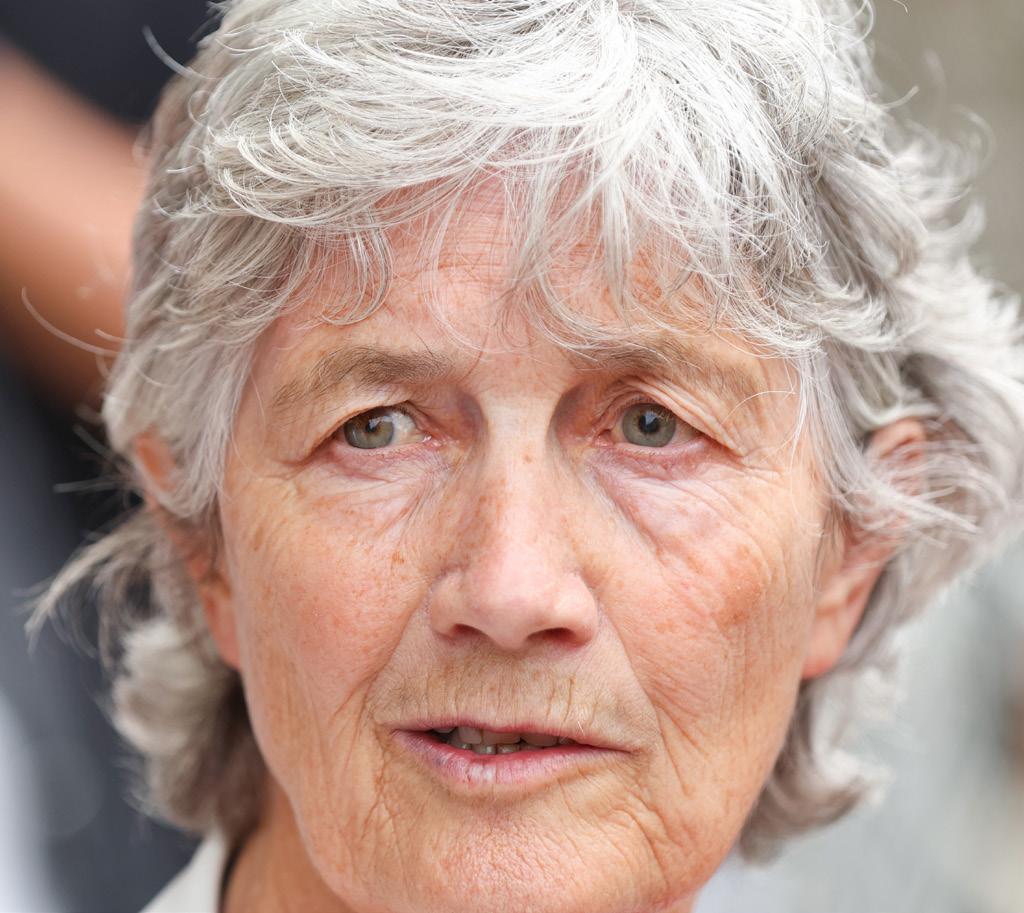
BY MAL ROGERS
KEVIN Phelan, 62, from Omagh, Co Tyrone and a central figure in the Moriarty tribunal’s money-trail inquiries, has been convicted of fraud in England.
A jury at Leeds Crown Court found Phelan and two co-defendants guilty on August 1 of conspiring to defraud pension holders and to cheat the UK tax authorities between 2013 and 2014. Reporting restrictions have now been lifted, allowing the verdicts to
be reported.
The case centred on a “pension liberation” scheme under which investors were persuaded to transfer about £2.5 million into an unregulated vehicle. Some pension holders lost their life savings.
Two other men were also convicted: Daniel Giles, from Coventry, and Mohammed Bashforth, from West Yorkshire. Sentencing has been scheduled for 8 January and is expected to run over two days. Custodial terms and confiscation proceedings are
anticipated, according to reports from court proceedings.
Phelan’s name is familiar in Ireland from the Moriarty tribunal, which examined property transactions in England in the late 1990s.
Phelan, who had been declared bankrupt in 2013, nevertheless held himself out as being involved in substantial investment plans, including interest in acquiring Doncaster Rovers football club. The court heard that these claims were used as part of an effort to give credibility to the pension

investment scheme.
The convictions mark the end of a long-running investigation into a fraud that exploited confusion around early access to retirement funds. Regulators have repeatedly warned of the dangers of such schemes, which often target older savers and can result in catastrophic losses.
The January sentencing will determine the length of prison terms for Phelan and his co-accused and may establish the scale of confiscation orders aimed at repaying victims.
“I will be a president for all Irish people, of all political persuasion or none.” Catherine Connolly, Irish Presidential hopeful.
“I want to thank you all the more warmly for honouring my work tonight, and to reiterate my belief in the dignity and beauty of all human life, and my solidarity with the people of Palestine.”
Sally Rooney who did not travel to Britain to collect her Sky Arts award for novel Intermezzo, through fears of being arrested for her support of Palestine Action.
“I welcome the arrival of these Palestinian young people to Ireland and wish them every success during their time here.”
Tánaiste Simon Harris, welcoming fifteen young Palestinians fleeing the conflict in Gaza.
“But the collapse of the influence of the Catholic Church, while it reflects a change in the character of modern Ireland, is not total. Many people still get married in church and most still have church funeral services. The problem is that they are running out of priests.”
Malachi O’Doherty, BBC commentator and Irish Post columnist.
“It’s a necessary step to recharge and get myself back to full health… This is not retirement. This is just time off.”
Daniel O’Donnell announcing that his fan club is to close down and that he will take a touring break.
Victim Fintan McDwyer,
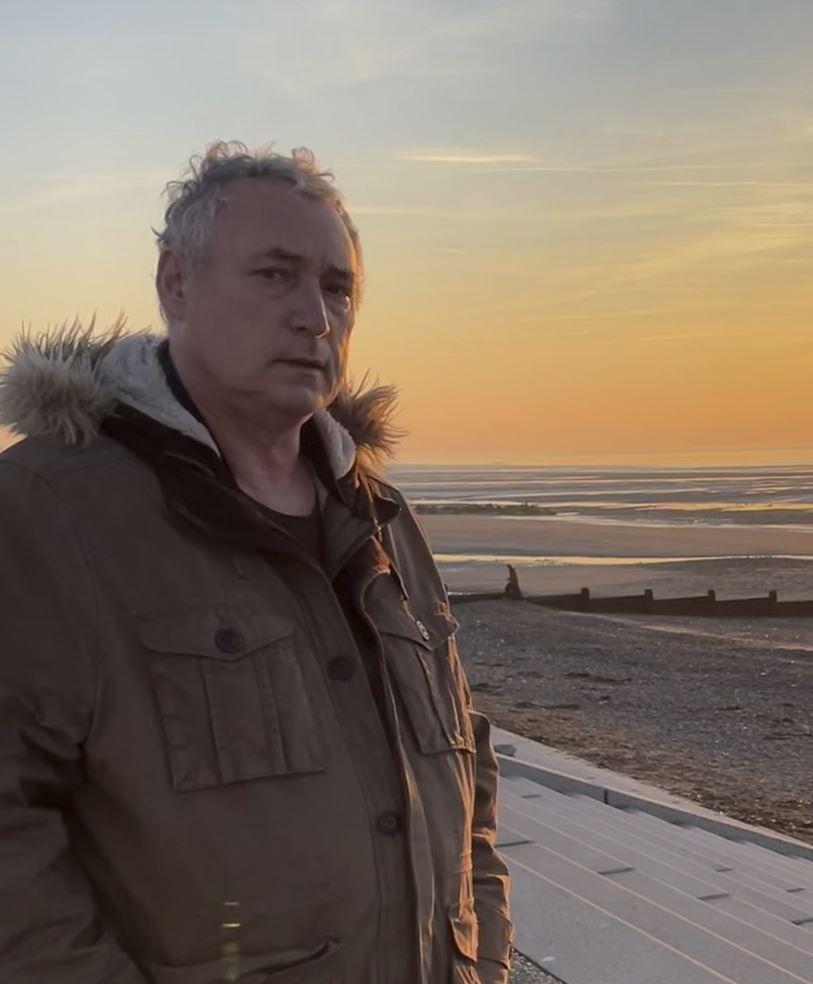
BY MAL ROGERS
AMANhas been found guilty of murdering his great-uncle in Manchester after a jury rejected his claims of abuse and self-defence.
Direece Roche, 30, broke into the home of 64-year-old Fintan McDwyer in the early hours of 30 June 2024, entering through an upstairs window while wearing a balaclava.
Mr McDwyer was attacked as he lay in bed and was stabbed. His body was discovered the following morning by his son at the family home on Platt Lane, Fallowfield.
Paramedics found a large wound on Mr McDwyer’s neck and numerous stab wounds to his head, neck and body.
A post-mortem later confirmed there were 71 stab wounds in total, which was consistent with a sustained assault.
The wound to his neck and blood loss from the number of other wounds were likely to have been the cause of his death.
Direece Roche fled the scene but was arrested on 6 July 2024. At trial he denied murder, claiming he had intended only to steal his greatuncle’s dog and that he was acting in self-defence following years of alleged abuse. He told the court that it was Fintan McDwyer who had produced the knife.
The knife used in the attack was never found.
The jury dismissed his account, and the judge ruled that his allegations did not provide any defence for the sustained and brutal assault.
Nicola Carter, Senior Crown Prosecutor for CPS North West said: “Direece Roche planned and carried out the brutal murder of his own relative as he lay in bed.
“Roche attempted to conceal his identity by wearing a balaclava as he
walked the streets of Manchester before and after murdering his great uncle.
“Roche failed to take full responsibility for his actions, pleading not guilty to murder, claiming self-defence and loss of control.
“The Crown Prosecution Service successfully applied for Roche’s previous convictions to be put before the jury to show his prior bad character.
Roche stabbed a 23-year-old man to death in 2011, when he was 16 years old.”
That history of violence was presented to show his bad character.
Following a threeweek trial, the jury convicted Direece
Roche of murder. He was sentenced to a whole life order, ensuring he will never be eligible for parole and will spend the rest of his life in prison.
In a statement from Mr McDwyer’s family last year, they described Fintan McDwyer as a ‘gentle giant, with a calm and reassuring presence’.
“He had the most wonderful, soft, Irish lilt,” it added.

BY CATRIONA GRAY
ACTRESS Anna Friel has said she was left feeling “threatened and shocked” after being stalked for nearly three years by a man who repeatedly turned up at her home.
Phil Appleton, 71, was given a 15-year restraining order and a two-year community order at Reading Crown Court.
Friel, best known for Brookside and ITV/Netflix drama Marcella, did not attend the sentencing, but in a statement read to the court said:
“As a woman in the acting industry, where there have been a lot of cases of stalking, it still shocked me when it happened to me. This case has made me feel very threatened and as though I have to look over my
shoulder all the time.”
Appleton first encountered the actress while she was walking with her daughter in Windsor, Berkshire. He later began sending her frequent emails and messages declaring his love, inviting her to dinner, and even claiming he would marry her. His behaviour escalated to visits to her home, sometimes leaving items such as cigarette packets and a wooden ring. On one occasion, CCTV captured him mouthing “I love you” to the camera while holding up a ring.
He was arrested in December 2024 after being found outside her house and subsequently admitted to a stalking offence. His lawyer said he felt “shame” and offered an “unreserved apology”.
As part of the restraining order, Appleton is barred from contacting
Friel or her daughter, or from approaching their Windsor home. Friel, 49, was born in Rochdale, but has strong Irish roots. Her father, Desmond Friel, is from Belfast and was a teacher as well as a former head of Oldham Theatre Workshop, where Anna began acting. She has often spoken about the influence of her Irish family and background on her life and career.
In 2019 Anna Friel was presented with The Irish Post Award for Outstanding Contribution to Television and Film. At the time she told Aoife Ní Thuairisg that it was her Belfast-born, Donegal-raised father Dessie who helped “getting her this far”. She added that being both English and Irish was having “the best of both worlds”.

BY CATRIONA GRAY
A 71-YEAR-OLD woman has admitted causing the death of former Ireland rugby international and ex-unionist councillor David “Davy” Tweed.
Standing in the dock at Antrim Crown Court, Anne Broughton, of Whitepark Road, Ballycastle, pleaded guilty to a charge of causing death by careless driving on October 28, 2021. Judge Philip Gilpin heard the plea after defence counsel Kieran Mallon KC asked that the charge be put to her
again. Broughton entered her guilty plea, confirming responsibility for the fatal collision.
Tweed, aged 61, died at the scene after his motorcycle was involved in a crash with a car on the Whitepark Road at around 4.30pm. No further details of the collision were opened in court at this stage.
Prosecuting KC Ciaran Murphy told the court that a pre-sentence report from the Probation Board was required, and that the Public Prosecution Service (PPS) would also be obtaining Victim Impact Statements.
Given Broughton’s plea, Murphy
added, a mandatory driving disqualification had to be imposed.
Judge Gilpin adjourned sentencing until 7 November 2025, releasing Broughton on continuing bail and imposing an interim driving ban. The length of the ban will be determined when sentence is passed.
Born in Dunloy, near Ballymoney in Co. Antrim, Tweed was best known as a powerful lock forward who was capped four times for Ireland in the mid-1990s. He also played for Ulster and had a long club career with Ballymena.
Away from rugby, Tweed entered
local politics, first as a Democratic Unionist Party councillor on Ballymena Council. He left the DUP in 2007 in protest at the party sharing power with Sinn Féin and later joined Jim Allister’s Traditional Unionist Voice. A former member of the Orange Order in Dunloy, he was a prominent figure during the Harryville protest in Ballymena in the late 1990s, when loyalists picketed a Catholic church.
In 2012, Tweed was convicted of multiple counts of child sexual abuse and sentenced to eight years in prison. However, his convictions
were quashed on appeal in 2016, after judges ruled that the trial judge’s charge to the jury had been prejudicial. He had served four years in custody by the time of his release, and the case was not retried
The court will return to Anne Broughton’s case in November when sentence is handed down. At that stage, the full details of the crash may be set out, along with the final length of Broughton’s driving disqualification.
A generation after secularisation
ago, when it became clear that Ireland was secularising like other European countries, but just a little later, many speculated on whether the country would be happier without a strong organised religious culture.
We are now at that stage in our social evolution so perhaps the wariness of those past years warrants an answer.
The wars of the Reformation echoed down the centuries and resounded through the streets and back alleys of Belfast and Derry, and to a lesser degree in Glasgow and Liverpool. But it seemed unlikely during the Troubles that people who were throwing petrol bombs in the streets or taking someone down a lane to shoot him was motivated by a variant of the Christian spirit.
I think I personally am happier now that the influence of the Church is largely out of my life.
Where the turn away from the Church benefited me most was simply through my being able to access contraception and not feel that I had to account for my sex life to a celibate priest in a confession box.
Indeed that was probably the reason most of my peers stopped taking the sacraments, even before we had actually reasoned through the good sense in abandoning the Church altogether.
If you were in a teenage relationship which was turning sexual and both of you accepted that your intimacy was sinful and that the use of condoms was even more sinful, then you were likely to end up with one of you pregnant and the other with a metaphorical shotgun at his back.
That is how things were.
Young unmarried women got pregnant and either married the man who was responsible or they got shunted into convents to have their babies and give them up. In the worst cases the women were then enslaved in Magdalen laundries. Some were committed to mental hospitals for their whole lives.
began,
Ireland reflects on what was lost, what was gained, and what lingers still
So, we are better off without all that.
As for me personally, I think back to the early partnerships which might have come under immense pressure to turn into a marriage and I can see plainly where this would not have worked.
I was immature.
I was not careful with money.
I was not diligent in nurturing a career.
And I was not faithful in those early relationships so would probably not have been faithful in a premature marriage.
My generation was quietly content with contraception, but perhaps retained a lingering sense that there was something not quite right about it. This was inevitable given the conditioning that we had had, the education which said that lives lived like ours were impure.
Yet contraception made such a difference to our lives that we should have been cheering from the rooftops.
Another effect of the secularising of Ireland is that it removed faith from the historic sectarian conflict. The wars of the Reformation echoed down the centuries and resounded through the streets and back alleys of Belfast and Derry, and to a lesser degree in Glasgow and Liverpool.
It seemed unlikely during the Troubles that people who were throwing petrol bombs in the streets or taking someone down a lane to shoot him was motivated by a variant of the Christian spirit.
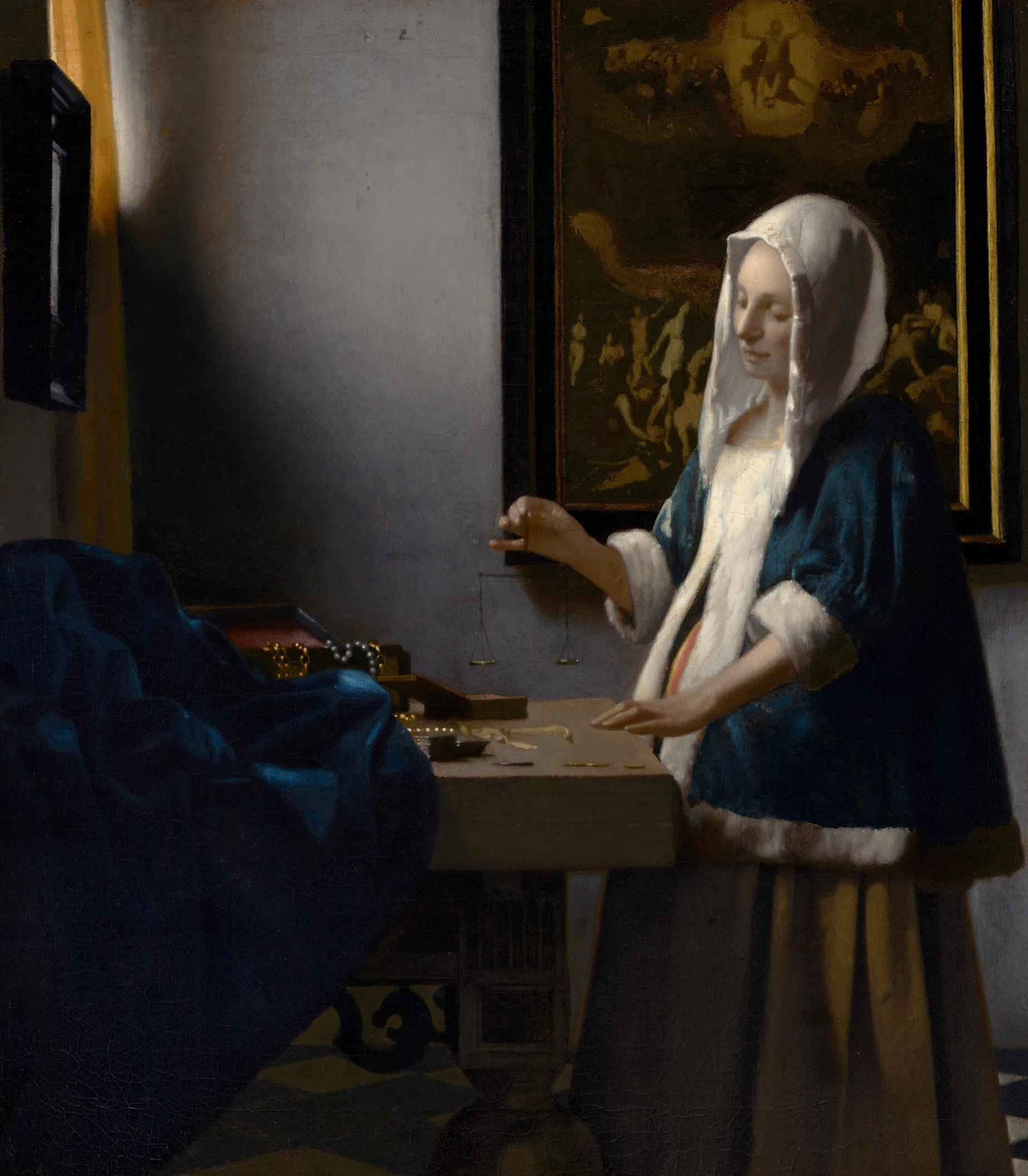
But Catholicism and reformist Protestantism were part of the conflict and exacerbated it.
During the republican hunger strikes starving prisoners who professed to be fighting for a socialist republic were depicted on wall murals accompanied in their cells by the Virgin Mary.
Even in recent years, republicans have been saying the rosary at commemorations for their dead though they contended with the church and defied its condemnation of their killings. Essentially they were proclaiming that they valued and
understood the Gospel better than the clergy did.
In numerous broadcast debates evangelical Protestants argued that Catholics were not actually Christian.
In the early Troubles Rev Ian Paisley - who later entered into coalition with former IRA leader Martin McGuinness - argued that the Trotskyite students who protested for civil rights were actually being directed by the Pope.
We used to argue that the trouble was not really about religion at all, though it appeared that way. But it was, in part.
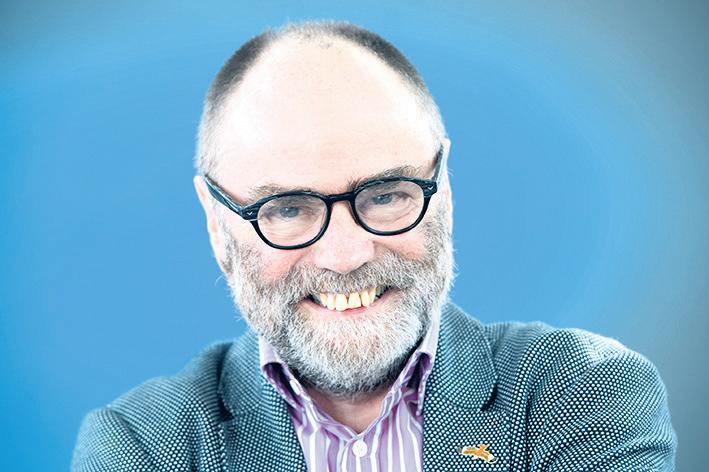
Paisley knew that the way to rouse passionate Protestant ire was to persuade the people behind him that it was their religious faith that was being challenged.
Yet even he was right some of the time. When he depicted an Irish republic that conceded too much power to the Catholic Church he had a point.
We didn’t know then - or want to know - about the scale of sexual abuse of children by clergy.
But the collapse of the influence of the Catholic Church, while it reflects a change in the character of modern Ireland, is not total. Many people still
get married in church and most still have church funeral services. Their problem is that they are running out of priests.
The religious orders of nuns and brothers have virtually disappeared. Yet very few people profess emphatically that they are atheists. The failure of the churches was to recognise and cater for a religious inclination that was virtually native to the people, who hadn’t found a collective way to direct their sense of what they often call spirituality but knew what they didn’t want - men in black hovering over them.
Malachi O’Doherty’s own novel on the Northern Irish Troubles, Terry Brankin Has A Gun, is published by Merrion.
Malachi O’Doherty’s book How To Fix Northern Ireland Is published by Atlantic Books
by Maeve Dùghlas-Connolly
A HEAD teacher in Dorset has been forced to deny social media rumours that his school is letting pupils identify as animals. This happened after an anonymous local campaign spiralled into social media outrage.
Patrick Earnshaw, principal of Highcliffe School in Dorset, sounds a thoroughly fine chap and an inspiring teacher and academic, even though he vaguely sounds like a character from Wuthering Heights.
Anyway, Mr Earnshaw took aim at the gossip on social media, firmly rejecting suggestions that pupils were being allowed to “identify as cats or dogs” and use litter trays provided by teachers.
He criticised Facebook groups for fuelling the story, pointing out that the same claim had already flared up online nearly two years ago, adding that it wasn’t true back then and is not true now.
But this whole “identity” business I just can’t fathom at all.
I mean, I certainly don’t identify as a cat. Although between you and me I’m beginning to wonder if my cat has me marked down as a possible feline.
According to some zoologists, it seems that cats regard humans, not as different species, but as just big, more stupid cats than they are
And that, at least in my house, explains a lot. My own cat looks at me with the weary disdain of someone who thinks I’d struggle to survive five minutes without her supervision. She may be right. Forget social media conspiracies — the real story is that cats have already won. It’s that old saw that draws the distinction between dogs and cats. We feed dogs, give them love, give them shelter, so they think, “Those humans — they must be gods.”
We give cats a home, feed them, keep them warm, play with them and they think to themselves: “Hmmm I must be a god.” Or perhaps, “We must be far cleverer than those stupid big cats.”
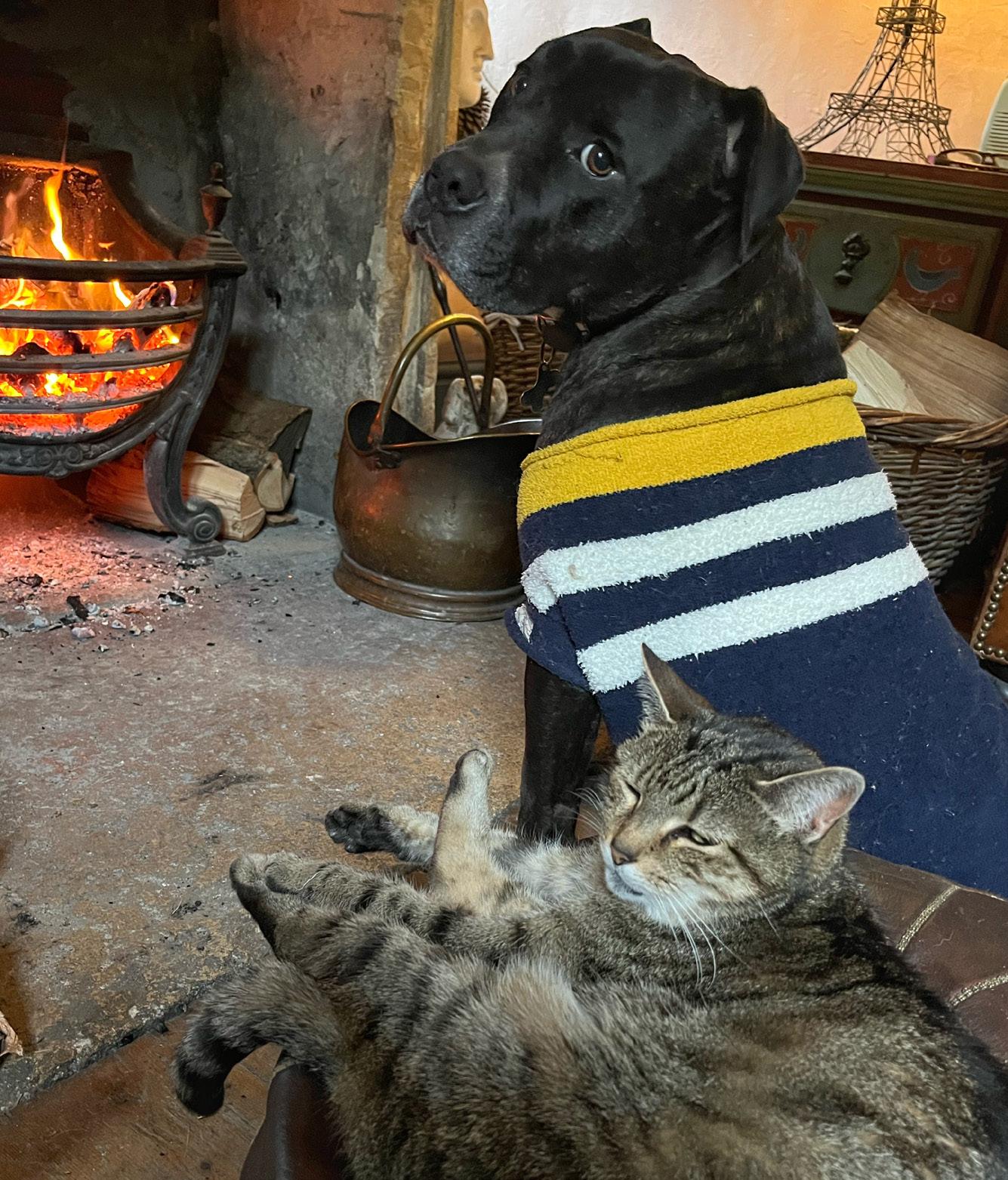
Irishwoman’s battle on the home front
IN OUR house the heating dial is less a control panel and more a battleground. With autumn now here, and winter just round the corner, hostilities have resumed. My husband from Ayrshire insists that 16 degrees is “perrrrfectly warm.” I, meanwhile, am Irish — and therefore genetically predisposed to believing that anything under 20 degrees is cruel and unusual punishment. So begins our daily pas-de-deux: I nudge the thermostat up, he sneaks it back down. He claims it’s thrift; I call it frostbite avoidance. The children, naturally, have inherited the best of both worlds — they lounge around in shorts while I shiver in a cardigan and he mutters about electricity bills. My son says being half Irish and half Scottish allows him to be fey and tight-fisted at the same time.
The whole situation reminds me of my mother in Meath, who never once turned on the immersion without a whispered prayer to St. Jude, patron of hopeless causes. Heating the house was considered reckless indulgence, and of course it was a bonus if the immersion heater actually fired up. A miracle, in fact.
Now, in Britain, with an Ayrshire man guarding the dial, I find myself making the same arguments Mammy did — only this time I’m the one insisting we’ll “all catch our death”.
Sometimes I wonder if this is what the Good Friday Agreement was really about: two sides turning the dial up and down until someone gives in.
DELIGHTED to hear that Lord Alton is on the mend. The BritishIrish peer Lord Alton of Liverpool was one of 17 people, including the driver, who were injured when a double decker bus crashed near Victoria Station two weeks ago. The 24 bus mounted the pavement and hit a barrier near a crowded bus stop at about 8.20am on Thursday, September 4. Fortunately there were no fatalities, but Lord Alton suffered a head injury and a broken spine. In spite of his serious injuries Lord Alton has returned to work. In a message on his website, he says that a spinal brace is helping his broken back heal. He writes: “Two weeks today since the London bus crash. Overwhelmed by kindness and messages. Slowly healing, but the break in my back will take longer. Hope the other passengers and driver are also on the mend. TFL tell me an Inquiry into the cause of the accident is underway.”
Born David Patrick Paul Alton in London in March 1951, His father was a Desert Rat who had served in the Eighth Army, and then worked for the Ford Motor Company. His mother was a native Irish speaker from the West of Ireland. She was born in Tuar Mhic Éadaigh Gaeltacht bordering Maamtrasna.
Lord Alton has long held both Irish and British citizenship.
On his website, David writes: It’s hardly surprising that, with an Irish-speaking mother from the West of Ireland, from an early age I was told the stories of the Irish famine and the stories of the struggle for Irish independence. Boycotts, evictions, and the Black and Tans were just some of the stories which I heard as a boy….. Brought back to Mayo since I was just two or three years old, I have vivid memories of the remote villages and homesteads around Lough Mask, where she grew up. In the parish of Tourmakeady
everyone seemed to be related to my mother – or so it seemed to a young child.
For 18 years David Alton was an MP and today is an Independent Crossbench Life Peer. He also served as President of the Catholic Union.
Lord Alton began his career, long before he was a peer, as a teacher and, in 1972, while still a student, was elected to Liverpool City Council, becoming Britain’s youngest City Councillor. In 1979 he became the youngest member of the House of Commons (Liberal) for a Liverpool constituency.
In 1997, and when he stood down from the Commons, he was appointed a Life Peer. No wonder. His campaign slogan was “Everyone Knows Someone Whose Been Helped by David Alton,” and that was, and is, very true. All of us at The Irish Post wish him a speedy recovery.

minutes with...
What are you up to?
I’m buzzin’ for the release of A Chara and enjoying the September Barcelona breeze after an intense summer.
Which piece of music always sends a shiver down your spine?
CMAT’s Euro-Country has me absolutely obsessed this summer, especially the bridge. Goosebumps every time.
Which musician or singer has most influenced you?
I’d say right now, in terms of approach and philosophy, Joni Mitchell and Damien Dempsey. Joni for how she describes and lives her creative process and for not getting caught up ever in definition, and Damo perhaps more in the performative sense and the sacredness and intention that’s held when he plays live.
What’s on your smartphone playlist at the minute?
A bit of Mitski, Billie Holiday, Flyte, Mk.gee, The Marías and Durand Jones & The Indicators and some Rod Stewart for when I’m really wanting to outcool myself.
What are your favourite lyrics?
Hands down, it’s gotta be ‘You walked into the party like you were walking onto a yacht’ from You’re So Vain by Carly Simon. Iconic. Or the ‘clouds in my coffee’ line from the same song. I will never not be fascinated by that one. No idea what’s meant by that, so singable though.
What are your family roots in Ireland?
My family’s from Dublin and my sisters and I were raised in Kildare. There’s some Sligo in there too tracing back to my great-grandad.
What is your favourite place in Ireland?
Probably the nature trail in Kilcullen. I’ve been living away for nearly a decade so it’s the simple home pleasures that do it for me. That and a pint in McTernan’s with the Christmas decorations up all year round. Yeah.
Have you a book that has been a major influence on you?
About a month ago I read The Café on The Edge of the World by John Strelecky and it hit me like a ton of bricks. I bought a copy because I saw a
Kildare-born, Barcelona-based Elle León Gallagher talks to The Irish Post ahead of the release of her album A Chara in October.
chap on the metro one morning looking very invested, I noticed the subtext under the title ‘a story about the meaning of life’.
Pantomime or opera? I was a theatre kid so...PANTO.
Which trait in others do you most admire?
The ability to NOT overthink everything. What I wouldn’t give...
What’s the best advice you’ve ever been given?
Not to fear pouring your heart into what you do and to really embrace discovery through curiosity and general trial and error. This goes for art and life, one and the same.
In terms of inanimate objects, what is your most precious possession?
I should probably say my guitar or piano? I still have my first teddy bear Katie, she has a massive forehead.
What’s the best thing about where you live?
My people.
And the worst?
Lack of accessible venues and performance spaces.
What’s the greatest lesson life has taught you? Transparency is rewarding.
Dogs or cats or both or neither?
I’d say I’m more of a plant person.
What do you believe in?
Having a wee little dance at home alone to Shania Twain to pump myself up for any mundane task the day requires of me.
Who/what is the greatest love of your life?
Hmmm I’d say I live for expression, that’s for sure. When it comes to songwriting - it just helps me figure things out before I even know they need to be addressed, that’s for sure. It does be mystic like that. I love connecting to things that go beyond myself and I sure get that feeling from playing with others; the listening and receiving side of it continuously brings me joy and teaches me a lot. I’m a sucker for a good patch of squishy grass and a few cartwheels too.
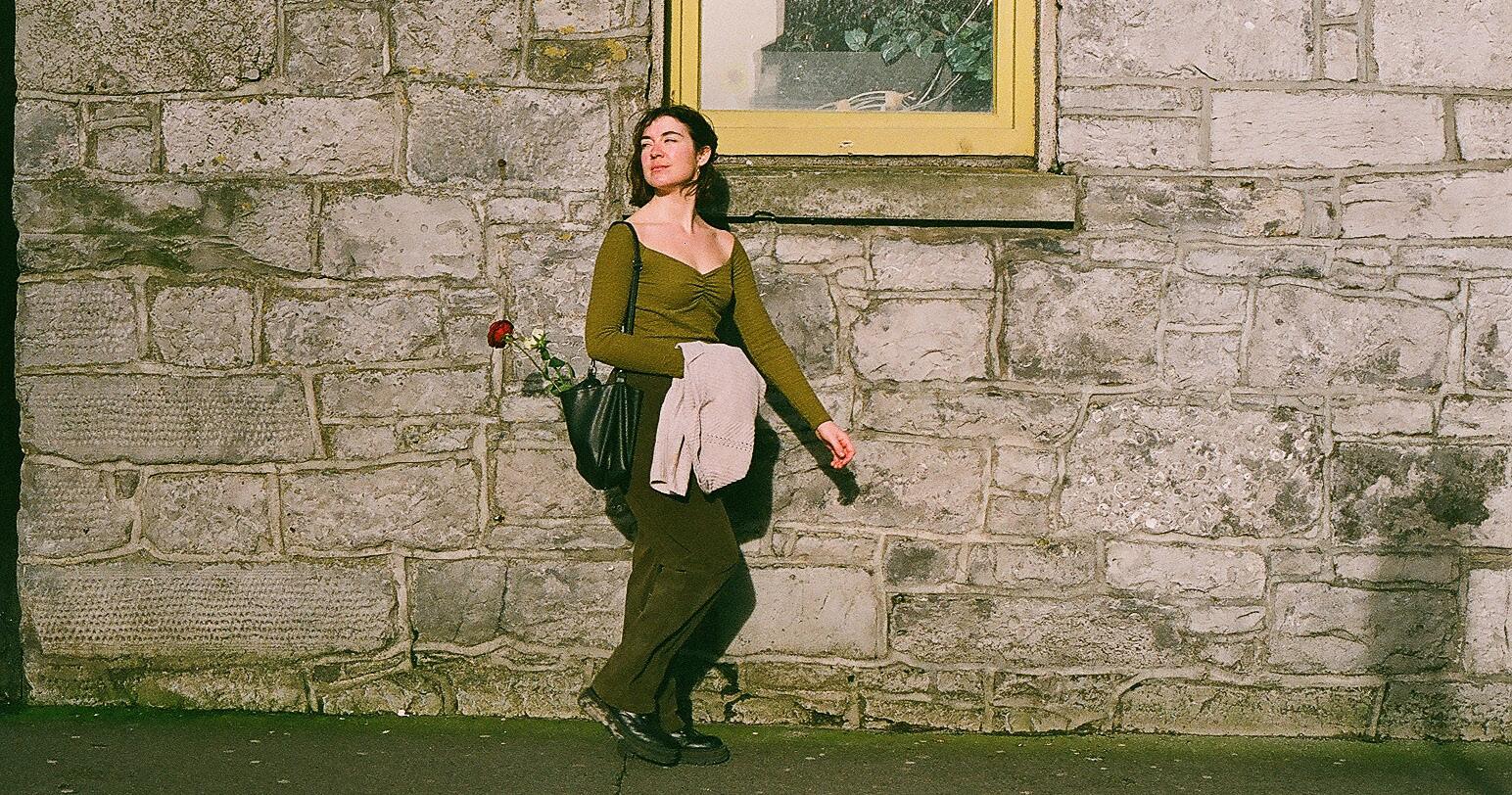
Sally Rooney claims she has been advised not to travel to Britain because of her support for banned protest group Palestine Action
BY GRAINNE CONROY
SALLY ROONEY says she has been advised she “can no longer safely enter the UK without potentially facing arrest” because of her public support for Palestine Action, which the UK proscribed as a terrorist organisation in July. Rooney did not attend the Sky Arts Awards in London, where her fourth novel Intermezzo won the literature prize;

her editor accepted on her behalf and read a brief statement.
Rooney, who lives in Mayo, reiterated her solidarity with the people of Palestine and said she would continue to support non-violent protest despite the ban. In August she wrote that she would direct earnings from her books and TV adaptations towards the group’s legal challenge, prompting a Downing Street warning that such support could risk a terrorist offence under the Terrorism Act 2000.
Palestine Action was founded in 2020 as a directaction network targeting companies linked to Israel’s defence industry. Its activists have occupied factories, sprayed red paint on offices, and staged rooftop protests at sites operated by firms supplying weapons to the Israeli military. The group says its tactics are non-violent but disruptive, aiming to force businesses to cut ties with the arms trade.
In July, the UK government formally banned Palestine Action, citing a series of incidents including damage to two RAF Voyager aircraft at Brize Norton in June. Police put the cost of that attack at around £7m, and prosecutors have charged several people in connection with the case. Ministers argued that the group’s actions met the threshold for proscription under counter-terror law.
Following the ban, large-scale protests and arrests have been reported, with MPs recording 857 arrests under terror powers over one weekend in September. The UN human-rights office has criticised the decision to proscribe the group as a troubling use of counter-terror legislation.
Rooney’s stance has drawn debate across Ireland and Britain, with Irish media noting her decision not to travel to London and to continue supporting legal challenges to the ban.
BY FIONA AUDLEY
FIFTEEN young Palestinians fleeing the conflict in Gaza are set to arrive in Ireland.
Tánaiste and Minister for Foreign Affairs, Simon Harris announced their “imminent arrival” today.
They are all holders of “long-stay visas who had been unable to exit Gaza without assistance”, his department confirmed last week.
“I welcome the arrival of these Palestinian young people to Ireland and wish them every success during their time here,” the Tánaiste said.
“Evacuations from Gaza are complex operations requiring close cooperation, and detailed planning across multiple organisations, led by our Consular and Embassy teams,” he added.
Mr Harris’ Department of Foreign Affairs and Trade said it has worked closely with the authorities in Gaza to ensure that the group could make the journey to Ireland.
“Since the beginning of the crisis in Gaza, the Department of Foreign Affairs and Trade has
supported the travel of more than 200 people from Gaza to Ireland,” they confirmed.
“Exit from Gaza is dependent on receipt of a number of permissions from the relevant authorities,” they explained.
“While the decision to grant or deny these permissions rests outside the control of the Government of Ireland, the Department will continue to seek authorisations on behalf of individuals with valid visas for travel to Ireland.”
Mr Harris said he remains extremely concerned about the escalation of Israel’s offensive in Gaza.
“It will only lead to more loss of life, more starvation, and an even greater distance from any hope of peace,” he said.
“Ireland has consistently called for an urgent ceasefire, the release of all hostages, for humanitarian aid to flow and for a concerted effort to bring about a two-State solution. I will attend the UN General Assembly next week and the situation in Gaza will be top of my agenda,” he added.
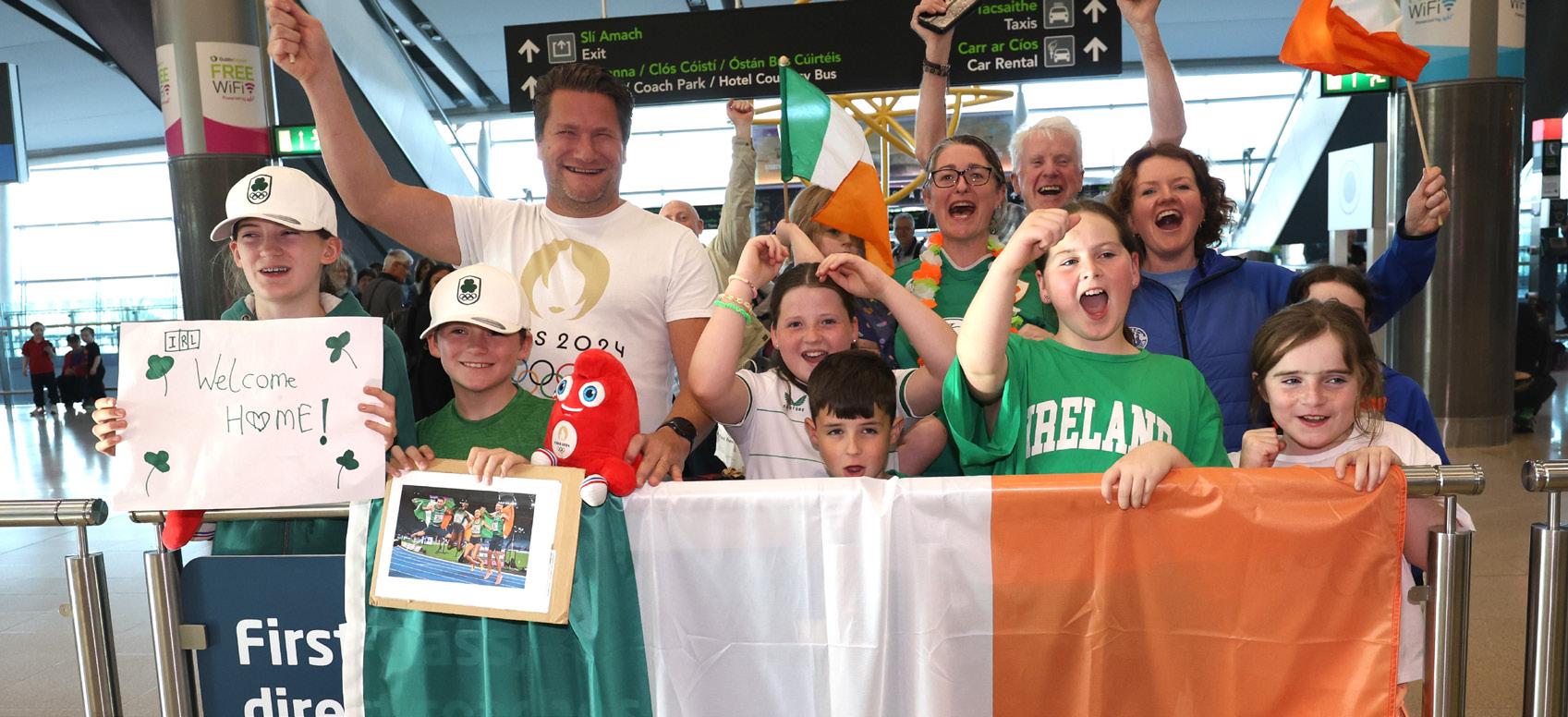
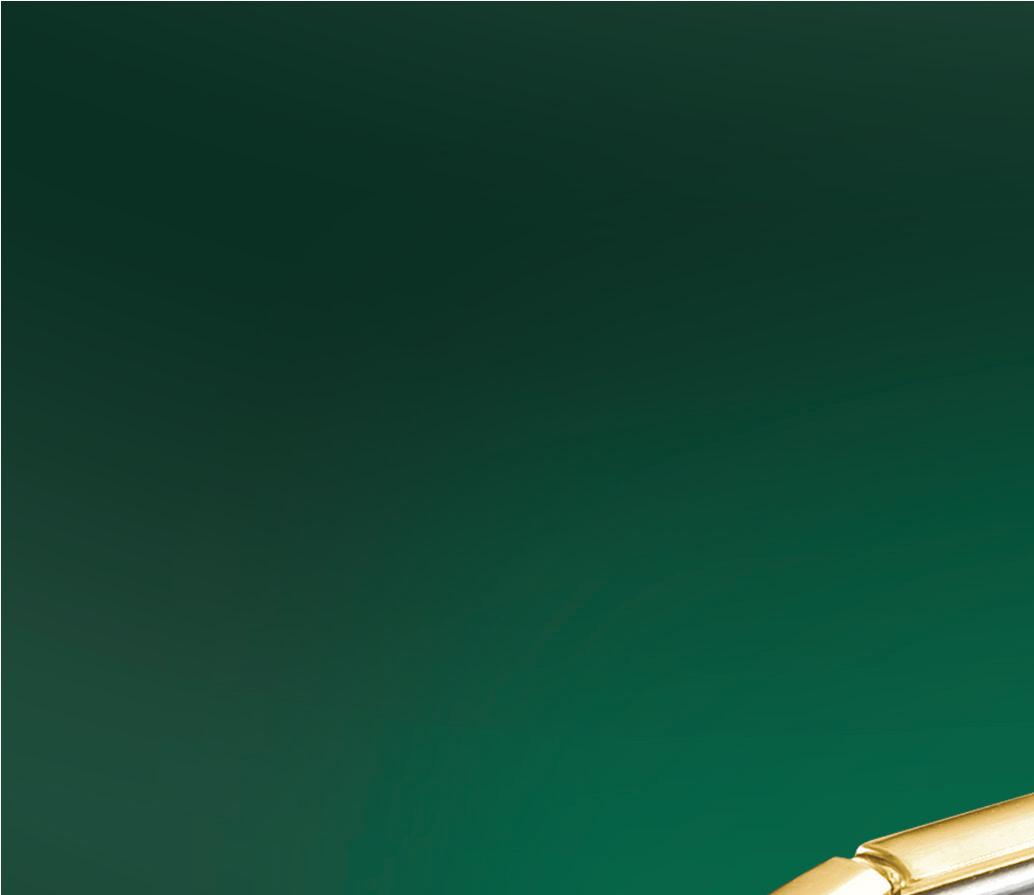
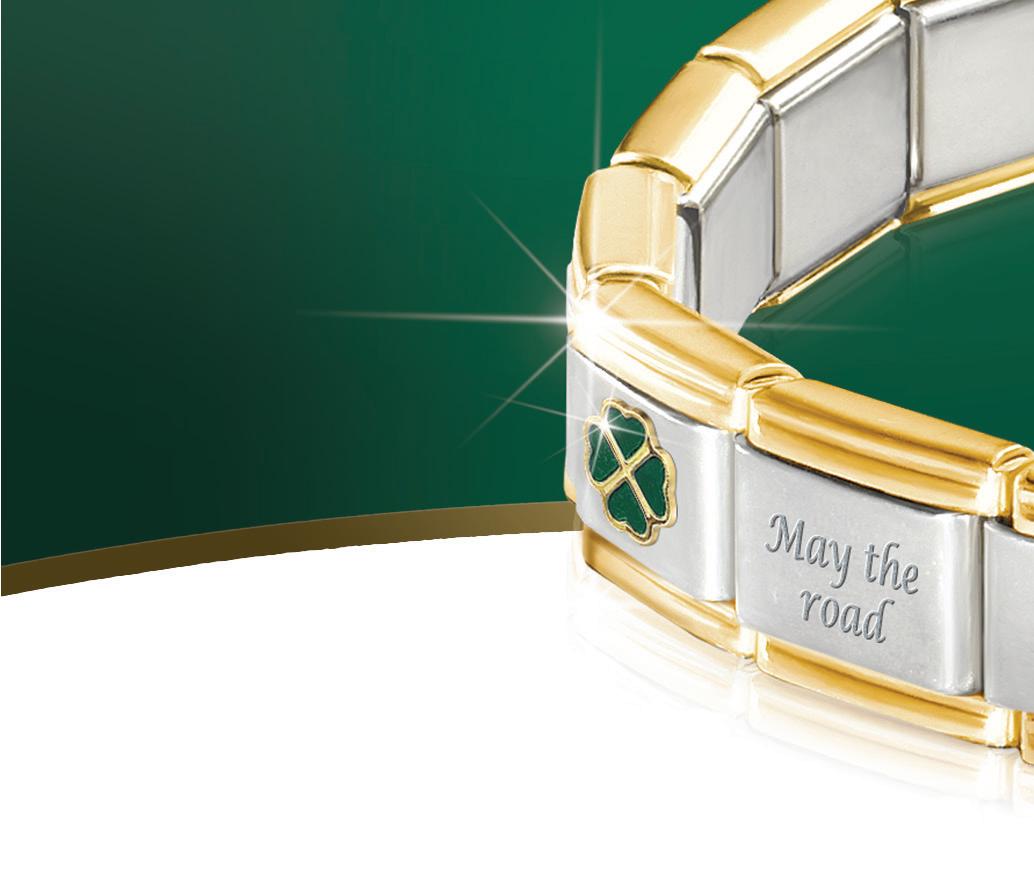
Claddagh & Celtic knot designs

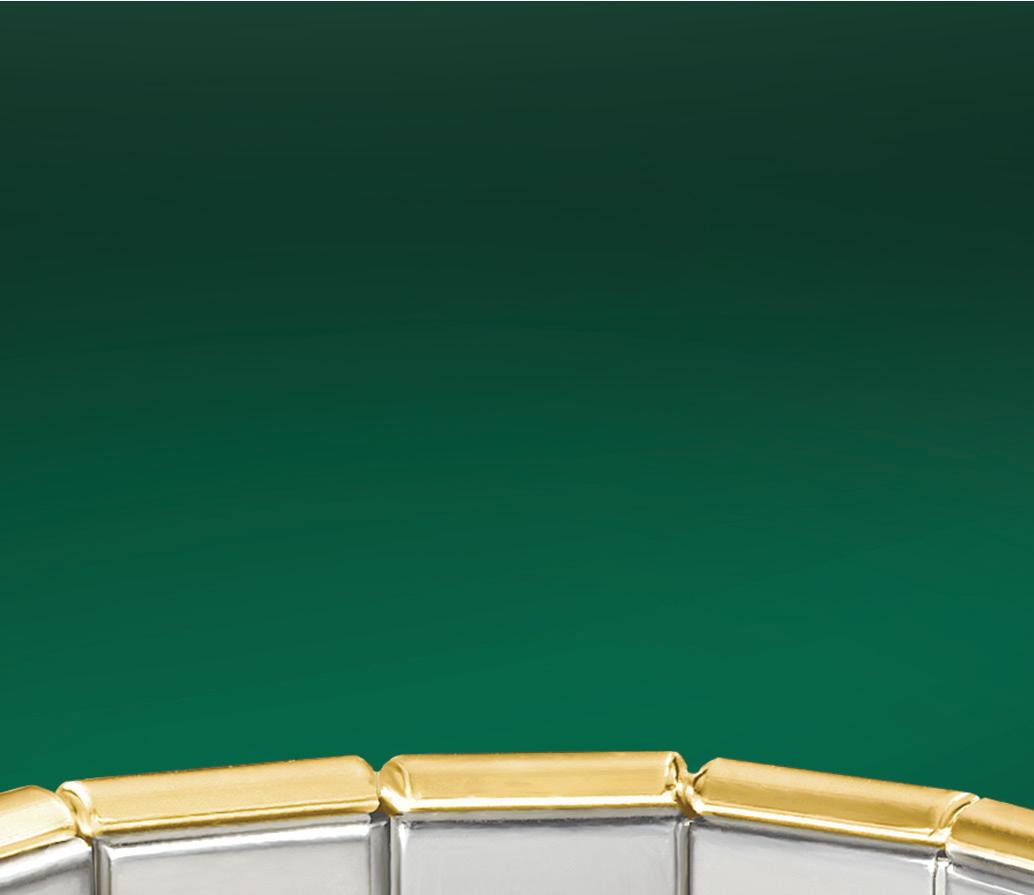

May the road rise to meet you, May the wind be at your back...
Inspired by the rich traditions and heritage the Emerald Isle, The Bradford Exchange presents the ‘Blessings Of Ireland’ Charm Bracelet – an everlasting symbol love, loyalty and friendship.
Irish symbols, 18-carat gold-plating & over 30 Svenka™ crystals
Expertly handcrafted from durable stainless steel layered with gleaming 18-carat gold-plating, this unique charm-style bracelet showcases 17 individual and interchangeable charms – many sparkling with over 30 Svenka™ crystals in total. Special charms re ect Celtic heritage from the Claddagh, to the Celtic Spiral and Trinity Knot – symbolising love, friendship and unity throughout life. Other charms capture the faith and ora of our beloved Irish homeland. Selected verses from the traditional Irish blessing, May the road rise to meet you, also grace four of the gold-plated charms.


Not on the high street – order your Irish charm bracelet today!
is charm bracelet jewellery treasure will be accompanied by a custom-designed presentation case, a traditional Irish blessing keepsake card, a Certi cate of Authenticity and our 120-day money-back guarantee. It is available for just 3 interest-free instalments of £33.33 – that’s only £99.99 (plus £6.99 S&S)*. Pay nothing now – complete and return your Priority Order Form today!










in Britain, the national charity representing Irish organisations and individuals across England, Scotland and Wales, has set out its ongoing work to strengthen and support the community as it moves into its sixth decade of service.
Founded more than 50 years ago, the charity provides leadership, advocacy and practical support to a wide network of cultural, welfare and community organisations. Its mission is to ensure that the needs and contributions of the Irish in Britain are recognised and valued.
Among its flagship initiatives is the New Leaders/ Ceannairí Nua programme, launched in 2020, which offers free training, mentoring and peer support to emerging trustees. The scheme is designed to build the next generation of Irish community leaders and to ensure that voluntary groups remain sustainable, wellgoverned and future focused.
Another groundbreaking project is Meitheal Muintire, run in partnership with Innisfree Housing Association. It focuses on end-of-life care within the Irish community, drawing on traditions of solidarity and mutual
support. The initiative conducted the largest-ever community consultation on care and bereavement, which will form the basis of a new charter for change. The aim is to encourage open conversations and promote culturally sensitive support for families and carers.
Irish in Britain has also thrown its weight behind the campaign for Philomena’s Law, named in honour of Philomena Lee, whose story highlighted the injustices faced by women and children in Ireland’s institutions. The proposed legislation would prevent payments made by
the Irish Government to survivors being counted as savings in meanstested benefits, ensuring no survivor is penalised for compensation recognising the harm they endured.
Over the decades, the charity has built a strong research and policy record. Its campaigning led to Irish cultural identity being formally recognised in the UK census for the first time in 2001. Today, it continues to run health initiatives on dementia, heart health and healthy ageing, tackling the inequalities and social exclusion often experienced by Irish people in Britain.
In 2023, Irish in Britain marked its 50th anniversary with Look Back to Look Forward, the largest oral history project of its kind. The exhibition, documenting the story of the Irish in Britain, was seen by more than 120,000 people across these islands.
At a time when communities can feel divided, the organisation says it remains committed to championing the contribution of generations of Irish people who made Britain their home.
THE West London Irish Society is set to host its 72nd Annual Gala on Saturday, October 11, 2025 at the Clayton Hotel in Chiswick.
The gala, has long been the highlight of the Society’s calendar, as well as a night of dining and entertainment, the gala raises vital funds for charities.
Founded in 1953, the West London Irish Society is dedicated to celebrating Irish heritage and fostering connections within the wider London community. Through its annual Gala and other events, the Society raises
vital funds for charitable causes while preserving and sharing the richness of Irish culture.
In recent years, the Gala has raised more than £24,000 in one night alone, and this year is supporting the Irish Cultural Centre, the Irish Youth Foundation, BIAS, icap, and Acton Homeless Concern. This year’s event is expected to make an even greater impact.
Mick McCormack, Chairman of the West London Irish Society, said: “As we celebrate our 72nd charity gala night, we are proud to continue supporting charities that

are so vital to the Irish diaspora, which need help and advice in these difficult and ever-changing times. We are lucky to have some great support from West London Irish companies and individuals, which promises to make it a night to remember.”
West London Irish SocietyGala Saturday, October 11 Clayton Hotel, 626 Chiswick High Road, Chiswick W4 For tickets, contact Mairéad Agnew – mairead@ thehelpden.co.uk Mick McCormack – 078 8764 1635

- Emesco works, Lynwood Gardens, Croydon, Surrey, CR0 4QH
Specialists in Basements, Groundworks & RC Frames
Congratulations to the Irish Post on their 55 Year anniversary!
All of us at P. Colohan & Co. Ltd. would like to extend our warmest congratulations to the Irish Post on celebrating 55 years of publication.
For over half a century, you have been a vital voice for the Irish community in Britain, sharing stories that inform, connect, and inspire. We are proud to celebrate this milestone with you and wish you every success for the years ahead.



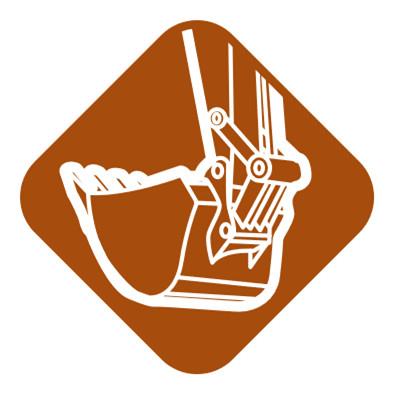
With over 50 years’ experience, we deliver expert basement, groundwork, and reinforced concrete frame solutions. Trusted by developers across London and the home counties, we pride ourselves on quality, safety and e�iciency.
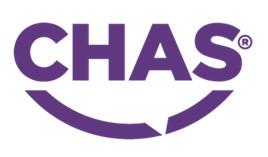


BY FIONA AUDLEY
tech firm has committed a £16m investment to drive the digital transformation of its workforce in Northern Ireland.
US-owned Allstate Northern Ireland has confirmed the funds will be used to “upskill and reskill” its workforce in Derry and Belfast.
“We’ve already invested £6.5m in strengthening the digital skills of our staff over the last two years with Invest NI’s support,” Stephen McKeown, Managing Director of Allstate NI, said this week.
“This unprecedented investment has already repaid us with the expertise needed to drive digital change,” he added.
Economy Minister Dr Caoimhe Archibald pictured with Anne Beggs, Chief Commercial Officer at Invest NI and Stephen McKeown, Managing Director of Allstate NI
“We’re committing a further £9.5m over the next three years to ensure our Northern Ireland workforce stays at the forefront of global technology innovation, equipped with the right tools and future-ready skills to continue leading and delivering exceptional customer experiences.”
Northern Ireland’s Economy Minister Dr Caoimhe Archibald visited the firm’s offices as the investment announcement was made.
“With 1,700 employees in Belfast and Derry, Allstate plays a vital role in the North’s tech sector,” she said.
“This investment in skills strengthens the industry, supports local talent, and empowers its workforce to lead global digital innovation.”
The investment positions Allstate NI at the forefront of the corporation’s global ‘Transformative Growth’ programme which will modernise its international technology operations and enhance digital capabilities.
Welcoming the investment, the Minister said: “With 1,700 employees in Belfast and Derry, Allstate plays a vital role in the north’s tech sector. This investment in skills strengthens the industry, supports local talent, and empowers its workforce to lead global digital innovation.
“Last year we launched a new Digital Skills Action Plan, which will help grow our buoyant digital sector, and in turn providing an increasing number of new and exciting good job opportunities.”
Under its upskilling initiative
Allstate NI’s will offer staff training

opportunities across disciplines including full-stack software development, cybersecurity, cloud computing, artificial intelligence, and data engineering.
The company is also introducing new management development programmes to support leadership and technical career progression.
Anne Beggs, Chief Commercial Officer at Invest NI, who have supported the firm, said: “The global insurance industry is evolving rapidly, and companies must adapt to remain competitive.
“By investing in skills, technology and leadership development, Allstate NI positions itself as a Centre of
Excellence within the broader Allstate group.”
She added: “This benefits employees, reinforces Allstate’s commitment to Northern Ireland and strengthens our reputation as a hub for fintech and digital innovation.
“Our skills support is a key driver in helping it achieve this.”
BY GERARD CASSINI
A new research hub has been launched at University College Dublin (UCD) that will use artificial intelligence (AI) to transform weather forecasting in Ireland.
The AIMSIR (AI for Meteorological Services, Innovation and Research) Centre is the first of its kind in the State. Backed by a €5 million invest- ment from Met Éireann, it will focus on developing AI-driven tools to improve the accuracy of predictions for extreme and multi-hazard weather events.
Based in UCD’s School of Mathematics and Statistics and working with the UCD Earth Institute, the centre will bring together more than 60 researchers across mathematics, computer science, physics, engineering and climatology. About 20 PhD students will be trained in its
first years, with a new MSc in AI for Meteorology and Climate Change also planned.
UCD President Professor Orla Feely said the partnership with Met Éireann would strengthen Ireland’s ability to respond to the growing risks posed by climate change. She noted that advances in weather prediction are now essential for the protection of people and infrastructure.
Minister for Further and Higher Education James Lawless described AIMSIR as a pioneering initiative that placed Ireland at the forefront of climate and weather research. He said it reflected the best of Irish research in its interdisciplinary approach and its focus on the future.
Met Éireann Director Eoin Moran said the centre would significantly enhance public safety and resilience. He characterised it as a strategic investment in building national
expertise in data-driven weather and climate forecasting.
On RTÉ’s Morning Ireland, Professor Andrew Parnell, Director of AIMSIR, emphasised that the new centre would not replace Met Éireann’s existing services but would work alongside them. He explained that all projects involve Met Éireann staff to ensure they provide added value rather than duplication.
Parnell said AI models were already being tested against traditional forecasts, with signs of greater accuracy emerging. He suggested that over time these models would become an increasingly important part of forecasting.
He also pointed out that climate change is already bringing record heat and more intense rainfall to Ireland, and argued that AI tools could help the country react more quickly to such extremes as they become more common.
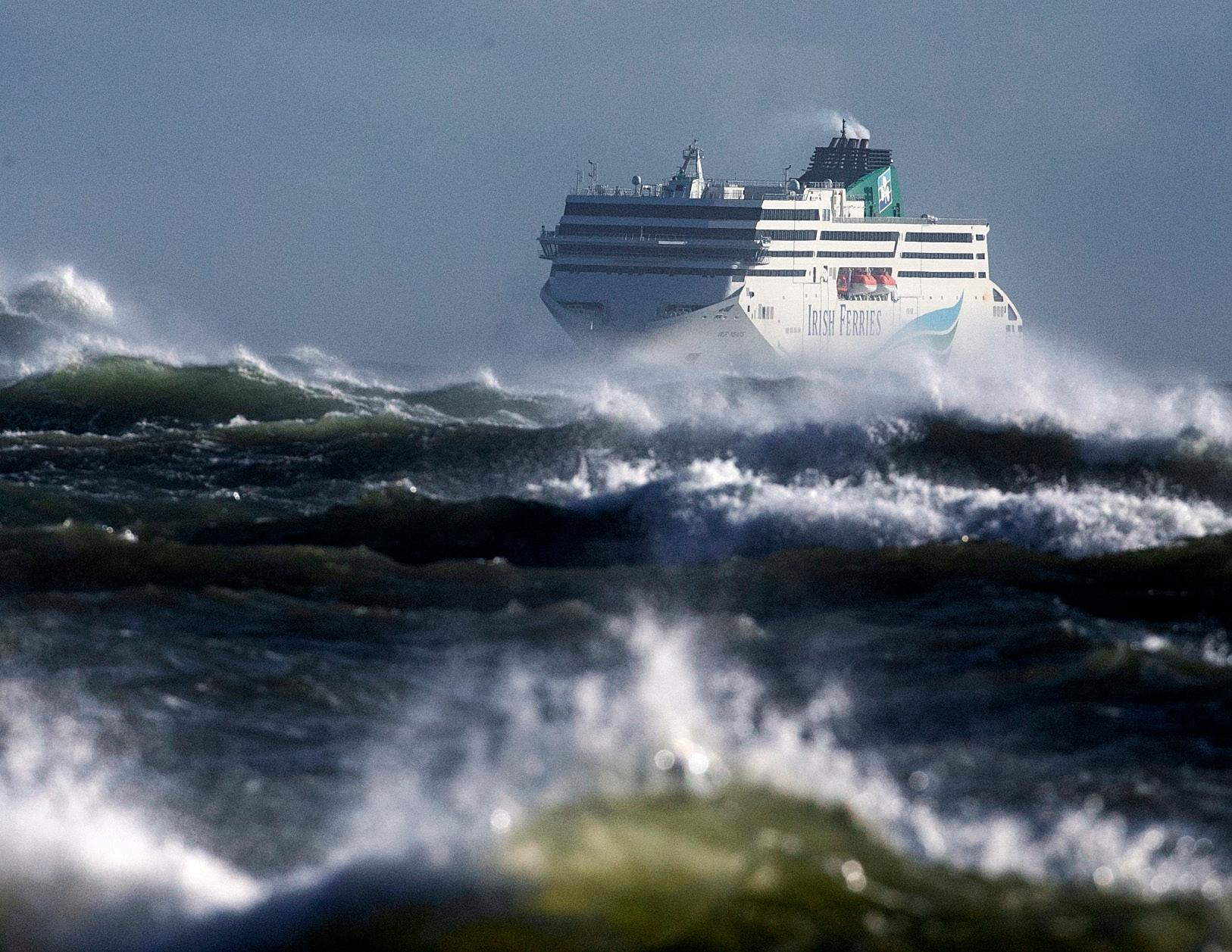
BY GRAINNE CONROY
PASSENGERS at Dublin Airport will no longer face the longstanding 100ml restriction on liquids, gels and pastes, with new security scanners allowing bottles of up to two litres.
From midnight tonight, travellers will be able to leave liquids, gels and electronic devices inside their hand luggage during security checks. The liquids no longer need to be placed in clear plastic bags, and there will be
no limit on the number of containers carried.
The change follows a multi-million euro upgrade of security technology at Dublin Airport. Thirty new C3 scanners, similar to CT machines used in hospitals, have now been installed across both terminals.
Daa, which operates Dublin Airport, said the new system provides the “best threat detection technology” available and allows the airport to implement the changes ahead of an EU deadline later this year.
Head of Communications Graeme McQueen said the scanners will make a “safer, smoother and quicker” experience for passengers.
“The level of detail that our scanners are able to see is really, really high,” he said. “They can spot a troublesome liquid much easier. This is the safest technology available. We’re one of the first major airports in Europe to be fully C3, and that’s great news for passengers.”
The rollout took around three years to complete and required what
Daa described as a “substantial financial investment.” Work to introduce the same scanners at Cork Airport will begin later this month.
What’s changed
• Liquids, gels and electronics can stay in hand luggage during screening.
• No limit on the number of liquids carried.
• Containers of up to two litres now permitted.
• Liquids and gels no longer need to be in clear plastic bags.
What hasn’t changed
• Belts, boots, jackets, hoodies and bulky outerwear must still be removed.
• Passengers must empty their pockets, including keys, wallets and phones.
The 100ml liquid rules were first introduced in 2006 following heightened global aviation security measures. Other standard screening procedures remain in place.


A BELFAST bookshop has removed Stephen King’s novels from its online store and demanded a “more comprehensive apology” from the author following comments he made after the fatal shooting of US activist Charlie Kirk.
Kirk, 31, a close ally of Donald Trump, was killed during a Utah Valley University event in what police called a political assassination.
In a since-deleted post on X, King claimed Kirk had “advocated stoning gays to death.”
After criticism, including from Republican senator Ted Cruz, the horror writer admitted he had misread material online.
“The horrible, evil, twisted liar apologises,” he wrote, before adding: “This is what I get
for reading something on Twitter w/o fact-checking. Won’t happen again.”
King later stressed: “I was wrong, and I apologise. I have deleted the post.”
Belfast Books, based on York Road, described his original remarks as “abhorrent and ill-informed” reports the Belfast Telegraph, In a statement viewed millions of times, the shop said: “We thought so much more of you Stephen King, and even though this may harm us financially we’re removing all your books from our website.”
The store told the Belfast Telegraph that King’s apology was insufficient, calling on him to “go further” before his titles would be restocked.
His books include Carrie, Misery, The Green Mile, all of which have been made into major films.
the
initiative
Council, IMMA and The Digital Hub. Phase One of These Walls launched on Culture Night mid-September and continues into 2026 with immersive exhibitions, live performance and soundscapes.

THE family of late Offaly farmer Joe Grogan has frozen the administration of his multi-million-euro estate amid an ongoing legal dispute with his widow, Lisa Flaherty.
Mr Grogan, 75, who was suffering from stage-four cancer, married Ms Flaherty the day before his death in April 2023.
His cousins have since lodged a legal caveat at the Probate Office to prevent the automatic transfer of his estate, valued at more than €5m.
They have confirmed they intend to challenge the validity of the marriage in the High Court.
At an inquest last month, the court heard that the family’s solicitor Damien Tansey raised questions about the circumstances surrounding the marriage and Mr Grogan’s care in his final days. He also referred to concerns about the timing of embalming and the farmer’s level of contact with relatives.
The coroner, Raymond Mahon, told the hearing that there was no evidence to support a referral for unlawful killing. He found that Mr Grogan most likely died from infection linked to a weakened immune system, and said the threshold for criminal proceedings had not been met.
Giving evidence at the inquest, Ms Flaherty said she and Mr Grogan had been in a relationship for more than 16 years, having known each other since her teenage years, and insisted she had supported him throughout his illness.
Mr Grogan left no will. Under Irish succession law, Ms Flaherty is the sole beneficiary of the 220-acre farm at Screggan, near Tullamore, where she hosted this year’s National Ploughing Championships.
The inquest also heard that Mr Grogan had previously received compensation of up to €900,000 for land used in a ring road development. His family maintain their legal challenge will proceed before the distribution of his estate.
AN INQUEST has heard that an elderly British couple devoted to each other died by suicide at their home in Kenmare after one of them was diagnosed with terminal cancer.
The Tralee District Court inquest was told that Tony and Phyllis Gilbert, both aged 83, were found dead at their bungalow in Dromneavane in November 2021. Gardaí were alerted after a family member discovered a note pinned to their front door stating they were “no longer alive”.
The Kerryman reports that evidence presented to the inquest said a tape recorder inside the house contained two messages from the couple. In one, Mr Gilbert said they had been “together in life” and planned to be “together in sleep”.
The inquest heard that the couple, originally from Norfolk, had moved to Kerry in the 1990s and ran a glass engraving
business in Kenmare. Their granddaughter described them as “as close as you can be companionship wise.”
Solicitor Vincent Coakley told the hearing that Mr Gilbert had contacted him in October 2021 to arrange wills for himself and his wife, citing health concerns. Both signed the documents days before their deaths, and witnesses confirmed they acted of their own free will.
Garda evidence to the inquest stated that there were no signs of injury or trauma. Post-mortems carried out by Chief State Pathologist Dr Linda Mulligan found that both had ingested a poisonous substance. She said death would have occurred quickly. Ms Gilbert was noted to have stage-four pancreatic cancer which had spread widely.
Coroner Aisling Quilter returned verdicts of suicide in both cases, describing it as a “traumatic” matter. She offered condolences to the family, while Garda Sergeant Aoife Dolan also expressed sympathy on behalf of An Garda Síochána.


THE trip from Derry to Coleraine is, according to Michael Palin, “one of the most beautiful rail journeys in the world.” I was reminded of this when the former Monty Python man’s travel documentary Great Railway Journeys: Derry to Kerry appeared as part of the BBC’s “Railway 200” season, marking the bicentenary of the first steam passenger train service, opened on September 27, 1825, between Stockton and Darlington. The Derry train along the banks of Lough Foyle (be sure to sit on the left) is truly astounding. The railway is the best way to see the ‘polder’-like, reclaimed appearance of the coastal strip between Derry and the mouth of the Roe — an unusual terrain in Ireland. But it also passes some of Europe’s most spectacular scenery: the Causeway Coast, Mussenden Temple, the Giant’s
Causeway, Dunluce Castle.
Palin wasn’t just there to enjoy the scenery. He was attempting to trace his greatgrandmother Brita Gallagher, who he thought might have had Donegal or Tipperary roots. At any rate, he believed she had left for America sometime in the late 1940s or early 1950s. But no passenger lists helped him out, and at that point he was no wiser about Great-Gran Brita.
Still, he enjoyed the journey, and at one point — on the Derry train — fell in with a gentleman called Tom McDevitte. Tom had served as a rail clerk on the now-defunct Clogher Valley Railway, and he recalled some of the vicissitudes of the branch line.
At one village it was regularly held up by a goat on the line owned by a woman called Maggie Coulter. The fireman had to dismount and pelt the goat with small shards
must-listen on Radio 4. It is one of the station’s most successful discussion programmes, acknowledged to have “transformed the landscape for serious ideas at peak listening time.”
This month Bragg announced that he is standing down. He’s 85, so he has earned a bit of a rest.
of coal to make it move. When Maggie decided she had enough fuel for the fire, she called the goat in.
It’s reminiscent of a tale from the old West Clare Railway. The line was immortalised in verse by Percy French, who recounted many incidents on the route.
French used the train regularly, and on one occasion when it made an unscheduled stop in the middle of nowhere he asked a guard what was up. “Ah, it’s an ould cow sitting on the line, sir.”
Eventually the train started up again and lumbered towards Ennis. But after ten minutes it shuddered to a halt again. As the guard sauntered through the carriage, Percy said, “Don’t tell me – another cow?”
“Ah no,” said the guard, “’tis the same ould cow.”
One memorable discussion was on time, with Belfast man Jim Bennett, author of Church, State and Astronomy in Ireland: 200 Years of the Armagh Observatory. If you haven’t been to the Observatory lately, put it in your diary and underline it with a squiggly line — maybe add a few asterisks and smileys.
“THE LAW of averages.” That old saw gets wheeled out very regularly. Whenever the lottery balls have been unkind, or when the horses have recorded another challenging result, out it pops. In non-sporting life it can even be used in fateful predictions: “There haven’t been any aircraft crashes for ages. There must be one due…”
But the law is nonsense.
It’s a folk myth, a gambler’s fairy tale. A horse at Leopardstown isn’t “owed” a win just because it’s lost ten in a row. The National Lottery machine isn’t feeling guilty about ignoring the number 17 for the last ten weeks.
The real law, the one the bookies know and cherish, is the law of large numbers. In simple terms this says that when you repeat a random experiment (or event) many times, the result is basically what you’d expect. Bookies shave a sliver off the odds, what they call the “overround” (the sum total of the odds) and that’s always their cut. Poker players live by the same law: one hand or even one night might produce startling results, but across thousands of deals the percentages will always come true. The watchful player will see this in action, and play accordingly.
Take the simplest example: a fair coin toss. In theory, it’s evens — 1/1. But no bookie worth his salt will give you that. He’ll offer 10/11 each side. That tiny edge means that if a thousand punters toss that coin in the shop, the results will scatter — half heads, half tails. But make no mistake, the bookmaker’s margin will be there, steady as she goes, every time.
Poker players see the same truth from the felt. Dealt often enough, the maths wins out. Over thousands of hands, percentages trump hunches, and the professional skims his profit the way the bookmaker does with the overround, without ever needing luck to sit at the table.
The “law of averages” remains the great illusion of gambling, of life indeed. It’s what keeps the pubs, clubs, betting shops, casinos and racecourses humming with stories of being “due a win”.
The bookies smile, pour themselves another, and count the profits. Rightly do they say that a racehorse is the only animal who can take a thousand people for a ride at the same time.
And the professional poker players, the successful ones, do much the same as the bookies: they sit patiently, play the odds, and let everyone else chase the luck.
Colette Doherty did just that. Colette, who died this year at the age of 88, was a two-time Irish Poker Open winner (1980 and 1981).
Paul O’Reilly of the Irish Poker Open told this column that Colette was a trailblazer for women in poker around the world. She was honoured at this year’s Irish Poker Open.
Not only was Colette a two-time Irish Open champion, she was also the first Irish player – and one of the first women – to compete in the World Series of Poker in Las Vegas.
Should you wish to see the law of chance in action — but skilfully navigated — the 2026 Irish Open Poker Festival takes place from March 26 to April 6 at the RDS, Dublin. Players from more than 80 countries will be in attendance.
And the best poker advice this column can give? In a game, if after half an hour you can’t spot the mug, then it’s you.

THE announcement of a new framework for dealing with Troubles-era cases in Northern Ireland deserves a cautious but clear welcome. For too long the pursuit of truth and justice has been mired in political stalemate and legal dead ends. Families have carried their grief without resolution, while institutions on both sides of the border have struggled to build a system that commands confidence.
The joint effort by Dublin and London represents a genuine attempt to break that cycle. The decision to repeal the flawed 2023 Legacy Act and to re-establish independent investigations through a new Legacy Commission marks a recognition that the past cannot be tidied away. The creation of a Garda unit is also significant, signalling the Republic’s willingness to shoulder its share of responsibility.
Of course, doubts remain. Victims’ voices must be at the centre, and proper consultation is essential if confidence is to be earned. Funding must be found so that policing today does not suffer as a result of yesterday’s failures. And there must be honesty from all quarters, including paramilitary organisations.
This framework is no panacea. But it offers a path forward. The Irish Post believes that chance should be seized.
THE Labour government, just a year into office, faces challenges on every front: from economic uncertainty to global insecurity, from strained public services to the climate emergency — not to mention the hitherto strained relations with Ireland and other EU states.
At such a moment, the last thing the country requires is yet more instability at the heart of government.
Morgan McSweeney, Keir Starmer’s Cork-born chief of staff, has endured a bruising few weeks as senior colleagues departed and critics circled. Yet the recent state visit of President Trump, whatever one’s view of its symbolism, has provided a timely boost to No 10. It reminded voters that government is judged not only by its internal wrangles but by how it projects leadership abroad and secures investment at home.
McSweeney’s record speaks for itself: he rose through Labour ranks by organisation and determination, helping to steer the party back to electability. Now in Downing Street, he has the unenviable task of maintaining discipline and direction. Labour cannot afford to waste time on factional intrigue. With so much at stake for Britain and Ireland alike, No 10 needs to be allowed to get on with its major job of governance.
DOUG Baxter’s article in The Irish Post on August 23, 2025 promoting the removal of Irish neutrality in my opinion demonised Russia as a military threat to Ireland. His article recommended Ireland consider giving up its neutrality and join either NATO or a formalised EU Defence role. Russia was referred to as having an “aggressive stance” and that it could attack our ports, airports, power grids, communication networks and subsea links. It also stated that Russia could block shipping of our essential supplies.
First, Russia is not only a very large country but also a very wealthy country with over $75 trillion worth of natural resources including oil, gas and precious metals. It doesn’t need more land nor more resources.
It certainly doesn’t need to take over any European country because:
(1) Europe has relatively little oil, gas and other such resources;
(2) Any EU mass immigration problem may be an explosive cocktail for the future;
(3) Russia’s economy is doing very well trading with the expanding BRICS coalition which includes big economies such as Brazil, India, China, South Africa and United Arab Emirates (UAE);
(4) Russia is, in fact, also restrained by its BRICS partners.
As reported in reputable media outlets, one of the reasons Russia invaded Ukraine in 2022 was to defend Russian people in eastern Ukraine who were being attacked by the NATO backed Ukrainian army.
Russian-speaking communities in eastern Ukraine have long claimed discrimination over language and cultural rights.”
Between 2014 and 2022, Thousands were killed in the fighting in eastern Ukraine, and many fled across the border into Russia.
Then there is NATO’s track record, along with that of the US. Apparently, NATO broke its promise of 1990 not to expand “one inch eastwards” towards Russia’s border as part of reassurances about Russia’s security. NATO has actually expanded into 16 countries in eastern Europe since 1997.
NATO was founded in 1949 for collective defence against the old Soviet Union. NATO and Western powers have intervened militarily in Yugoslavia, Afghanistan and Libya, while the US-led coalition
invaded Iraq. Bombs were dropped, thousands of lives were lost and nothing good came out of these military adventures. Iraq is now a very unstable country. Afghanistan is now run by the Taliban. Libya was the best run country in Africa with free healthcare and free education, but it is now a lawless country, has open-air human slave markets and is the main gateway to Europe for African migration. Is it really in Ireland’s best interests to join such an organisation as NATO? Ireland has a very good reputation internationally, consequently the Irish passport is one of the best for world travel. We should keep it that way.
Meanwhile, France, Germany, UK and EU are banging the war drum very loudly to go to war against Russia. Do we want our young Irish men to be conscripted into a European army against a powerful Russian force?
During World War II, Britain was heavily bombed but neither Switzerland, Sweden nor Ireland were attacked. This is another good advantage of neutrality.
I live in Wiltshire and have seen the injuries and the brutalisation of men and their families by their war experiences. Thankfully, in the Republic of Ireland we don’t have this war brutalisation of our young men. Instead of giving away
our neutrality and getting into bed with the old European colonial powers, Ireland should stand firm like Switzerland, strengthen our defence forces, protect our borders, protect our culture and codify in our constitution that we are a neutral country.
Pat Conlon Wiltshire
Editor’s note: This letter reflects the views of the writer. Claims regarding NATO expansion and Russia’s justification for the 2022 invasion of Ukraine are disputed and widely debated internationally.
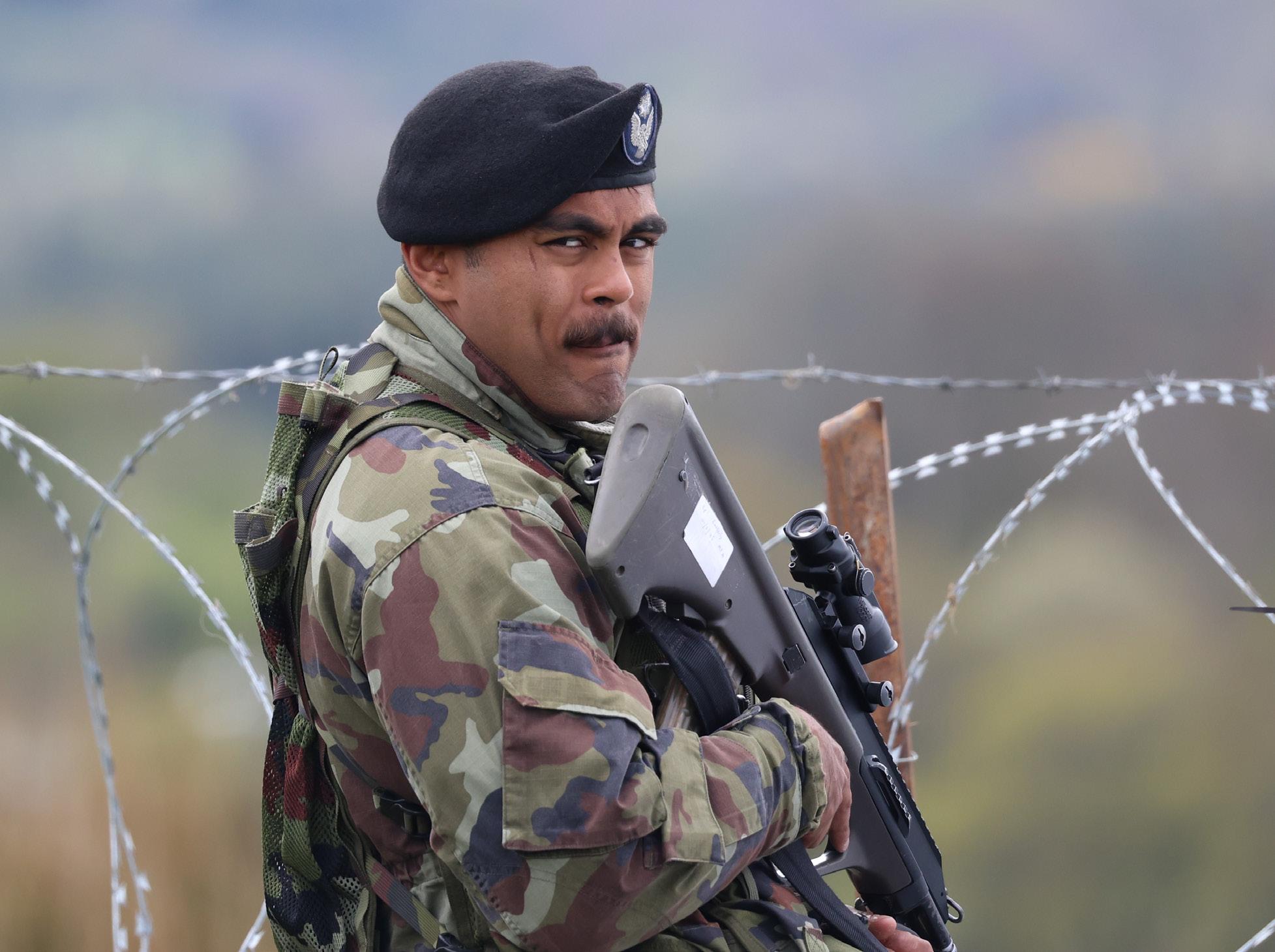

“Stories that break your heart are the ones that stay with you.”
— Anne Enright
The Wren, The Wren (2023) by Anne Enright is a multigenerational novel that weaves together the lives of Carmel, her daughter Nell, and Nell’s grandmother. At its core, the narrative grapples with familiar tropes: identity and the things passed between women—love, grief,
silence. The story opens with Nell’s departure from home, which forces Carmel to confront both her relationship with her own famous father, Phil McDaragh, and the effect of his poetic legacy on subsequent generations.
Enright’s prose here is precise, vivid, often lyrical, balancing moments of harsh revelation with deep emotional resonance.
Through complex character voices, she explores what it means to inherit not just a name or reputation, but also a burden of expectation, and how women in a family can both bend under, and reshape, that inheritance.
Anne Teresa Enright (born 11 October 1962 in Dublin) is one of Ireland’s leading contemporary writers. She has published eight novels, collections of short stories, and a work of nonfiction Making Babies: Stumbling into Motherhood (2004).
Her 2007 novel The Gathering won the Man Booker Prize. She served as the inaugural Laureate for Irish Fiction from 2015 to 2018. Enright’s writing frequently focuses on family, motherhood, identity, and the emotional weight of relationships.
Vol. 54. No. 09. The Irish Post 27a Poland Street London W1F 8QW Tel: 020 8900 4159 www.irishpost.com
EDITORIAL
Editor:
Mal Rogers Tel: 020 8900 4329 Mal.rogers@irishpost.co.uk
Contributing editor: Fiona Audley Fiona.Audley@irishpost.co.uk
ADVERTISEMENTS
Commercial / advertising enquiries: Tel: 020 8900 4223 advertising@irishpost.co.uk
The laundries are gone, but echoes remain as today’s flag-bearers call for a return to the days when women and migrants were silenced
THE LAST Magdalene laundry in this country closed on October 25, 1996. It is reckoned that over the years ninety-six women and girls died at this laundry.
It was in Dublin. The last one in Cork closed its doors in 1991. It is reckoned that over seventy women and girls died there over the years.
Those in Cork are buried in a mass grave in the same cemetery as my grandmother and numerous other relatives. The graveyard itself is a moment’s walk from the house my grandmother used to live in.
Some weeks, in the late 1980s mainly, I’d decide I was going to Ireland, hop on the coach, catch the night ferry, and Saturday morning I’d walk in to my grandmother’s unannounced. She’d give out to me for just turning up and then cook me a fry-up. I didn’t know then, of course, what I know now, that just up the road were these centres of imprisonment for women who’d committed the intolerable sin of having a baby out of wedlock.
One of the disturbing things about the recent anti-migrant march in central London, and it’s quite a crowded field, was the presence of Christian crosses and this talk of the UK,
(though it’s always England they really mean) as a Christian country. It’s an easy jibe, but I’ll make it anyway, just how many do you think of those on that march went to Church the very next day, Sunday?
It is a similar thing in Ireland. Whenever the flag wavers get together on our streets there’s a fair splattering of Catholicism on display. The main instigators are for ever promoting religious iconography, quoting the Bible, or referencing God on their social media feeds.
Conor McGregor, who later withdrew from his attempt to get nominated for the Presidency, even ended his last promotional video on the subject by making a very solemn sign of the cross.
We still haven’t given justice to the women our religion so badly abused and these people want to return us to the times when religion held sway.
What I wouldn’t give for a day back there again, with
One of the disturbing things about the recent anti-migrant march in central London, and it’s quite a crowded field, was the presence of Christian crosses and this talk of the UK, (though it’s always England they really mean) as a Christian country. It’s an easy jibe, but I’ll make it anyway, just how many do you think of those on that march went to Church the very next day, Sunday?
those loved ones I’ve lost, but I’m pretty sure walking up to

Granny Murphy’s would only feel the same if I went back to being as ignorant as I was then.
Isn’t it odd too that so many of these flag wavers are obsessed with protecting women, saving them from the dastardly, evil, foreigner as if no woman in this country ever came to harm at the hands of an Irishman. As if the Church they want back, that they want us all to pray to, has a wonderful history of protecting women. As if most women who are harmed were not harmed by someone they knew rather than a stranger. Facts would really get in the way of a good march though, wouldn’t they? Facts would really get in the way of of a good British day out wrapped in the union jack, drinking traditional British lager from Belgium, and eating proper English food like a curry.
It is easy to think that the Ireland that operated the laundries is well and truly gone and in many ways it has. The fact of the religious orders
avoiding true financial responsibility is another story but the Church does not have the power now it had then and does not have a compliant media and establishment in its pocket.
They can wave their flags all they like but we are not going back. That complacency is misleading though for alongside the rise of social discord and the rising permission for bigotry and prejudice is that we now run the risk of Irish society mistreating Irish people of colour, mistreating immigrants vital to the workforce and the economy, and entombing migrants and asylum seekers in a system that just doesn’t work. Do we want to, fifty years from now, be apologising to a whole new generation of Irish people because of what we allowed to be done to them on account of their skin colour or family background? I’m from an immigrant family, this paper is an immigrant paper, immigration is not a bad thing. Immigration is a good thing. Ignore the flags and the flag wavers. It wasn’t better back then. And it won’t be better in the future with them.
Joe Horgan posts on X at @ JoeHorganwriter
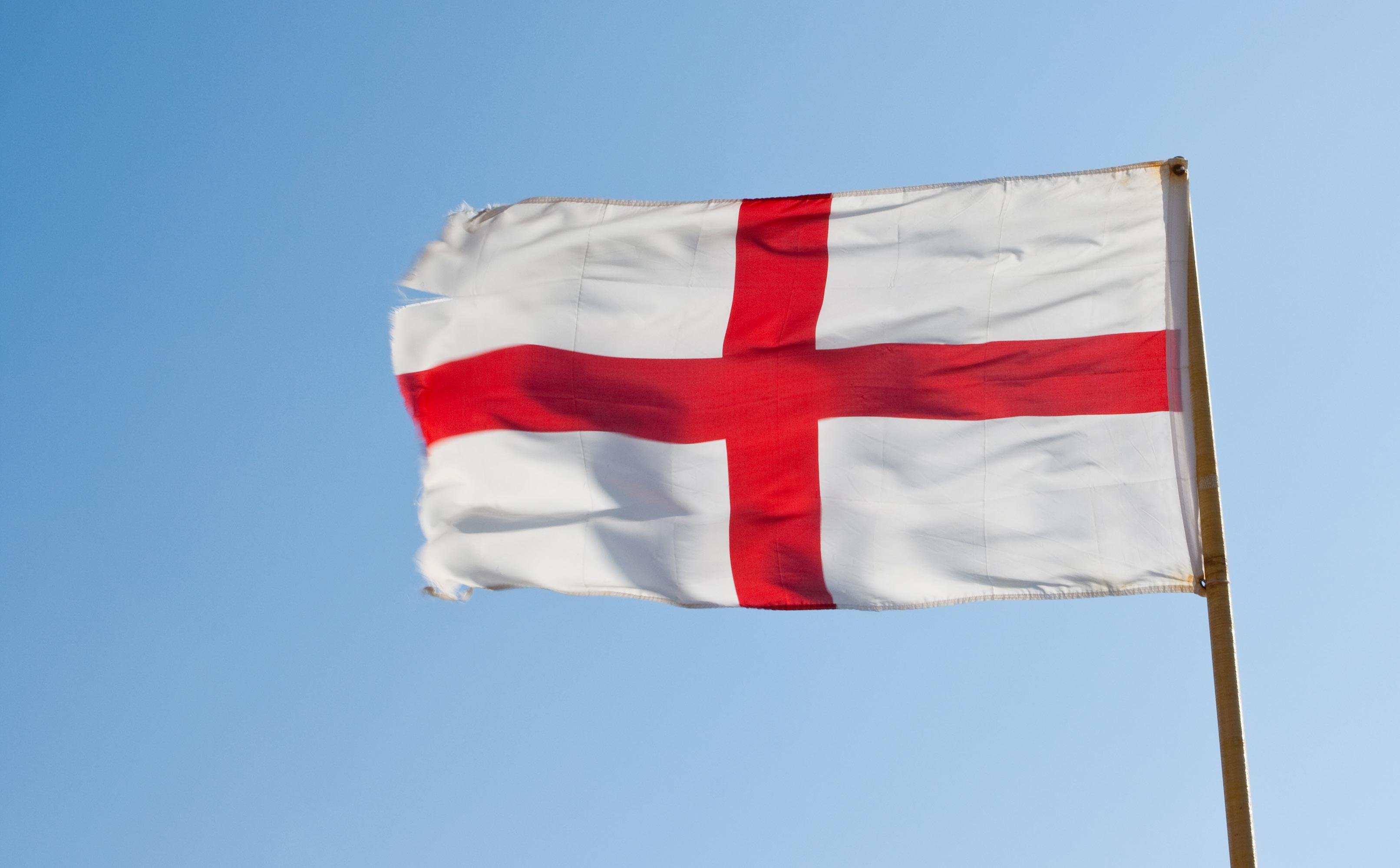
Irish Post commentator PETER KELLY, former student of Dr Phoenix, celebrates the ‘enduring and endearing legacy of the Belfast expert
HISWAS the voice that resonated softly across captivated audiences, TV, and radio broadcasts for decades. The people’s historian — at once charismatic, authoritative, approachable, and engaging. All of which made his passing in late 2022, at the age of 69, all the more poignant and dismaying. But now, with a sense of poetic defiance, Dr. Éamon Phoenix’s lyrical tones have been technologically recreated — with the astonishing input of Artificial Intelligence.
For all the mixed reputation of AI, with many sceptics and naysayers, it has scored a remarkable coup. It reminds Dr. Phoenix’s ever-expanding fan base, some three years after his death, of his enduring role as the “go-to” commentator on Irish history and reconciliation.
The former teacher also worked as a columnist for the Irish News and was a prominent historian and broadcaster for decades. There, he brought to life the dramatic tales and legacies of personalities from Carson to Craig, and De Valera to Churchill. Phoenix revealed many lesser-known stories and twists in the fates of key figures, capturing
loyal audiences by making the past shine through to the present.
In preserving his legacy, the Dr. Éamon Phoenix Foundation — an online archive of videos, publications, quotes, and excerpts of his vast body of work — is celebrating the jewel in the crown of the Belfast historian’s USP: his voice.
Dr. Phoenix’s wife Alice spoke of her initial trepidation in approving the project, saying: “We wouldn’t have allowed it to come out if it wasn’t very close to the real thing.” His daughter Mary-Alice added: “It was emotional, and we feel privileged that his voice is going to go back out to all the audiences.” And, for good measure, granddaughter Nicole confirmed: “At the start I thought it would be impossible. But I honestly think it’s fantastic.”
The AI-powered technology, in bringing Dr. Phoenix’s renowned storytelling talents back to life, will be used to promote his brand of reconciliation through mutual appreciation of history, the Foundation has said. At the launch, Mrs. Phoenix said: “I know that Éamon would have been delighted with this. He travelled up and down the country taking history out to all the people. Now he’s doing it again.”
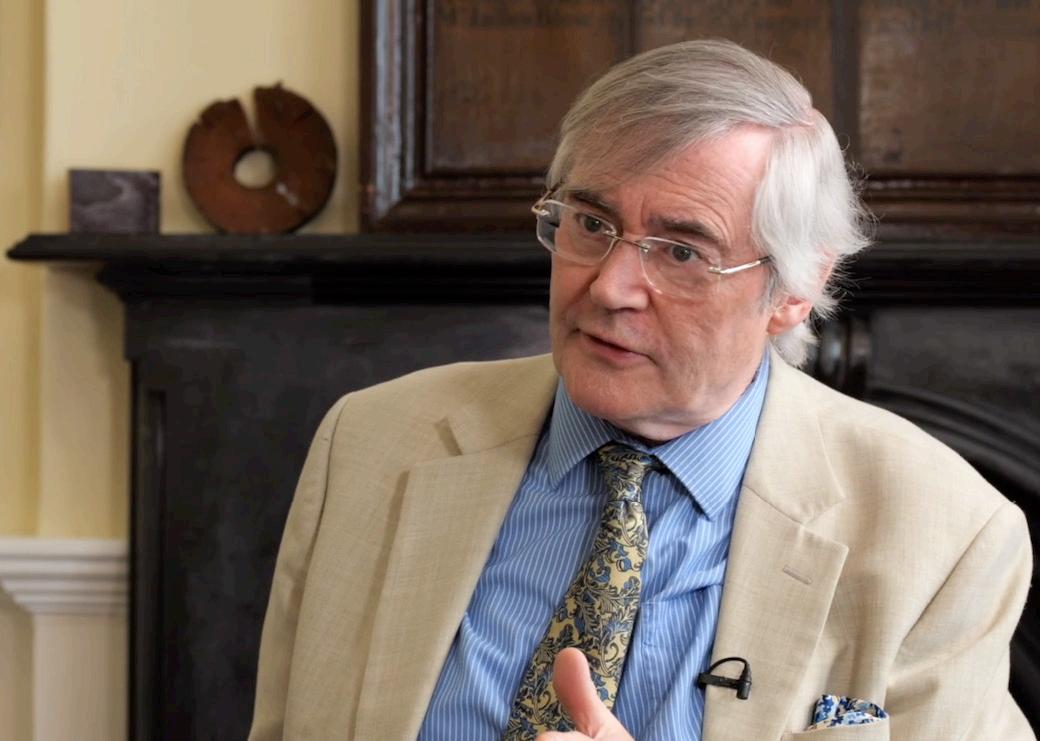
BY MAL ROGERS
BEGINS CHARLES Stewart
Parnell was born on June 27, 1846 in Avondale, Co. Wicklow. This week, on September 27, 1891 he made his last speech. He addressed a crowd in pouring rain at Creggs, Co. Galway, subjecting himself to a severe soaking. On the difficult campaign trail, his health continually deteriorated, and he died the following month.
Parnell was born into an Ireland in the grip of famine, with the seeds of revolution fomenting. His family were prosperous, and in time Parnell became a landowner.
In 1875 he entered Parliament as MP for Meath, and became one of the most formidable figures in
the country.
“His chief accomplishment was to weaken the political and economic power of the landlords.
Linking up with Michael Davitt’s Land League, his tactics were simple but effective. In Mayo, where one Captain Boycott was land agent, Parnell announced:
“You must show him what you think of him....you must put him into moral Coventry, by isolating him from the rest of his kind as if he were a leper of old, and you must show him your detestation of the crime he has committed.”
The English language thus had a new word.
In 1881 the Land Act, was passed; Gladstone the British prime minister had increasingly come to rely on Irish MPs to shore up his majority.
But Parnell, kept the pressure up for reform, and was eventually jailed for speeches deemed inflammatory.
Civil unrest grew. It soon became obvious to the British that Parnell in prison was a greater menace than when free. Eventually a compromise was cobbled together: Parnell was released on condition that he used his influence to quell the increasing violence.
Parnell was undoubtedly one of the most powerful and charismatic figures ever to grace Irish politics, with massive popular support. He was able to give the Irish a feeling of nationalism — alongside the very natural desire to have security of tenure over where they lived or farmed.
Contemporaries and later
speculated that had he lived and not fallen victim of scandal (a love affair with a married woman), Irish history might have been different. Parnell would have been at the helm of Irish politics at perhaps its most crucial period — from 1900 until the 1920s. Redmond wouldn’t have followed him as leader of the Irish Party, and consequently Sinn Féin might not have come into existence; the civil war could have been avoided. Also, with Parnell as leader — an Irishman, a nationalist and a Protestant — there might have been a chance of peacefully uniting Ireland’s two cultures. Parnell did leave one powerful legacy: after him, British authority in Ireland never again rested on a solid foundation.
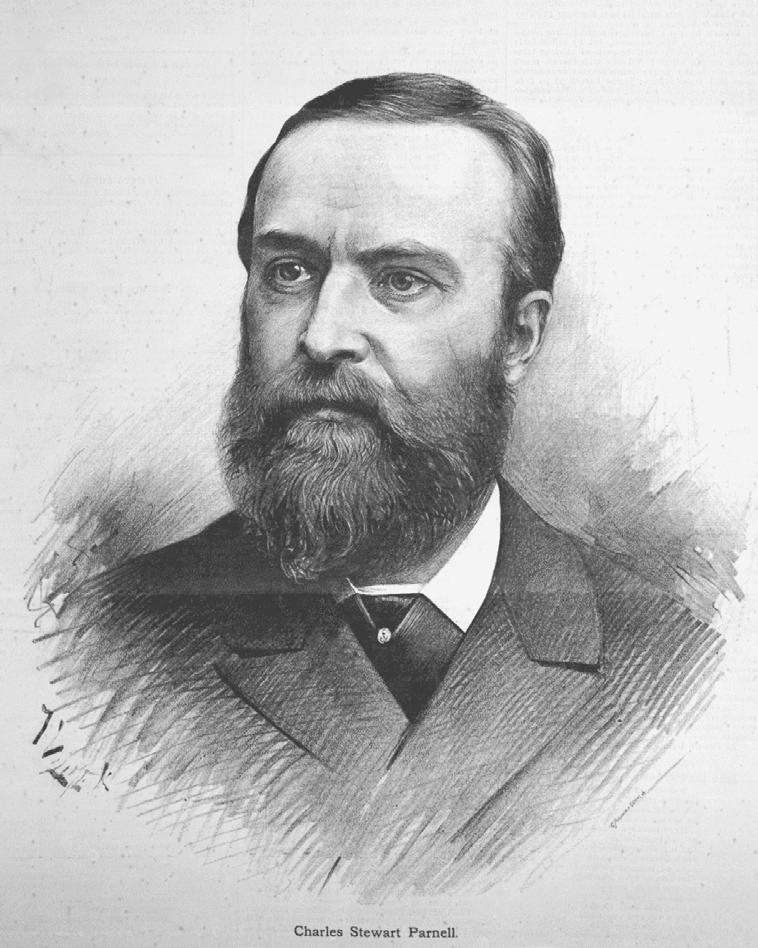
September 30:
1598 - The English poet Edmund Spenser is appointed Sheriff of Cork.
1959 - World premiere of the Sean O’Riada film Mise Éire, at Cork Film Festival.
October 1:
September 27:
1957 - Launch of the Royal Showband.
September 28:
1964 - The Divis Riots: the RUC remove an Irish tricolour from Sinn Féin’s Belfast headquarters.
1978 - Pope John Paul I dies after just 33 days in office aged 65 - the shortest reign in the entire history of the Papacy.
September 29:
1979 - Pope John Paul II arrives in Dublin for the first ever papal visit to Ireland.
1796 - The Royal College of St. Patrick, Ireland’s main Catholic seminary, opens in Maynooth, Co. Kildare.
October 2:
1879 - Kate Coll arrives in New York from Ireland on board the SS Nevada. She later
marries Juan Vivion de Valera, and gives birth to Éamon on October 14, 1882 in New York.
October 3:
1691 - The Treaty of Limerick is signed by Ginkel and Sarsfield, ending the Williamite War in Ireland.
1971 – Death of composer and musician Sean Ó Riada, whose work helped transform and popularise traditional Irish music.
1975 - Dr Tiede Herrema, chief executive of the Dutch-owned Ferenka factory in Ballyvarra, Co. Limerick, is kidnapped by the IRA.
1981 – The
died.
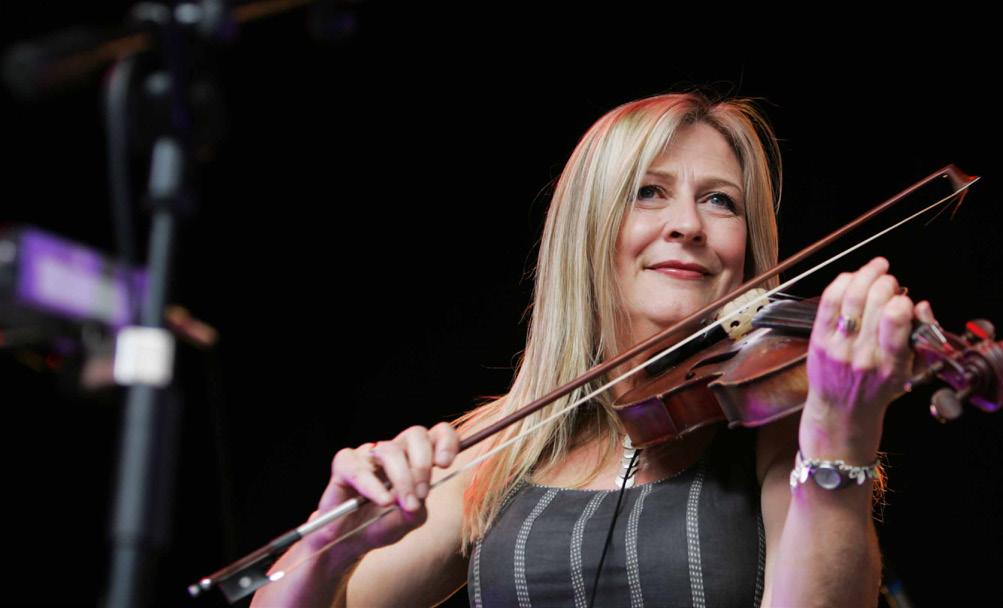
celebrate 40 years on
BY CATRIONA GRAY
collection of essays examines the life, music and cultural impact of Sinéad O’Connor. Nothing Compares to You: What Sinéad O’Connor Means to Us, edited by US writers Sonya Huber and Martha Bayne, brings together 25 contributions from authors reflecting on the late singer’s legacy.
The editors describe the book as “an intimate, evocative celebration” of O’Connor, whose music and outspoken activism made her both controversial and admired, a key cultural figure in music.
Most contributors in the book are US-based, with author Sinéad Gleeson the only Irish voice represented.
Each essay takes its title from one of O’Connor’s songs, moving broadly in step with her discography. Several focus on tracks from her breakthrough albums The Lion and the Cobra (1987) and I Do Not Want What I Haven’t Got (1990).
Her notorious 1992 Saturday Night Live performance of Bob Marley’s War—in which she tore up a photo of the Pope to highlight child abuse—recurs as a central theme, reflecting how the incident reshaped her career and public image.
Some essays explore overlooked material. Journalist Allyson McCabe highlights the little-known 2020 demo Horse on the Highway, describing its rawness as emblematic of the singer’s vulnerability and courage.
Other contributors emphasise themes central to O’Connor’s music and life: surviving abuse, grappling with faith, grief, motherhood and resistance to patriarchal structures
Several essays also situate O’Connor within folk traditions, where her voice is seen as one that “speaks truth to power”. The book highlights the breadth of O’Connor’s influence, particularly on women who saw her as a symbol of defiance and empathy.
Nothing Compares to You: What Sinéad O’Connor Means to Us, edited by Sonya Huber and Martha Bayne, is published by Atria/One Signal, imprints of Simon & Schuster. Visit www. simonandschuster.com.
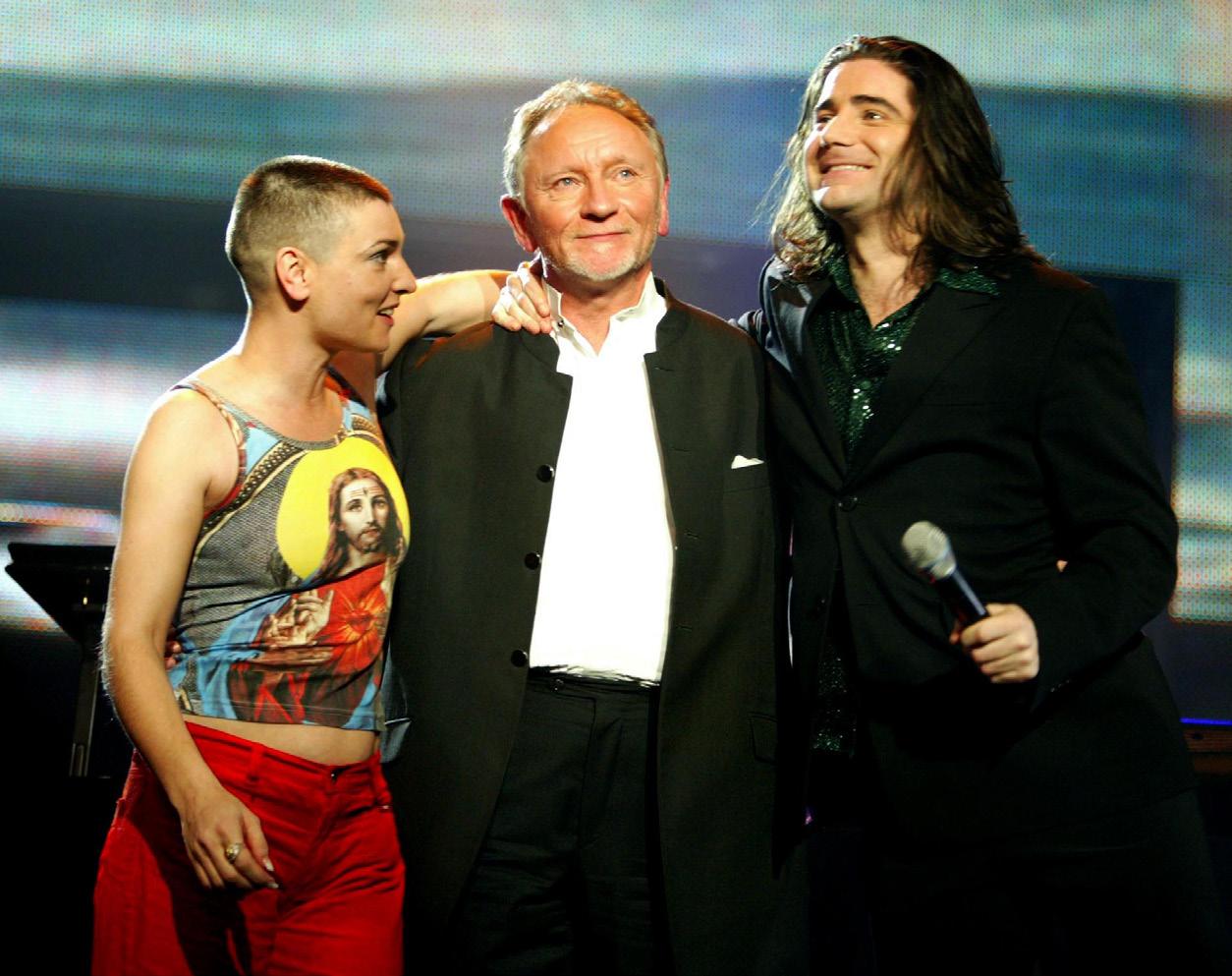
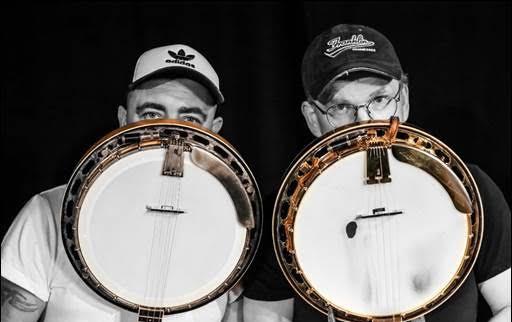
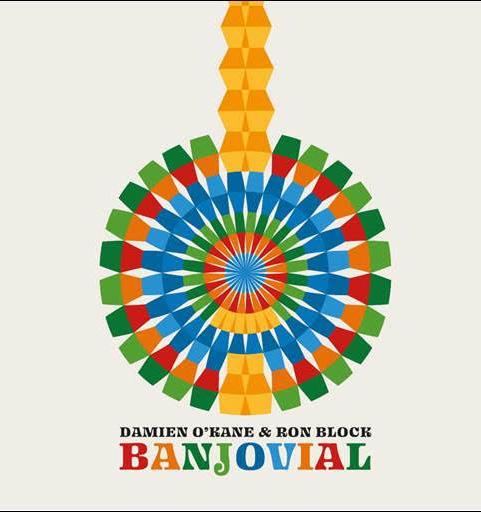
Damien O’Kane and
Block return this autumn with Banjovial, their third studio album, released October 3 on Pure Records. The duo will hit the road with a 14-date UK tour from October 10, including two shows in Northern Ireland. Seven years on from their acclaimed debut, the pair continue to push the banjo into fresh territory. Banjovial features 10 original tunes and two songs that span from high-energy numbers to reflective melodies, all showcasing O’Kane’s Irish tenor banjo and Block’s bluegrass five-string in seamless interplay. Co-produced with Josh Clark, who also adds percussion, the album brings in long-time collaborators Steven Byrnes (guitar) and Duncan Lyall (double bass/ Moog), plus special guests Sharon Shannon, Aubrey Haynie and Tim Crouch. Inspirations range from family and friends to C.S. Lewis’s Narnia, the chaos of COVID, beloved pets and even cartoon themes.
Guests include Sharon Shannon on button accordion, Aubrey Haynie on fiddle and mandolin, Steven Byrnes on guitar, Duncan Lyall on double bass.
O’Kane and Block will be on tour in Britain during October.

BEDFORDSHIRE
Jim Carway presents Luton Irish Live on Diverse 102.8fm from 7pm-9pm every Tuesday evening. Visit www.diversefm.com to follow online.
BRADFORD
Joe Sheeran presents Echoes of Ireland on Bradford Community Broadcasting 106.6FM every Sunday at noon. The programme is repeated on Mondays at 9am and is available online at www.bcbradio. co.uk.
COVENTRY
Hands Across the Waters on Hillz FM. Broadcasting live every Sunday and Monday from 1pm-2pm from Coventry. Peter Fitzgerald plays a selection of Irish and country music. You can tune in locally on 98.6FM or catch the show online at www.hillzfm.co.uk
Join the Four Country Road Show with Colm Nugent and Michael Gallagher every Sunday afternoon from 4pm-6pm. Broadcasting live in Coventry from the studios of Radio Plus 101.5fm and online around the world on www.radioplus.org.uk, the popular hosts play the very best in Irish and Country music, news, guests and more.
GLASGOW
Celtic Music Radio on 95fm and online www.celticmusicradio.net features Paddy Callaghan’s Trad with Pad every Thursday from 6pm-8pm. During the show, Callaghan showcases the best Traditional music around, shares info on upcoming events, classes and welcomes a special guest here and there too.
MANCHESTER
Out and About in Manchester with Martin and Annette Logan, every Wednesday from 7pm-9pm on All FM 96.9fm. The pair bring you news and views from the Irish community across Manchester and beyond. As well as Irish music, special guests, competitions and much more. Follow online at www.allfm.org
The Irish Connection with John Lowry broadcasts live every Saturday from 10am to 12noon on Wythenshawe 97.2fm. The show plays all types of Irish music, from traditional to mainstream, and features interviews with well-known artists as well as new bands and singers. Follow the show online at www.wfmradio.org.
LONDON
RTÉ 2XM’s show The London Ear goes out live every Saturday from 12noon to 2pm. Described as ‘the radio show for Irish people outside Ireland focusing on music, art, and culture’, it is presented by Vanessa ‘Nessy’ Monaghan features interviews with musicians, community groups, actors, and more, all with an Irish in London slant.’ You can listen live or catch up with past episodes at www.rte.ie/radio/2xm/the-londonear
MIDLANDS
Bob Brolly’s Irish Show, Sundays 4-6pm on BRMB Radio 89.1fm and DAB radio.
ONLINE
Gerry Byrne’s Irish Radio list broadcasts live from Monday to Friday from 1pm-3pm and on Saturdays and Sundays from 11am-1pm on www. irishradio.org. This site offers 24/7 non-stop Irish music. Podcasts from each show are uploaded to the website immediately after broadcast. Requests welcome to gerry@irishradio.org
The Irish Cultural Centre in Hammersmith hosts monthly radio show Bright Side Of The Road championing the best of the Irish arts scene on Portobello Radio. Listen along live at www. portabelloradio.com and catch previous episodes at www.mixcloud.com/ICCHammersmith
Mid West Radio, the home of Irish music, chat, news, culture and gossip 24 hours a day! www.midwestradio.ie
RTÉ Radio operates four primary national stations — RTÉ Radio 1, RTÉ 2fm, RTÉ Lyric fm and RTÉ Raidió na Gaeltachta — and six exclusively digital stations — RTÉ Radio 1 Xtra, RTÉ Pulse, RTÉ Chill, RTÉ Gold, RTÉ 2XM and RTÉ Junior, available online.
Irish Country Music Radio broadcasts live and recorded programmes 24 hours a day covering a broad spectrum of Irish music. Listen online at www.irishcountrymusicradio.com
PODCASTS
Jarlath Regan’s An Irishman Abroad podcast continues to deliver great episodes after more than 10 years going strong. Catch the comedian’s weekly chat with a special Irish guest at www. anirishmanabroad.podbean.com
The ‘Nuacht Mhall (Slow News)’ podcast from Conradh na Gaeilge i Londain releases a new episode each week. ‘This podcast is intended as free listening practice for learners of Irish who might not feel ready for Raidió na Gaeltachta yet’, they explain. Listen in at www.anchor.fm/ cnag-ldn/
THE Moseley Folk & Arts Festival was held in the heart of Moseley village. Just outside Birmingham. The Irish Post’s CHRIS EGAN was there with his camera


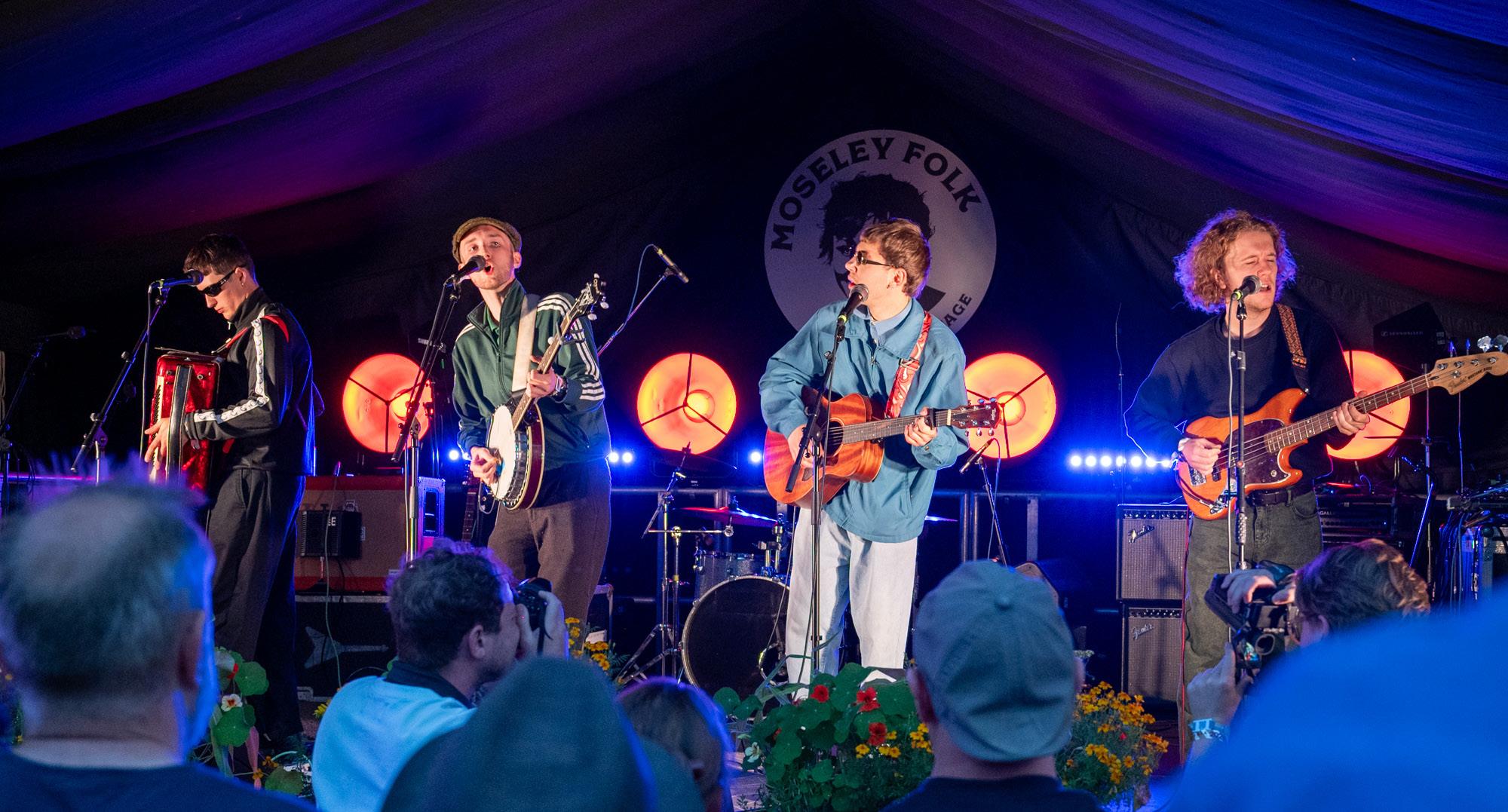
Scott
the Friday

THE IRISH IN THE UK TV SHOW
www theirishintheuktv com
Join Martin each week as he meets the community around the UK with an Irish connection
Every Tuesday evening 8 pm Sky 588

OUT AND ABOUT MANCHESTER RADIO SHOW
96.9 ALL FM Wednesday, 7-9PM with MARTIN LOGAN
Freesat 161 Martin Logan 07808 573142 martinloganmanchester@gmail com
Sponsored by The



T: 0161 248 6767 | M: 07706 682622 E: outandaboutmanchesterradio@yahoo.co.uk
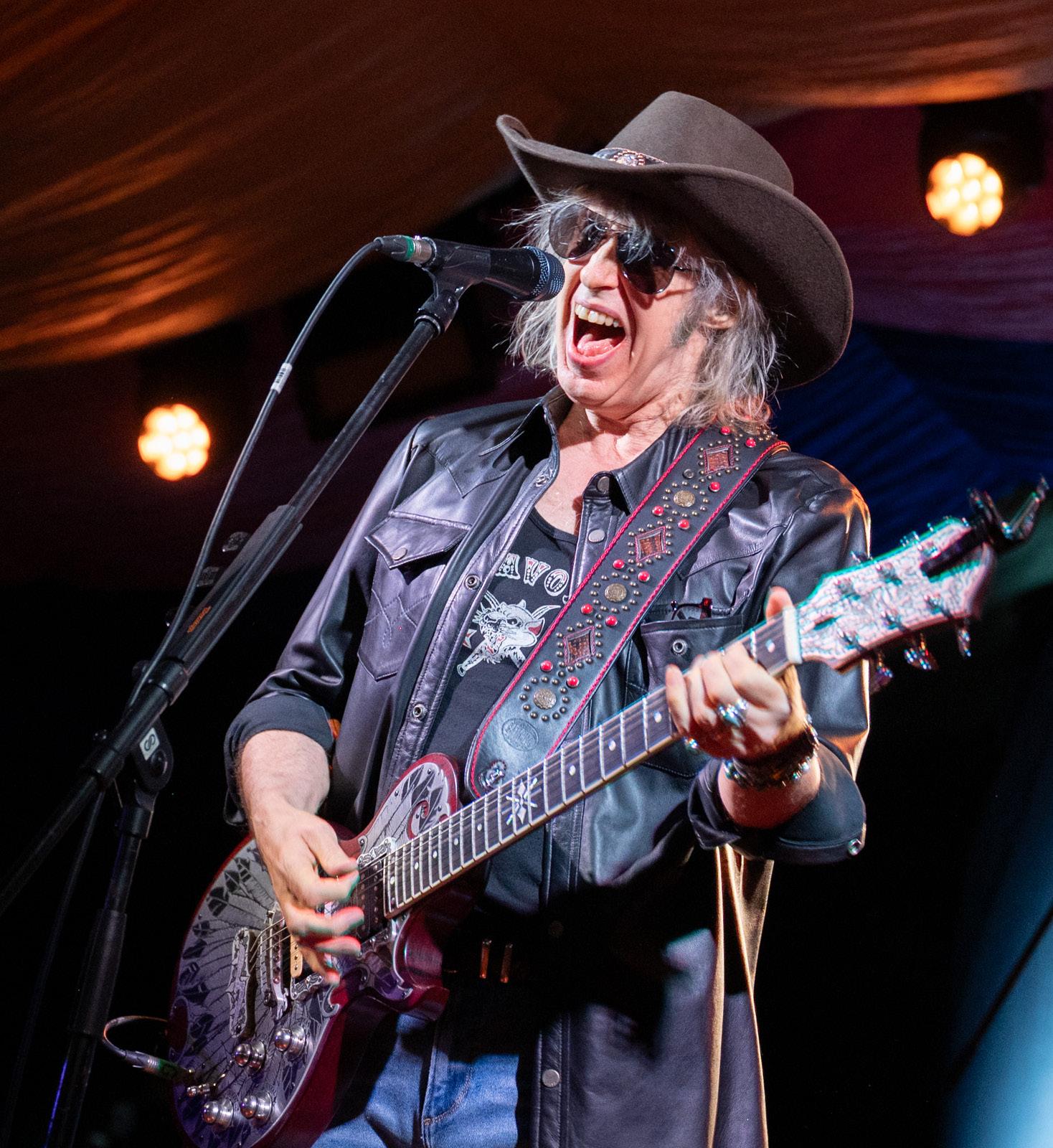


BY FIONA AUDLEY
ASPECIAL set of stamps have been issued to mark 25 years since Westlife began touring.
An Post have launched the limited-edition Westlife 25 stamp collection this month.
They pay tribute to the iconic Irish boy band, which was founded in Dublin in 1998 and has now been going for more than a quarter of a century.
The stamps feature the group’s Kian Egan, Mark Feehily, Nicky Byrne and Shane Filan. They do not include original band member Brian McFadden,
who left the group in 2004.
“To have this recognition means the world to us,” Westlife said in a statement.
“It is such an honour and privilege to be featured on Irish stamps and it is a very special way to commemorate our 25 years of Westlife touring together.”
“We are so grateful to the fans who’ve supported us right from the very beginning and also a special mention and thank you to An Post too.
“See you on the envelopes! Love Kian, Mark, Nicky and Shane.”
The stamps do not feature original band member Brian McFadden
Created by Shaughn McGrath Creative, who worked closely with the band, the

stamps feature images of each band member with their signature.
The Westlife 25 Stamps are available to buy at anpost.com/westlife, with booklets also available in post offices nationwide.
Daniel O’Donnell has told fans he has no intention of retiring, even as his longrunning official fan club prepares to close at the end of the year.
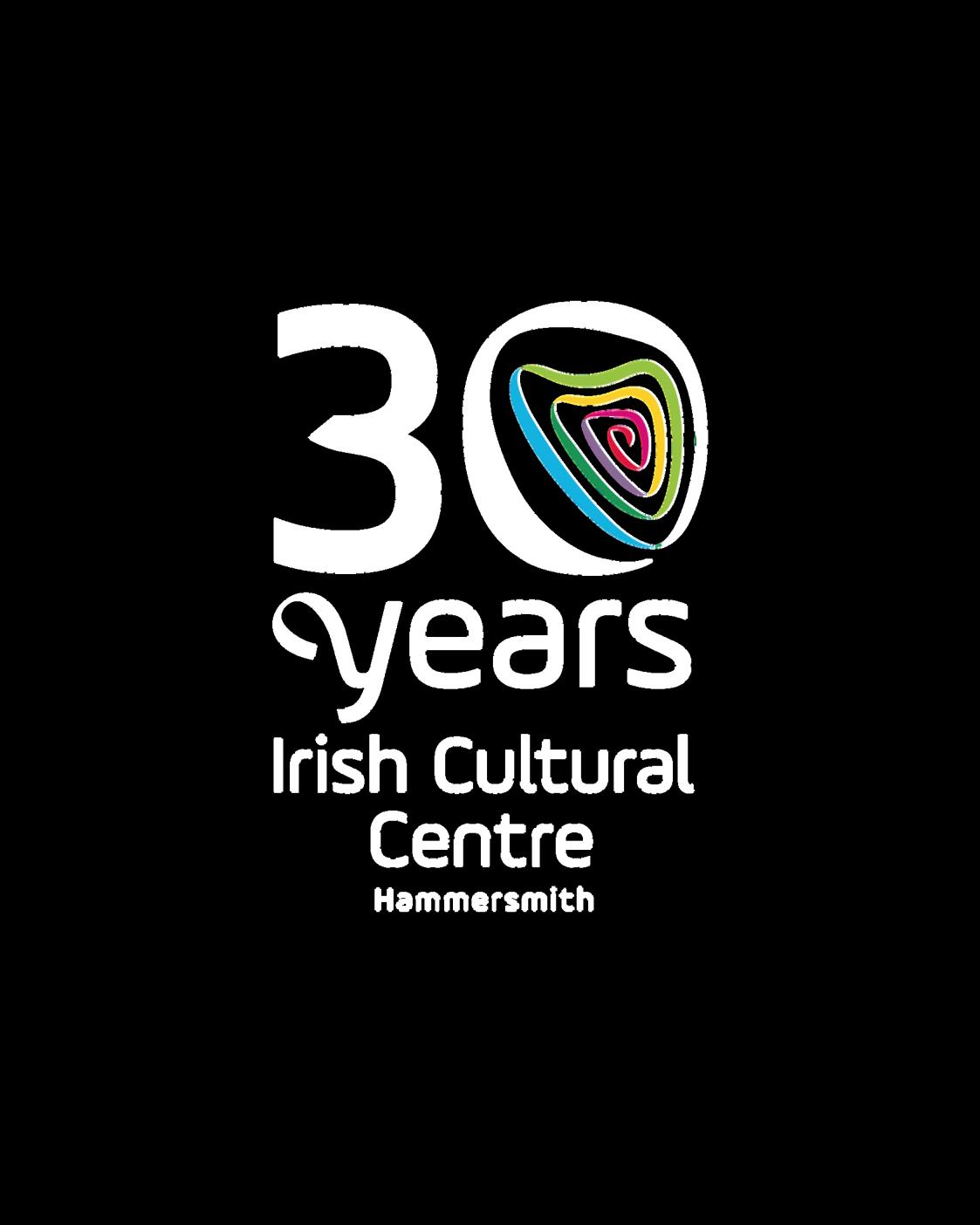
The Donegal singer, 63, said the decision follows his plan to take a break from touring to focus on his health. The final edition of his
fan magazine Daniel will be issued in December.
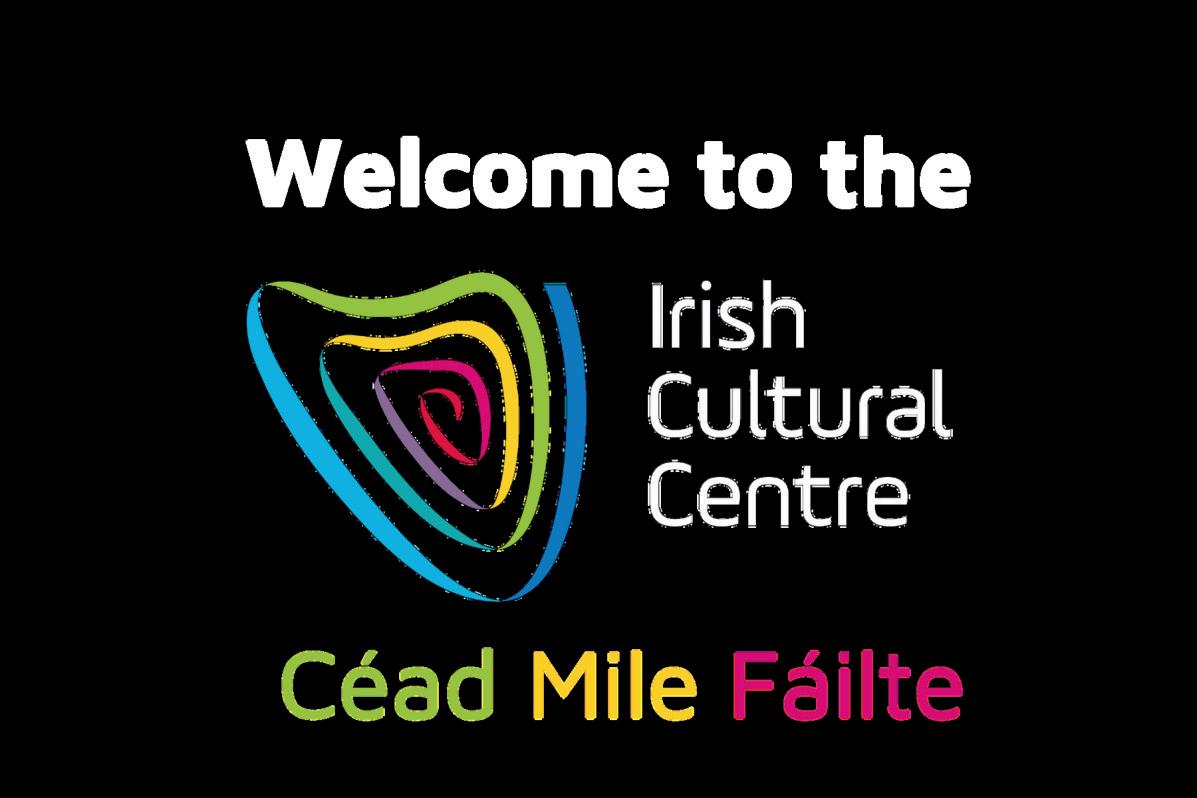
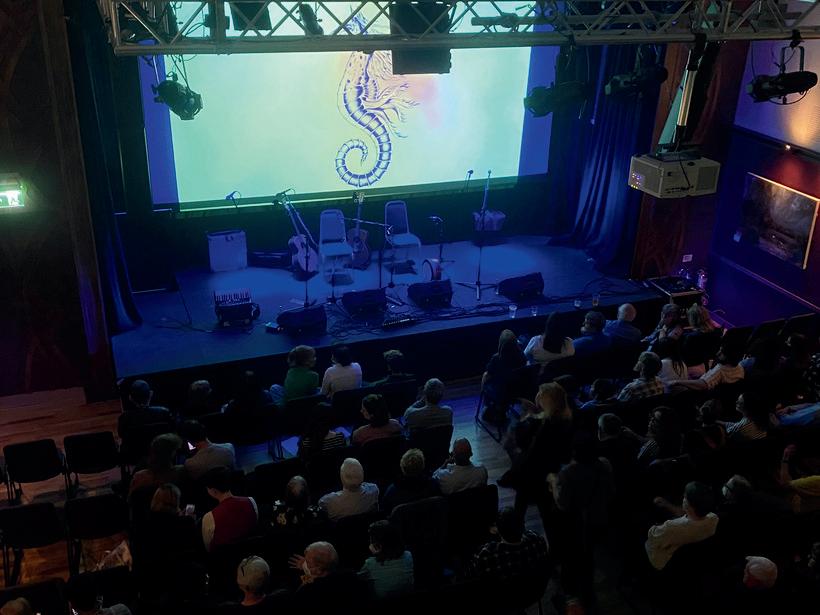

In the latest issue, O’Donnell wrote: “As many of you probably know, I have decided to take a break from touring at the end of the year to recharge my batteries. While I’m in very good health, thank God, I’ve had some
issues with allergies and recurring chest infections. So I decided it was best to take some time out and focus on my well-being.
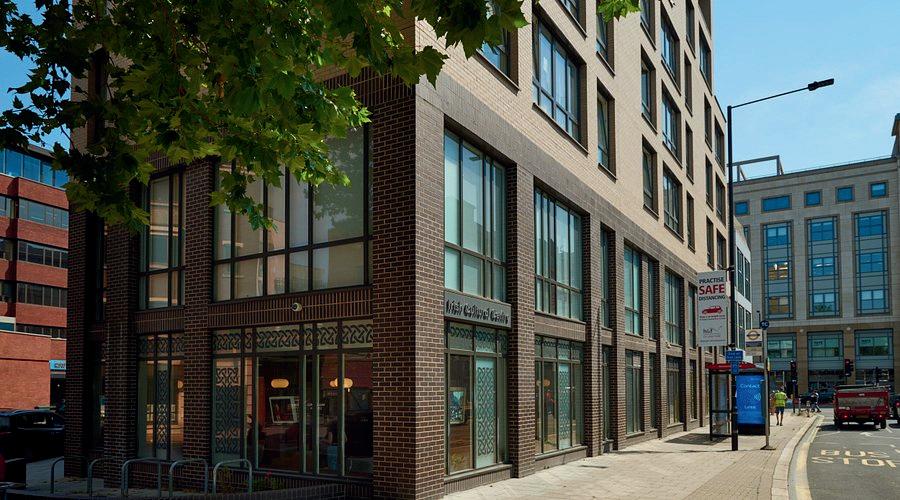



“It’s a necessary step to recharge and get myself back to full health… This is not retirement. This is just time off.”
Fan club secretary Suzanne Fordelisi said
the closure was a difficult call but reflected rising costs, reduced activity during O’Donnell’s break, and the reality that fans now get most updates instantly online. She thanked supporters for decades of loyalty and described the club community as “warm and vibrant”.
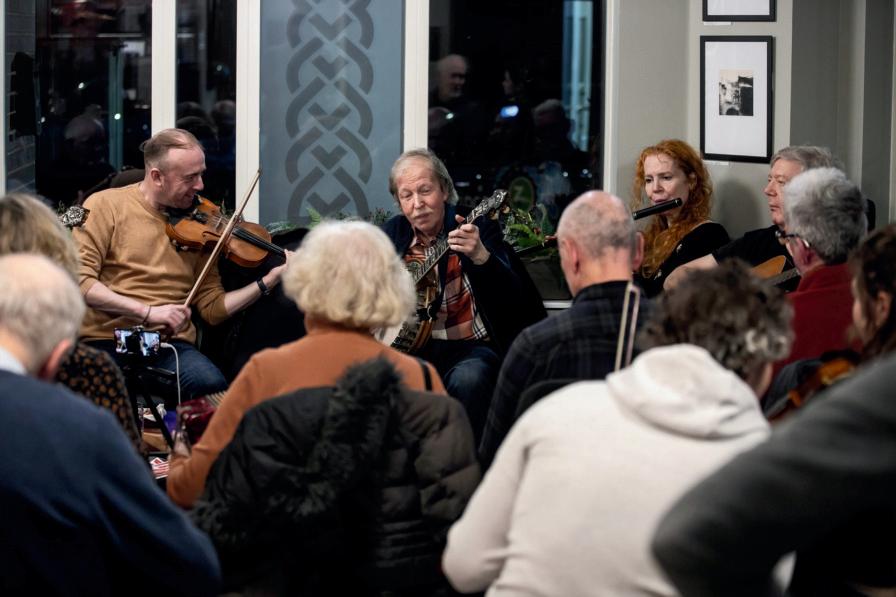


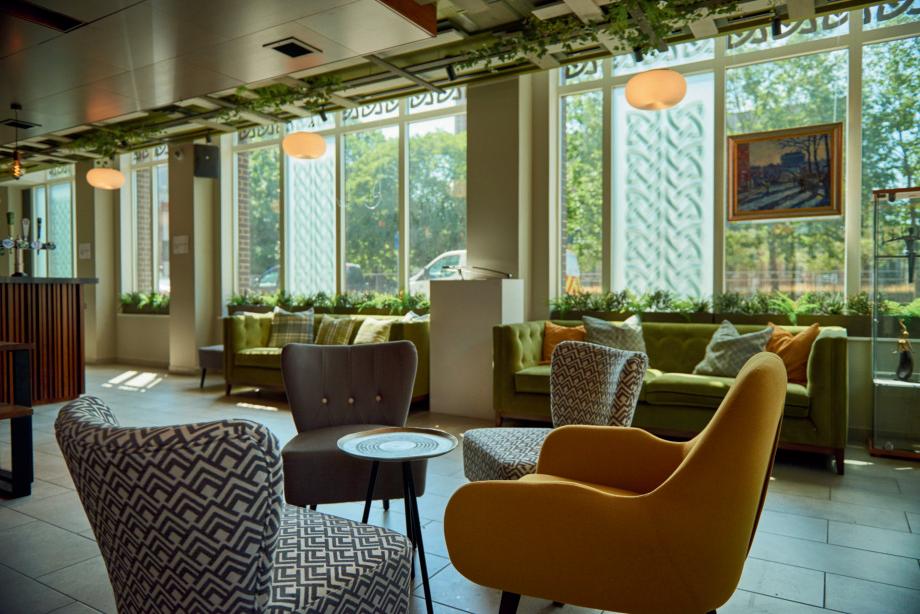


THERE IS an interesting history behind undertakings by musicians to put music to the poetry of James Joyce. In 1933, The Joyce Book was published in a limited edition (500 copies) and featured composers such as Arthur Bliss, Herbert Hughes, and Roger Sessions performing works based on poems from Joyce’s second (and final) collection Pomes Penyeach. More recently, in 2008, the likes of Mercury Rev, REM’s Peter Buck, and Sonic Youth’s Lee Renaldo tackled poems from Joyce’s first poetry collection, Chamber Music. Perhaps
the most famous is Pink Floyd’s Syd Barrett’s gorgeous wonky-pop version of Golden Hair, which is on his 1970 debut solo album, The Madcap Laughs. The newest attempt comes from a collaborative cadre of Irish musicians, all of whom are accomplished (to say the least) in their specific areas. Spearheaded by Adrian Crowley and Matthew Nolan, Pomes Penyeach (Claddagh Records) features beguiling co-conspirators Lisa Hannigan, Cora Venus Lunny, Sean MacErlaine, and Kevin Murphy. Each poem from the collection (13 in total, although the
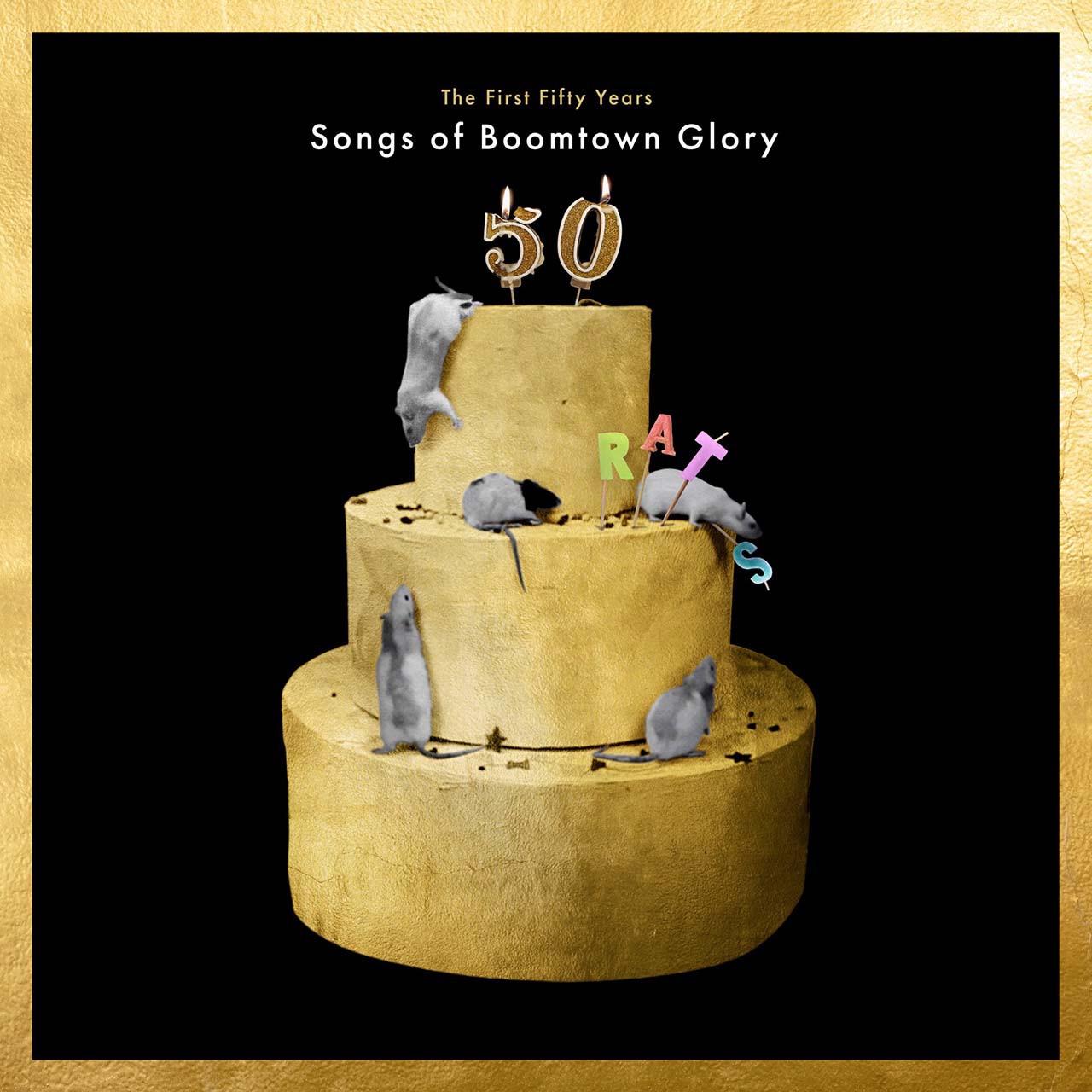
album includes two extra tracks that are peripherally influenced) is presented in a bubble of elegance and tenderness. As the music is teased out through keyboards/ electronics, cello, viola, bass clarinet, horn, and flute, so the singing of Hannigan and Crowley weaves a potent spell. The outcome is equal parts surprising and slender, and a must-have for anyone interested in the blend of words and melody.
YOU COULD say that words and melody form the spine of many a band or musical collective, but for a while, at least, was there any Irish band more on top of their game than The Boomtown Rats? To make us feel really old, yes, it is a dispiriting fact that the band formed in Dún Laoghaire, County Dublin, in 1975. It didn’t take them long to make a mark not just in Ireland but also in the UK (and beyond), where from 1977 to 1980, they racked up a bunch of hit singles and albums. The First 50 Years – Songs of Boomtown Glory (Universal Music) is an exceptionally well-packaged anthology (24-song double vinyl, 27-song 2CD) featuring tracks selected by the band and by online fan-polling. While it’s true that from ’81 onwards, the band’s chart success soon evaporated, there’s no denying that songs such as Looking After No 1, Rat Trap, Someone’s Looking at You, Diamond Smiles, She’s So Modern, I Don’t Like Mondays, Neon Heart, Like Clockwork, Mary of the Fourth Form, and (I Never Loved) Eva Braun are some of the sharpest pop songs ever written by an Irish pop/ rock group.
DUBLIN singer-songwriter Elly D (Elaine Doyle) may not be as well-known as other artists that have been toiling at the coalface for too many years to mention, but that should change with the release of her debut album, Tomorrow Be Kind (Shadow Records). It may have been a long time coming (she released her debut EP, Rise, in 2016), but perhaps Elly D needed the time, pandemic notwithstanding, to fashion a collection of songs that strikes the proverbial chords. If that’s the case, then it’s job done with the

likes of Were You Ever Loved, Without You, Carrier, Wishing Well, Lose the Fear, and others. Truth is, there isn’t a duff track on the album – if you are inclined towards music that delivers an effective mix of panache, passion and pop/rock smarts, then here you go.
“THE PUB isn’t about getting locked. It’s about love, grief, business ideas, confessions... People come in looking for connection, for ritual, for someone to talk to.” So say Scustin, whose debut album, Confessions of a Pub Talker (Self-Released),
revolves around the community spirit of Irish pubs. The outcome is a collection of themed songs and a few skits that reference shared experiences and honest confessionals. Sonic reference points include Mike Skinner, Fontaines D.C., Yard Act, Shame, and Viagra Boys, but Scustin get brownie points for song titles that include Drinking Cans In a Field with Matt Damon, and I’m Never Flying with Ryanair Again.

ShowBiz, with suitably raised eyebrows, delves into her bran tub of insight and gossip and pulls out the very latest news on Irish artists

THE NEWS might come as a surprise to anyone trying to survive daily life in war-torn Gaza, or attempting to flee an oppressive regime in a leaky boat, but apparently there are some people who have it even harder out there. We know this because young Kai Rooney – scion of the Rooney clan, pride of parents Wayne and Colleen – has recently announced that his “life can’t get any worse”. The devastating tragedy which has befallen Kai is an injury he sustained while playing for Manchester United’s development team, which will keep him out of action for a bit. Could it have been a foul, perhaps, following the revelation that despite playing for the club, young Kai doesn’t actually support it? “I support Everton,” he told SY Football. “I know people might expect me to support Man United.” You think?
It may be a while, then, before Kai makes it onto the kind of ‘Greatest Scouser who has ever lived’ list, as recently polled in the Liverpool Echo. Following the results of the reader vote it was revealed, entirely predictably, that Beatles John Lennon and Paul McCartney received the highest scores, respectively 22% and 19%, though it was a sad day for Ringo who didn’t receive a single one. Neither did Jodie Comer or Paul McGann for that matter, while the likes of Les Dennis, Rooney père and Alexei Sayle scored just 1%.
More intriguing was the 6% vote for ‘others’. Who could the voters have in mind? Who on earth could be a ‘greater Scouser’ than mixed martial artist Paddy Pimblett (one vote)? And in this day and age, isn’t ‘othering’ frowned upon anyway?
Maybe these voters were thinking of recent Emmy winner and national treasure Stephen Graham, who oddly didn’t make the shortlist. Nor did Alison Steadman. And where were the Liver Birds in this list? In fact there was a surprising dearth of actors all round, and if rising star James Nelson-Joyce does manage to bag the role of James Bond, which seems no less likely than any of the other predictions, the poll’s compilers may live to regret their snub to the luvvies of Liverpool.
IT MUST be the cheekbones. The same bone structure that has millions of women swooning over his performance as Tommy Shelby in Peaky Blinders can be
a double-edged sword for Cillian Murphy, who is automatically assumed to be in the running whenever some ghoulish role or other comes up.
That emaciated zombie in the early-release shot of 28 Years Later? Well, that had to be Cillian! (It wasn’t.) The role of Voldemort in the new Harry Potter series? A shoo-in, surely – but despite ‘fan-fuelled rumours’, Cillian has confirmed he doesn’t want it.
It has to be admitted that Cillian’s rather unearthly looks make him a cinch for more haunted, even freakish roles. Just look what happened when he auditioned for the role of Batman: Christian Bale got the gig, and who did Cillian end up playing? That’s right. The Scarecrow.
IRISH STARS are just so nice! Just look at the bromance between Paul Mescal and Andrew Scott; Saoirse Ronan stating she plans on ‘having a whole career shared’ with Paul Mescal; the enduring best-friendship of Paul Mescal and Daisy Edgar-Jones after Normal People; Jessie Buckley praising the “connection and chemistry and trust” built with Paul Mescal on the set of Hamnet….
Hang on; ShowBiz is detecting a common theme! It’s Paul Mescal! And now Paul seems no less loved-up with Josh O’Connor, his co-star in new movie The History of Sound. The boys are currently being submitted to a lot of time-wasting nonsense from publications who should know better. We mean, seriously, American Vogue podcast? After asking Paul whether he has ‘always worn shorts’, the interviewer broke the news that “We are now going to play a game of ‘Would You Rather’”.
Although what Paul and Josh would undoubtedly have ‘rathered’ at this point would have been the swift termination of the interview, they politely allowed themselves to be put through the idiotic wringer as the interviewer mentally undressed them, asking “Would you rather have your sock falling off inside your shoe or your pants falling down because they’re too big?” and “Would you rather have pants that are slightly too short or sleeves that are slightly too long?”
Luckily the lads clearly had a lot more fun during a giggly episode of Entertainment Weekly’s ‘Lie v Lie’. Ever eagle-eyed, Showbiz notes that in both videos Paul is wearing the same white t-shirt, advertising The Miners

Arms in Mithian. It’s not like he needs free double-burgers these days, so it’s unlikely to be part of a sponsorship deal. The pub can now presumably stop serving its famous burgers altogether and retire on the profits from the merchandise alone. On the other hand, this is going to mean a lot of hard looks for Paul when he returns to his native town of Maynooth, when he will be forced to explain to the likes of O’Neill’s and McMahon’s why he didn’t choose to give their establishments a similar boost.
But to get back to the original point; it seems as if Paul is much loved by his co-stars, meaning that perhaps when he stars in the forthcoming Beatles biopics the band may decide not to break up after all – and what a fascinating sliding doors movie that would make.
MANY OF the older generation are choosing to return to work. We’re not just talking middle-managers or HR specialists, either; it’s also true of those who ply their trade in the glittering world of Showbiz.
Just look at Oasis, currently midway through a reunion tour whose motivation nobody has even bothered to question. Just one last hurrah, a year or so of Noel and Liam managing to tolerate each other, then they can put their feet up.
But of course there are other reasons beyond the financial. At the age of 92, Sir Michael Caine, who has none of Noel Gallagher’s expensive alimony fees to cover, has announced that he’ll be starring in a sequel to his 2015 film The Last Witch Hunter. The 68-year-old Sir Daniel Day Lewis has also recently been tempted back to the world of movies, co-writing and starring in Anemone, the directorial debut of his son Ronan. That deep sigh that can be heard all over showbizland? That’ll be all the actors hoping for a 2026 Oscar nomination.
So what’s the big appeal? Why is Sir Mike not content to eke out his remaining days peacefully among Shakira and the grandkids? Why has the famously fame-averse Sir Dan opted to put himself back in the spotlight?
Well, appropriately enough, such later returns to works have become known as ‘encore careers’. Perhaps it’s understandable, after decades of thundering applause, that these knights of the movies might be suffering from withdrawal symptoms – and who wouldn’t welcome the sound of one, final, fifteen-minute ovation at Cannes?

BY MAL ROGERS
ALTAN are celebrating four decades of musical mastery with a special 40th anniversary concert this Saturday at the ICC in Hammersmith. Formed in 1985 by Belfast flautist Frankie Kennedy and Donegal fiddler and singer Mairéad Ní Mhaonaigh, Altan have been at the forefront of bringing the musical traditions of Donegal to audiences worldwide. In the process they’ve become one of the most recognisable Irish bands.
This milestone event at the Irish Cultural Centre this week (Saturday 27th) will feature a journey through their extensive repertoire, including beloved classics and selections from their recent album Donegal, which pays homage to their roots. Experience the band’s signature blend of soulful ballads and spirited reels, performed with the passion and precision that have earned them international acclaim. Don’t miss this unforgettable evening celebrating 40 years of Altan’s contribution to Irish traditional music.
The band’s story begins in west Donegal, one of the most musically fertile corners of Ireland. It was
Sudoku requires no calculation or arithmetic skills. It is a game of placing numbers in squares using very simple rules of logic and deduction. It can be played by children and adults. Simply fill in the grid so that every row, every column and every 3x3 box contains the digits 1 through 9. However each number can appear only once on each row, column and 3x3 box. Answer next week.
there that Mairéad Ní Mhaonaigh grew up surrounded by the fiddle tradition, learning from her father, Francie, a respected local player.
Flute player Frankie Kennedy, originally from Belfast, had immersed himself in the Irish language and culture and became a champion of Donegal music after meeting Mairéad. The pair formed the nucleus of what would become Altan, naming the band after Lough Altan, a mountain lake tucked away in the Donegal hills.
Their earliest gigs were modest — local sessions, festivals, and parish halls — but even then there was a sense that they were carrying something spe cial. Donegal music had always been distinctive within the Irish tradition, full of rugged reels, strathspeys, and highlands, yet until Altan’s rise it had rarely
been presented so confidently on the international stage.
Strathspeys are one of the elements in Donegal music, along with so-called highlands, and of course the usual fabric of Irish music — reels, jigs, and slow airs.
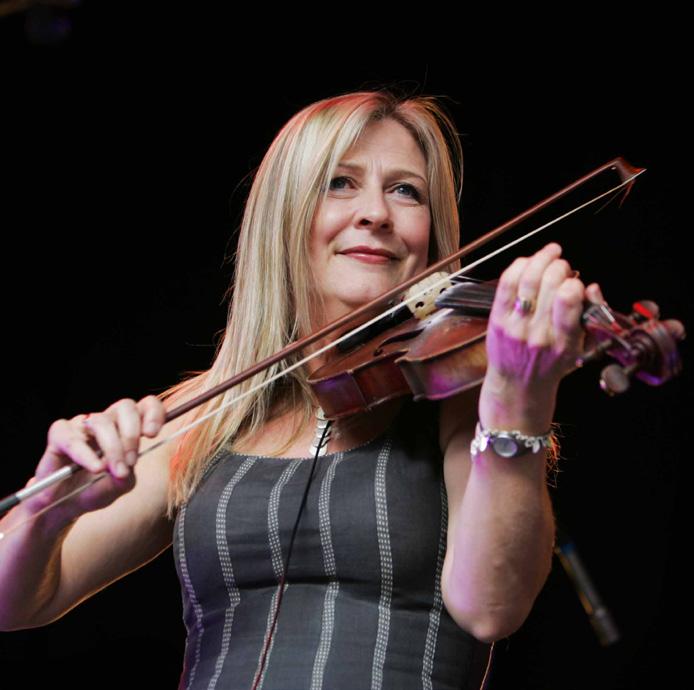
That musical openness has long roots. In Donegal, Scottish influences were strong. Seasonal migrant workers crossed the Irish Sea for harvest labour, picking potatoes and picking up tunes in the process. Mairéad Ní Mhaonaigh’s own mother spent much of her youth working in hotels and big houses in Scotland, sending money home to her family. With workers constantly travelling back and forth, an exchange of music was inevitable, and the hybrid style of Donegal playing emerged — tougher, punchier, more driving than the flowing lilt of Clare or Kerry. Geography also played its part. Donegal’s position, remote
1. Feathery scarf, named for a constrictor. (3)
3. The French aristocrats’ side is needed to have a blow-out. (3,3,5)
8. Uncommon event. (6)
9. Town in Waterford that instructs one to assassinate Boru, one hears! (8)
10. Scripted “The Broken Tower”. (5)
11. Holy artefact. (5)
13. Theatrical productions. (5)
15. Popular cheese. (7)
16. Such retailers might make cogs err. (7)
20. Object. (5)
21. Perch. (5)
23. The trunk is made of a chopped 21 across. (5)
24. The Tango is a provider of Chilean capital. (8)
25. There’s nothing neutral about popular clothing. (2,4)
26. The party is chic, perhaps, when relating to disorders of the mind. (11)
27, 4d &19d. Derry’s nickname. (3,3,4,6)
1. Ornithologist; ‘twitcher’. (11)
2. RAF, O Eric, might be this. (3,5)
3. Tool used by turners. (5)
4. See 27 across.
5. Not drunk. (5)
6. Make the bed lie over what can be eaten. (6)
7. Adult males. (3)
12. Intensive way to learn to drive dangerously? (5,6)
13. Put seed into the ground. (5)
14. The lawyer gets old material for the neck. (5)
17. Coming forth. (8)
18. Fly from here to make the pit roar. (7)
19. See 27 across.
22. Upper leg. (5)
23. Pick-me-up. (5)
24. Father’s turned up for resin. (3)
from the rest of the Republic, pressed against Northern Ireland, facing the Atlantic and looking northwards to Scotland, created a cultural crossroads. Perhaps it was this semi-isolation that gave rise to such a remarkable roll-call of musicians — from the great travelling fiddler John Doherty to modern innovators like Clannad, the Ní Dhomhnaill/Peoples family of the Bothy Band, Rory Gallagher, and Daniel O’Donnell.
Through the 1980s, Frankie and Mairéad gathered like-minded musicians. Ciarán Curran brought his rhythmic bouzouki, Dáithí Sproule contributed guitar and song, and Paul O’Shaughnessy added another fiddle. Later came Dermot Byrne on accordion and Mark Kelly on guitar, and in more recent years the line-up has featured Martin Tourish on accordion and Ciarán Ó Maonaigh — Mairéad’s nephew — on fiddle.
Tragedy struck in 1994 with the early death of Frankie Kennedy from cancer at just 38. It might have ended the story, but instead Altan rededicated themselves to the music they had built together. To this day, the band is a living tribute to Kennedy’s vision: that Donegal music could travel anywhere in the world without compromise.
Altan’s path to recognition was not an overnight success. They
worked steadily, moving from sessions in Donegal pubs to appearances at festivals, then to international tours.
Their live performances are celebrated for a rare balance: technical precision coupled with warmth and spontaneity. A set might move from a heartbreaking ballad sung by Mairéad — her voice at once pure and earthy — to a flurry of reels that lift the roof. Audiences worldwide, from Tokyo to Toronto, have felt that Donegal fire.
Altan’s influence on Irish traditional music cannot be overstated. They opened doors for Donegal music internationally, ensuring that strathspeys, highlands, and mazurkas took their place alongside jigs and reels in the global Irish repertoire. They have inspired countless young musicians, not least in their home county where fiddle schools and summer courses bear witness to their legacy.
Equally important, they have shown that traditional music can achieve worldwide success without diluting its character.
Altan
Saturday, September 27
Irish Cultural Centre 5 Black’s Road, Hammersmith, London W6 9DT irishculturalcentre.co.uk
ALL IMAGES BY MALCOLM
MCNALLY PHOTOGRAPHY
The Irish Youth Foundation (UK) Summer BBQ took place at the Rotunda Bar and Restaurant in Kings Cross, London on Friday, September 12. The IYF (UK) was established in 1989 and is the only national charity in Britain specifically aimed at helping disadvantaged young Irish people and their families.
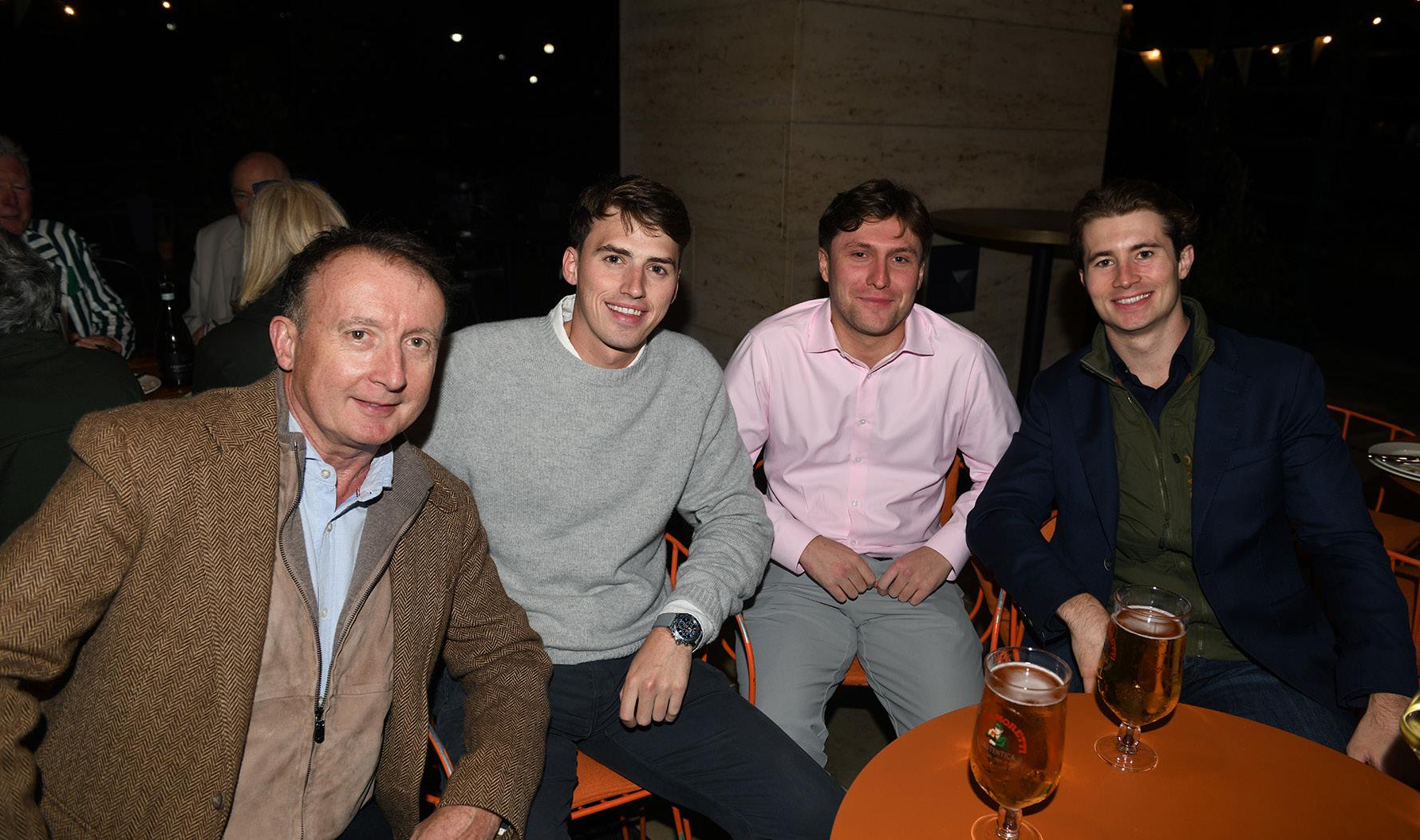
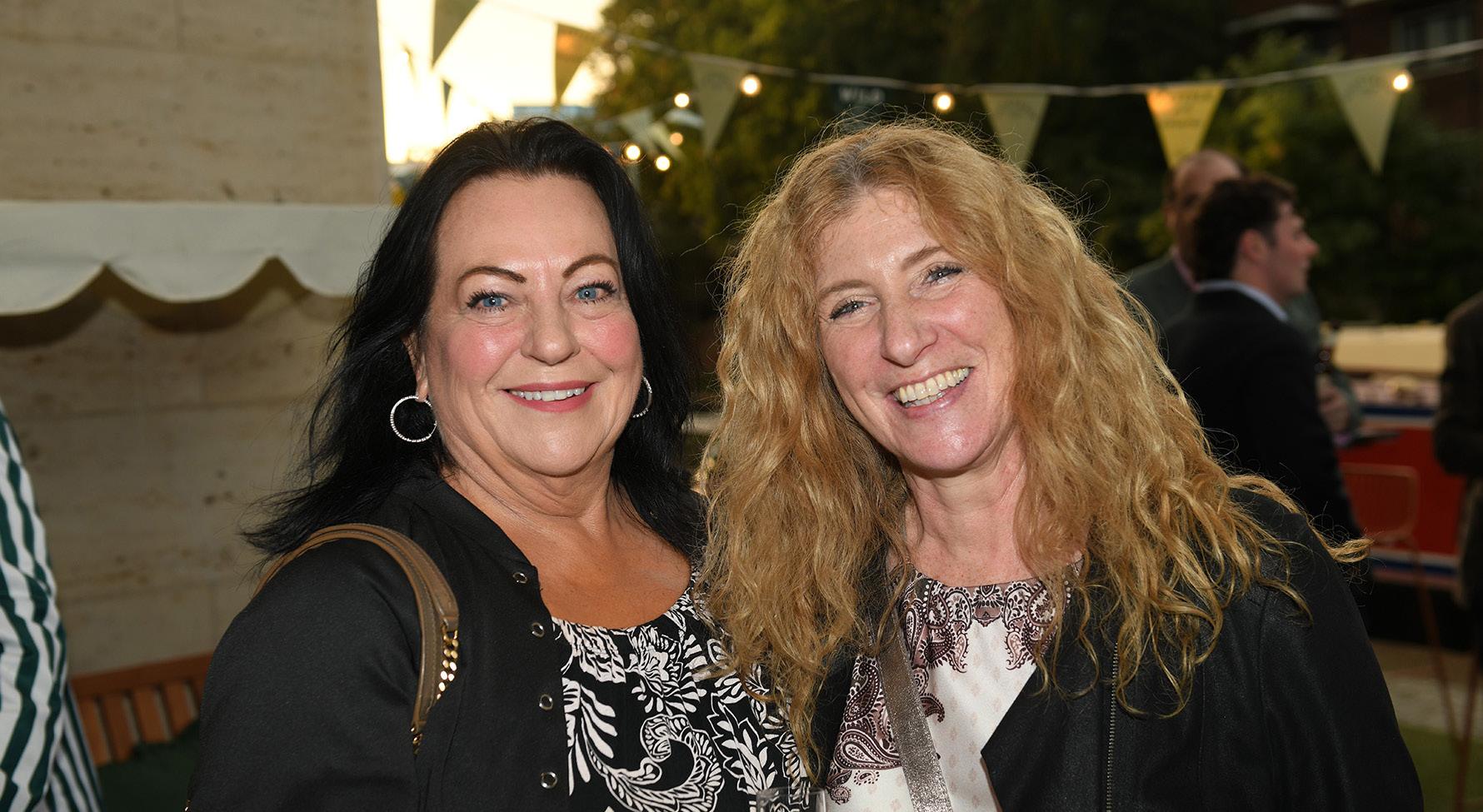



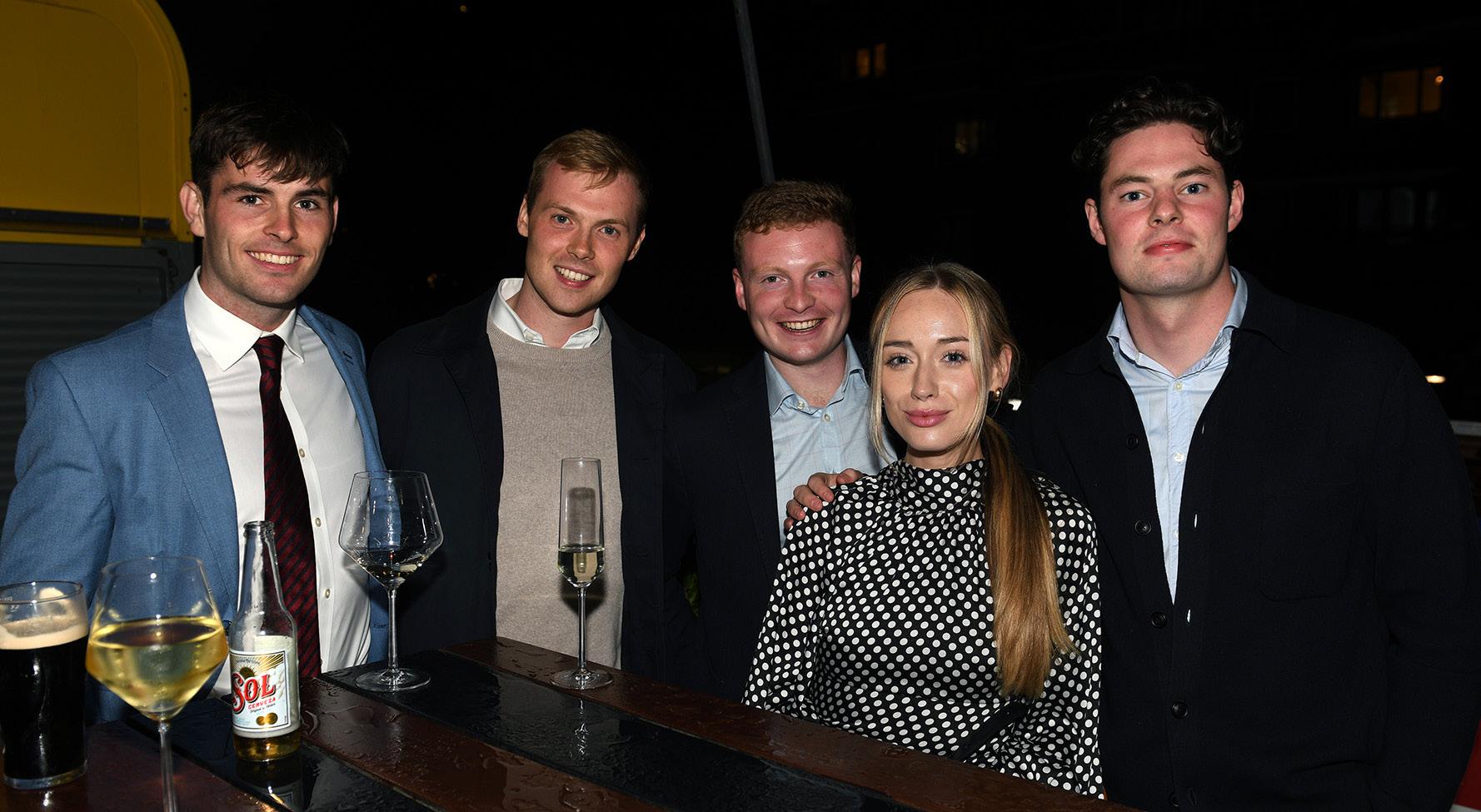

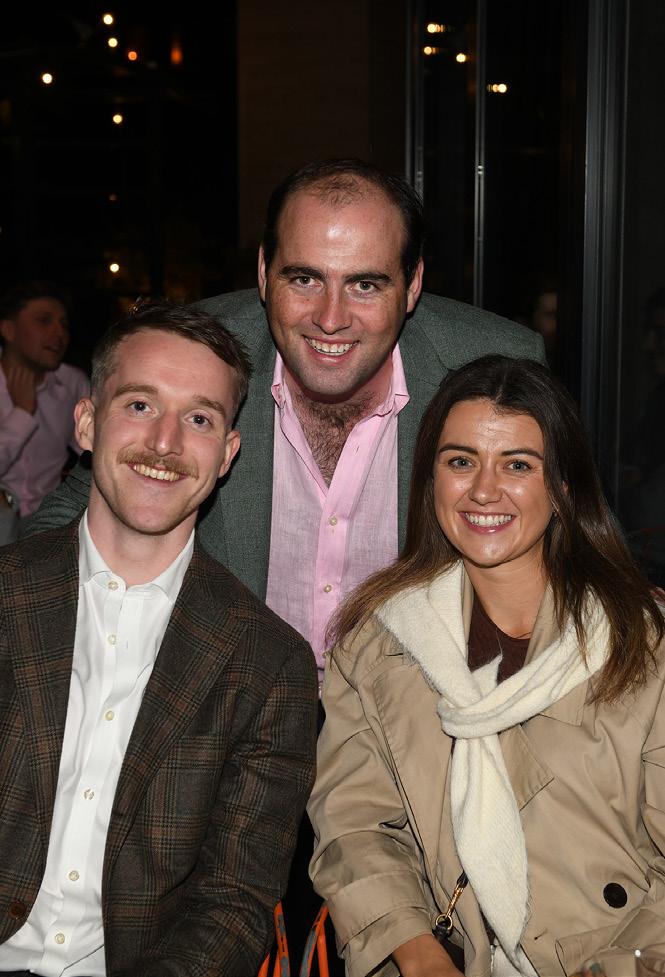
Edited by Mal Rogers

I’VEspent a fair bit of time in central London over the years. Whether working, socialising, shopping or sightseeing, I’ve certainly done the rounds.
More recently I find myself doing those circuits again, with fresh eyes and a new perspective as I introduce my children to the delights of the capital.
I am taking as many opportunities as possible to venture into the city as a family to enjoy the cultural, historic and social offerings that it has to offer.
When travelling as a pack, mostly we visit the iconic landmarks that are the stuff of school projects, and the city’s many glorious parks, which are the stuff of lazy afternoons spent enjoying some of the best peoplewatching I’ve ever encountered.
At times we catch a show or indulge in some shopping that can’t be found closer to home - think the monumental M&Ms store in Leicester Square, which is in fact the largest sweet store in the world, or Piccadilly’s shiny new shop dedicated entirely to football card collecting, and you are on the right track here.
More recently we opted for a short break in the city to round off the summer in style.
Now our children are always impressed when they visit London. Even as they get older, having been into town on multiple occasions, they still love everything about it.
From the train and tube journeys
into the city, to the glimpse of London landmarks they spy as we traverse the streets - whether it be a slither of the Shard spotted from a distance or to turn a corner and be faced with the mighty Big Ben - they are always delighted with their proximity to things they read about in books or see on television.
That said there is nothing like finding something or somewhere new to explore while in the city.
Finding a novel tale to take home or experience to share with their classmates is always high on their list of holiday desires.
Mine too, really, and we were lucky enough to find a bit of both on this trip.
Having decided to put down roots for a few days to better explore the capital, we stayed in central London’s newly opened and effortlessly elegant Welbeck Hotel.
With its highly sought after postcode and impressive Edwardian architecture, this is a hotel that oozes sophistication. At the same time, it is hugely welcoming.
It prides itself on being a luxury London bolthole that can accommodate all - from families to tourists and work trippers to staycationers there is a hearty welcome for everyone behind the plush revolving doors that greeted us when we arrived.
Inside the décor is chic, yet comfortable and just beyond the
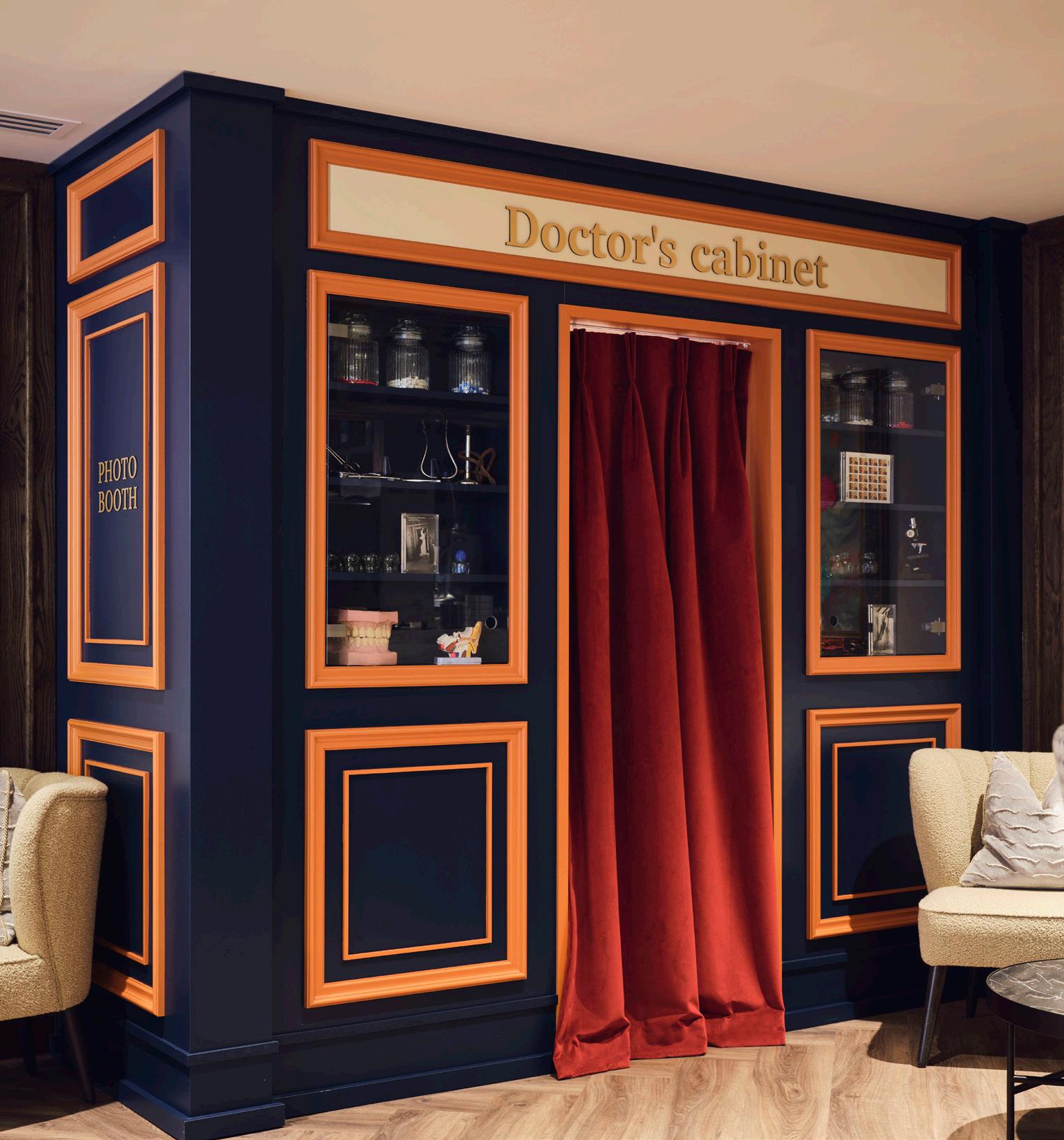
reception desk is an inviting lounge that boasts The Welbecker bar.
Now this is a bar that truly serves all purposes.
Whether you are after a coffee to kickstart your day, or a well-earned cocktail after you’ve been out exploring the city, this is your spot.
There are stylish sofas and chairs dotted around that simply beg to be lounged in, a chess board which is always ready to be played and even a free photobooth, where you can capture all your memory making with a take-home reminder from your stay.
The bar offers a light menu of snacks too, for those who may be a bit peckish, but the hotel’s true focus when it comes to food is your morning meal.
Tucked away on the basement level is a bustling dining room which only serves breakfast - but with opening hours that stretch from 7am to 11am this can easily cover brunch too, depending on what time you get yourself down there.
From a delicious continental breakfast bar, which bulged with fresh pastries, yoghurts, fruit and cereals, to a lengthy menu of cooked breakfast options, you are seriously spoilt for choice here.
Each morning, we spent ample time sampling the goods and found the full English breakfast, smashed avocado with poached eggs and the American pancakes to be among the
winners of the many morsels we enjoyed.
And our dedication to culinary consumption set us up perfectly for our busy days ahead.
Admittedly, we settled into The Welbeck so quickly and easily (its spacious rooms offer huge beds, fluffy robes and all the usual modern comforts too) that we did have had to remind ourselves to venture outside.
Once we did, we found we were perfectly placed to get stuck into the capital.
We were within easy walking distance of Bond Street, Oxford Street and Regent Street and the many stores, galleries and experiences they had to offer.
Stroll a little further and you are in Leicester Square and Picadilly, or Soho or London’s fabulous theatre district.
Or if you are after some outdoor activity, Regent’s Park, Hyde Park and Green Park are all within a walkable distance too.
There is of course the tube, for those who want to save their legs or travel further afield, with multiple stations close by ready to take you as far across the city as you would like to go.
But there are delights to be enjoyed right on the doorstep of The Welbeck too.
The hotel is located in Marylebone which is a chic little village that sits unassumingly behind the hustle and
bustle of the West End.
Now this is a part of London that I had yet to spend any real time in.
In my defence, it is situated so closely to many of the usual haunts enjoyed by visitors to the city that it can easily be overlooked.
But with its boutique stores, restaurants and bars, and its laidback tempo too, it turns out that Marylebone is something of a hidden gem.
The village itself has Medieval origins. Originally known as Tyburn, the story goes that in the 1400s a church was built there on the banks of a small stream.
That church was dedicated to St Mary the Virgin, which led to the area becoming known as St Mary-laBourne, which translated as St Mary by-the-stream.
Over time the name became shortened to its present form, Marylebone, and the area developed into the highly sought-after residential district that it is today.
From its humble, historic beginnings, the village transformed into a tranquil haven in the heart of the city which offers an enticing mix of old and new.
And, while our trip saw us traverse much of the city via tube and foot by day, we were always more than happy to get back to our temporary Marylebone home, where rest, relaxation and a warm Welbeck welcome awaited.




Explore the outdoors
Marylebone is well placed for exploring most of London’s parks, but Regent’s Park is the closest. One of London’s eight Royal Parks, it covers an area of 395 acres. With serene lakes, postcardworthy gardens, playgrounds a-plenty and some of the best nature walks in the city, this is not to be missed. It’s also the home of London Zoo, which houses some 755 species of animals and is the world’s oldest scientific zoo.
Admire some art
London is brimming with national museums, and Marylebone has one all to itself. Free to enter, The Wallace Collection is home to masterpieces of painting, sculpture, furniture, arms and armour, and porcelain. Built over the 18th and 19th centuries by the Marquesses of Hertford and Sir Richard Wallace, it was donated to the people of Britain in 1897 by Lady Wallace in what was deemed one of the greatest gifts of artworks ever to be transferred into public ownership. It is located within a beautiful townhouse and is well worth a visit.
Enjoy a good book
This charming village goes at a slower pace than the rest of London’s West End. As such Marylebone is the perfect place for bookworms of all ages to relax and read a book. If you’re in the market for a new read there is no better place to head than independent book chain
Daunt Book’s stunning store in Marylebone High Street. First opened in 1912, with long oak galleries and unconventional skylights, this branch is widely deemed one of the most beautiful bookshops in London.
Catch a concert
Known for its outstanding acoustics, Wigmore Hall is one of the world’s top venues for chamber music and solo recitals. Hosting performances by internationally acclaimed musicians, it’s a must-visit for classical music enthusiasts and a central part of Marylebone’s cultural identity.
Visit the museums
Marylebone is home to two of London’s most iconic museums. The first, founded in 1835, is the wax museum Madame Tussauds, which has captivated visitors for nearly two centuries with its lifelike statues of famous figures. The second, which is located at the fictional address of 221B Baker Street, is the Sherlock Holmes Museum. Dedicated to Sir Arthur Conan Doyle’s famous detective, visitors get to enjoy a Victorian-style recreation of Holmes’s study and living quarters, along with memorabilia from various adaptations of the classic tales.
The Welbeck Hotel is located in Welbeck Street, Marylebone. For bookings visit www.thewelbeckhotel. com

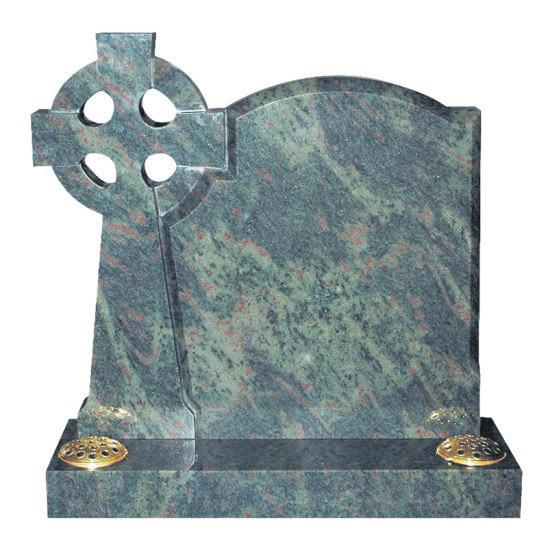






















PATRICK RYAN AND DAUGHTER. Catholic
Funeral Directors, 6 South Ealing Road, Ealing, W5. Tel 020 8567 1664. Also at 49 Oldfield Lane South, Greenford. Tel 020 8813 1449. Funerals arranged in the UK and to all parts of Ireland. Irish-made coffins and caskets with religious figures. Pre-paid plan available. Members of SAIF. www.patrick-ryan.co.uk
PRAYER TO THE BLESSED VIRGIN
(Never known to fail.) O Most beautiful flower of Mount Carmel, fruitful vine in the splendour of Heaven, Blessed Mother of the Son of God, Immaculate Virgin assist me in this my necessity. O Star of the Sea help me and show me herein you are my Mother. O Holy Mary, Mother of God, Queen of Heaven and Earth, I humbly beseech you from the bottom of my heart to succour me in this my necessity. (Make request.) There are none that can withstand your power. O show me my mother. O show me herein you are my Mother. O Mary conceived without sin, pray for us who have recourse to thee. (Three times.) Sweet Mother, I place this cause in your hands. (Three times.) Say this prayer for three consecutive days and then publish and it will be granted. AD MR
MEMORIAM CARDS, BOOKMARKS AND ACKNOWLEDGEMENTS, NOTELETS ALL STYLES Samples / Information KENNEDYPRINTERS BANTRY, CO. CORK, IRELAND Tel. 00353 (0)27 50102 www.kennedyprinters.ie email: info@kennedyprinters.ie

of Chatsworth Avenue, Wembley, and formerly of Bourhave, Belmullet, who fell asleep on September 28, 1987.
September is here with sad regret, The day and month we’ll never forget, You went so suddenly without saying goodbye, But memories of you will never die.
38 years seem so long, but the pain is just the same. Not a day goes by when we don’t think of you or mention you. We still miss you so much.
Sadly missed by your devoted wife Eileen, your son John, daughters Bridget and Eileen, daughter-in-law Evelyn, sons-in-law Michael and Leo and grandchildren Anthony, Chelsea, Edward, Eamon, Jessica, Tara, Charlotte and Niall R.I.P
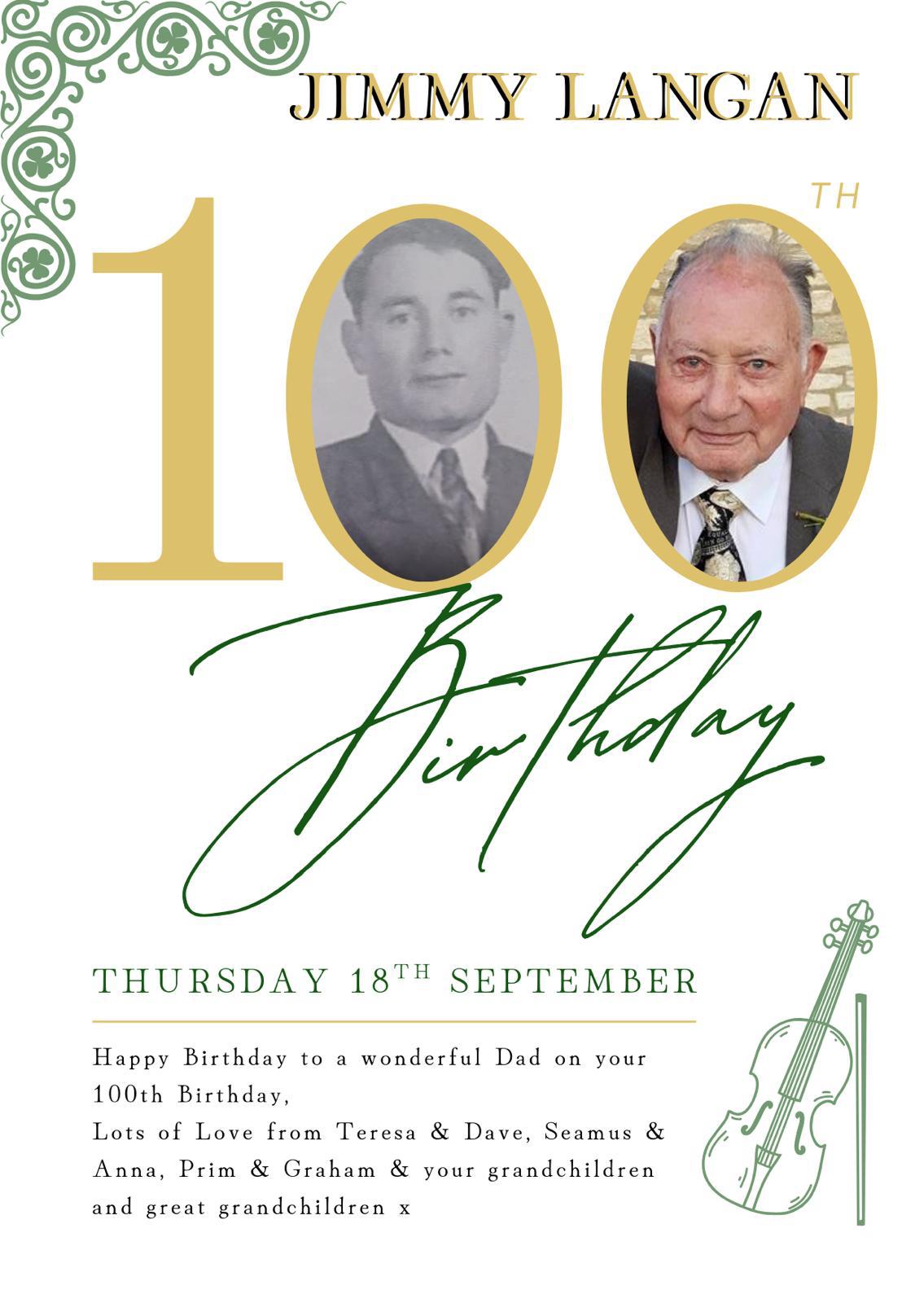
BY MARK MURPHY
THE REPUBLIC of Ireland has dropped to 61st in the latest FIFA men’s world rankings, following a disappointing international window under head coach Heimir Hallgrímsson.
Ireland’s slide comes after a lacklustre start to their 2026 World Cup qualifying campaign, managing only a 2-2 draw against ten-man Hungary in Dublin before suffering a damaging 2-1 defeat to Armenia, currently ranked 103rd in the world.
The results leave Ireland sandwiched between the Democratic Republic of Congo (60th) and Jordan (62nd).
Elsewhere in the rankings, Spain has reclaimed the top spot, dethroning long-time leaders Argentina, who now sit third.
France have climbed to second, making the reigning world champions the biggest fallers among the top three.
England remain stable in fourth, while Portugal have
climbed into fifth place, overtaking Brazil, who slip to sixth following a difficult run of results.
The Netherlands, Belgium, Croatia, and Italy occupy the remaining top ten positions, each gaining ground thanks in part to Brazil’s and Germany’s declines.
Germany, once a fixture in the top ten, have now slipped to 12th, their lowest position in recent years, after a shock 2-0 defeat to Slovakia in World Cup qualifying.
The Slovakians were the biggest climbers within the top 100, leaping ten places to 42nd.
Northern Ireland also suffered a minor dip, moving down to 72nd in the latest rankings.
Like Ireland, they are in a tough qualifying group featuring Germany and Slovakia.
Wales are ranked at 30, and Scotland 43.
The rankings shuffle comes just over a year out from the 2026 World Cup, with national teams across the world beginning to feel the pressure of qualification.
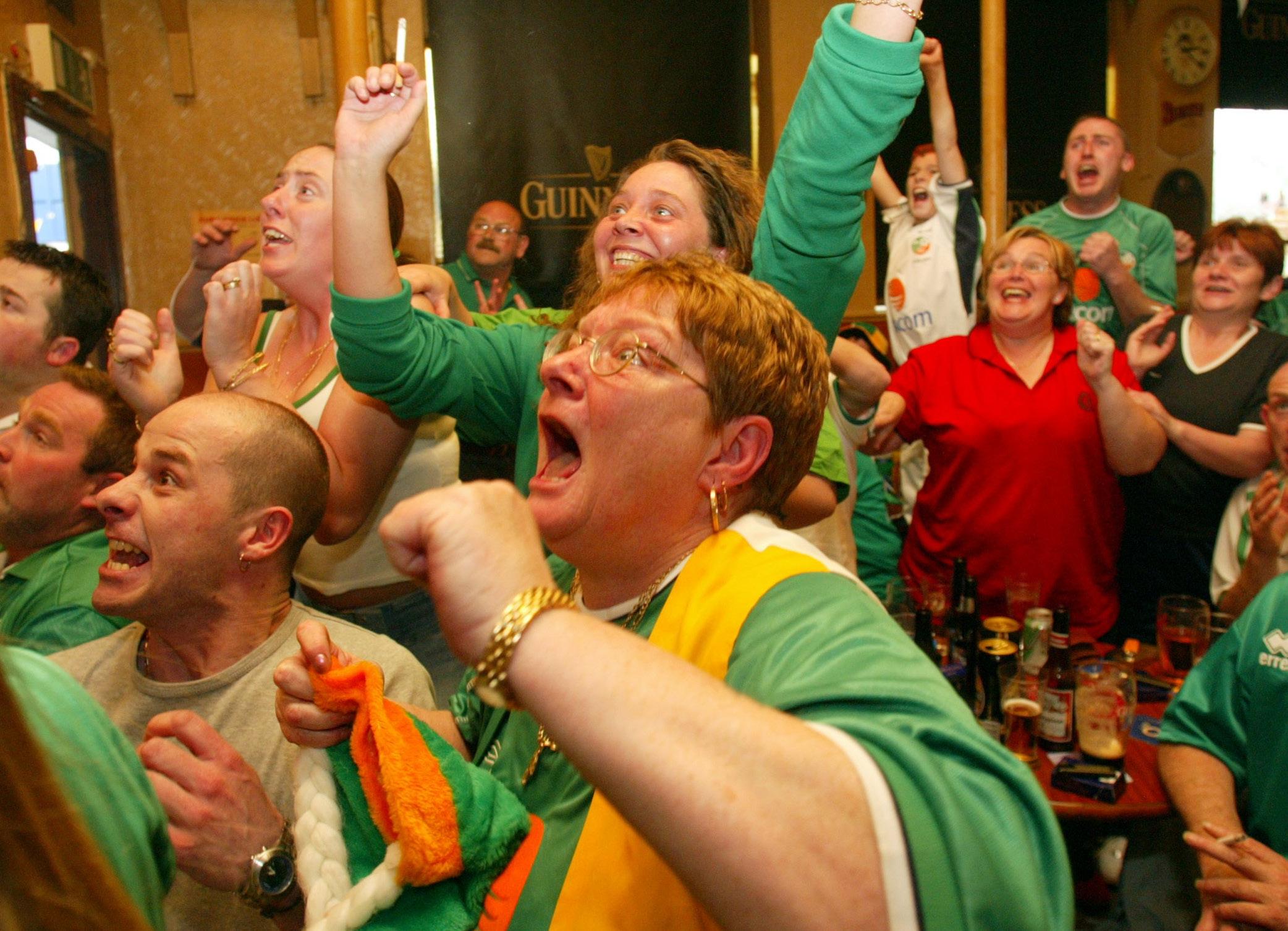
BY CHRIS EGAN
ALL IMAGES COURTESY
OF TOTAL KOMBAT / LAWRENCE LUSTIG
TOTAL Kombat, A brand new form of combat sport with some of the best fighters from karate, taekwondo, kickboxing and MMA took part in a tournament at The
Ova at London’s Indigo O2 Arena. Former GB Olympic squad member Jordan Thomas headlined the card against Ian “The Hammer” Holloway. Thomas made a fast start, opening with a flying kick and nearly finishing the fight late in Round 1 with a body shot that dropped Holloway.

Earlier in the night, Cork’s Oisín Brady produced one of the most crunching fight-finishes of 2025.
The 21-year-old from Bantry landed a spinning back kick to the ribs in Round 1, stopping his opponent instantly. “I get everyone with that. He’s the fifth guy in a row I’ve got with that,” Brady said
afterward.
Friendly and personable outside the ropes, the smiley young Corkman is lethally cold once the bell rings.
The event also saw Brady’s fellow Irish striker Dean Barry shake off three years of ring rust to edge victory, fighting at a relentless pace for the duration of the bout. “I loved it

in there. I enjoyed every minute of that and you’re going to see me back in there again soon,” he beamed after his bout.
The line-up of fighters also saw Tais O’Donnell defeat Conor McAnulty - R2 TKO (00:33)
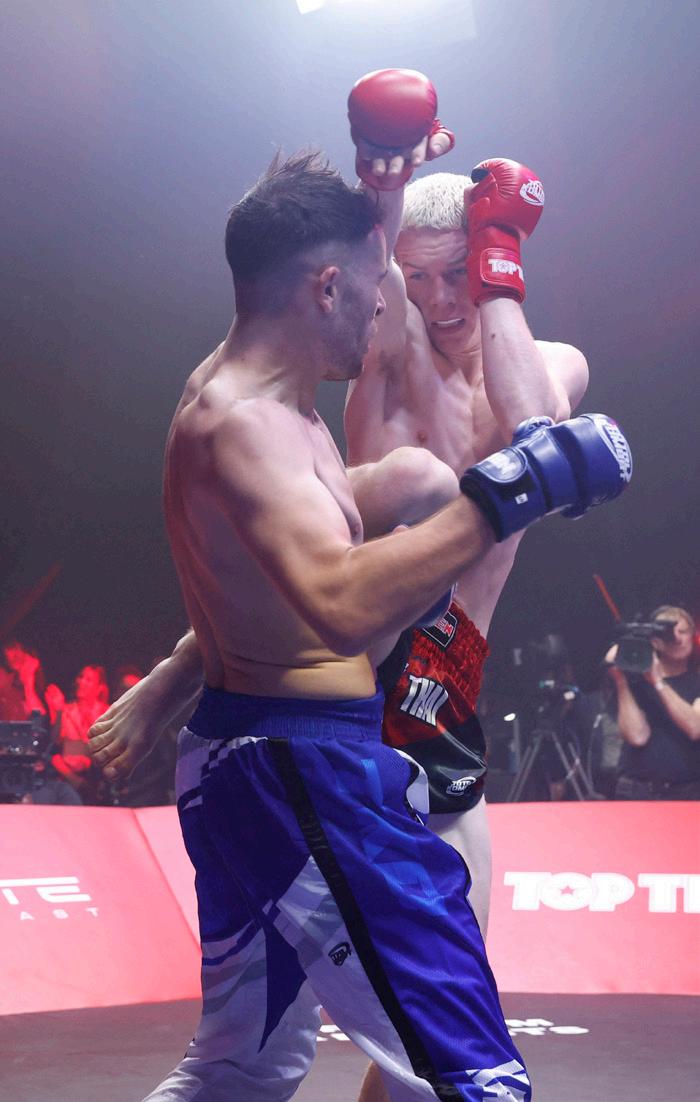
The Gaelic Games Council of Britain held their Inaugural Under 17’s International Football Tournament at Páirc na hÉireann in Warwickshire during September.
The tournament included guests Aughrim GAA from Wicklow, London GAA, Hertfordshire GAA, Lancashire GAA and Warwickshire GAA
The Under 17’s Cup Final was contested between London GAA and Warwickshire with the game finishing London 2-02, Warwickshire 0-02
The Under 16’s Shield Final was contested between London GAA and Lancashire GAA with the game finishing London 5-15, Lancashire 1-03


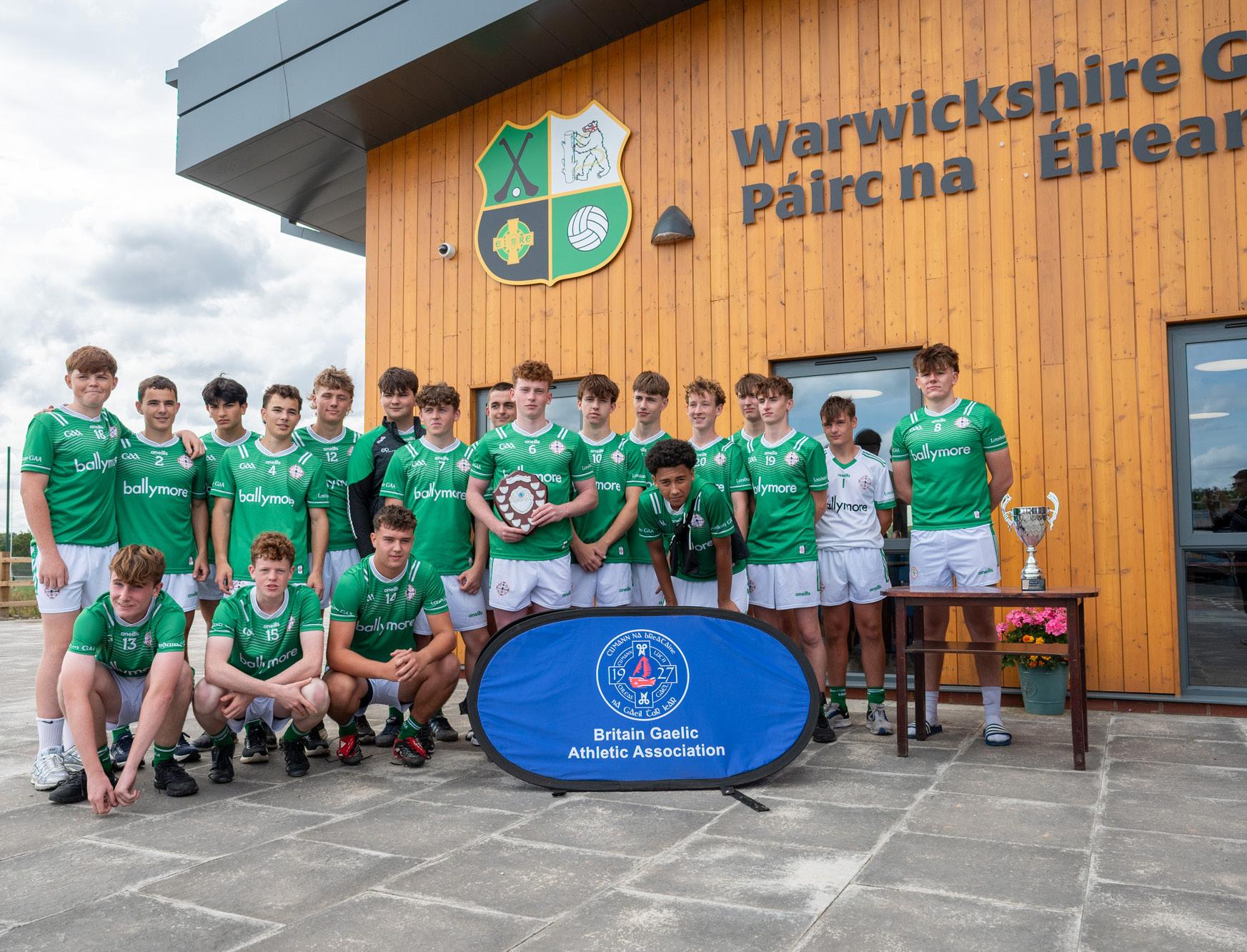
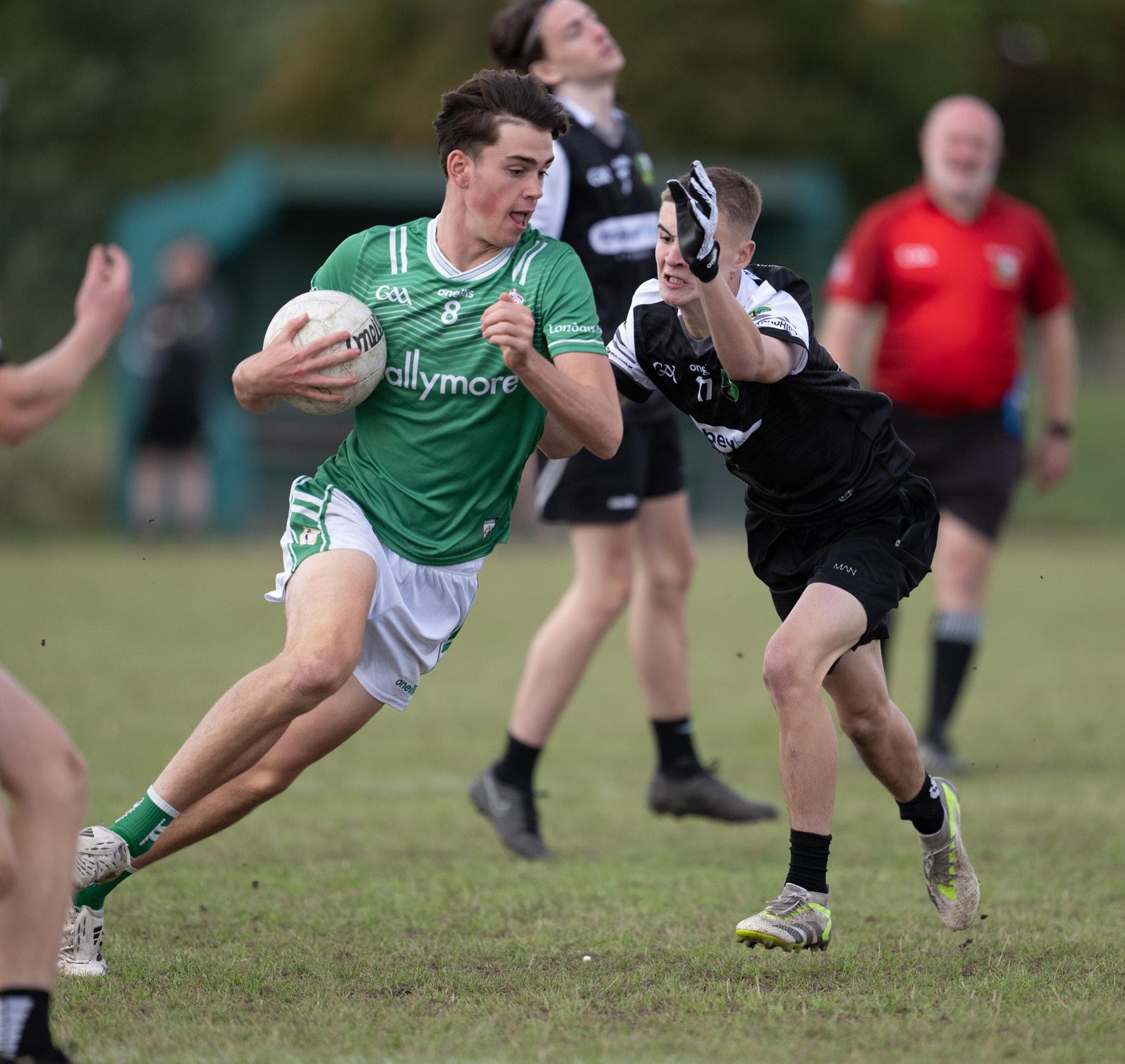


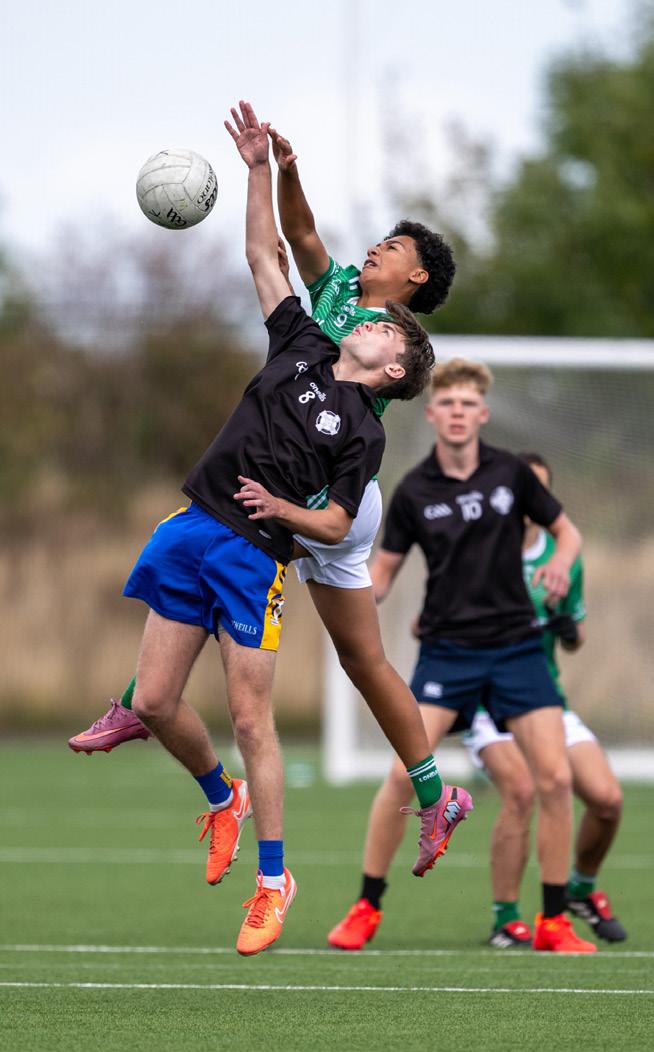
Ireland slump to 61st as World Cup hopes fade See Page 26

Contact the sports desk | email: sport@irishpost.co.uk
positive’
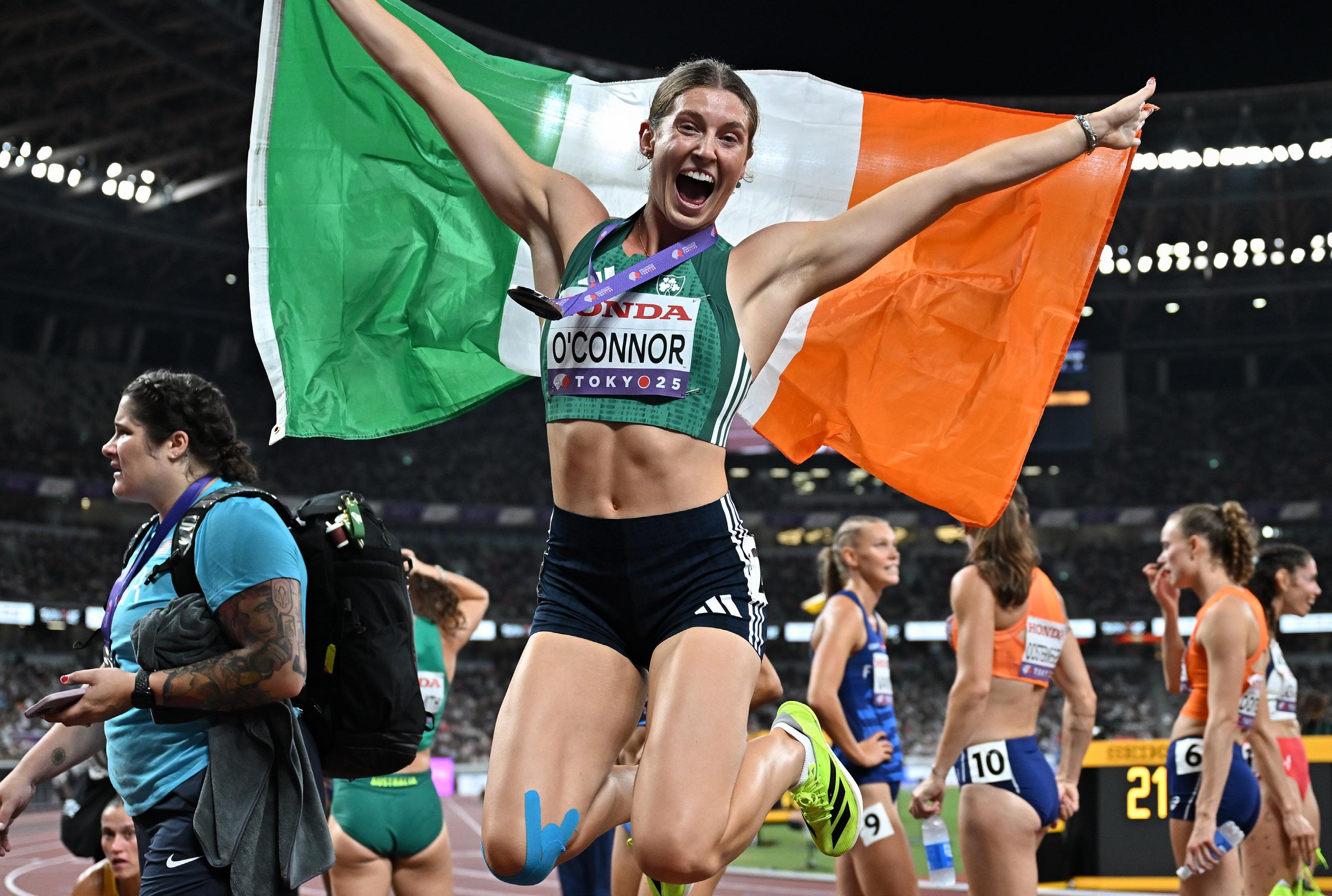
BY GRAINNE CONROY
IRELAND’S director of high performance Paul McNamara has said the national team’s showing at the World Championships in Tokyo exceeded expectations, calling it a landmark moment for the sport.
A 28-strong Irish squad competed, with the highlight coming when Newry-born Kate O’Connor became the first Irish woman to medal in a multi-discipline event at a major championships. The Co. Down woman took silver in the heptathlon, finishing just behind US star Anna Hall. The heptathlon consists of 100 metres hurdles, high
jump, shot put, 200 metres, 800 metres, long jump, javelin throw. O’Connor, a student at the University of Ulster particularly excelled in the javelin event.
Cian McPhillips impressed with fourth place in the men’s 800m, while Darragh McElhinney (men’s 5000m), Fionnuala McCormack (women’s marathon) and Sarah Healy (women’s 1500m) also delivered notable performances.
Speaking to RTÉ Sport, McNamara described the outcome as “incredibly positive” and said Ireland had made a decisive step forward.
“It’s a global championships, first year of the new cycle, and we’ve
made huge progress over recent years,” he said. “If you look at the long-term view, in the build-up to Rio and Tokyo we typically had four or five athletes making semi-finals. Now we’re looking at 15 — we’ve exceeded all expectations.”
McNamara attributed the improvement to a stronger development pathway, with Ireland’s success at underage European levels now being reflected at senior competition.
“European U23s is probably the last big launching pad for senior athletics. We had five medallists this year — we’d never had more than two before. You look at our top performers here, and at recent
indoor championships in Nanjing and Apeldoorn, they all came through at U23, U20 or U18 level. They’re progressing and making an impact quickly.”
Among the emerging names highlighted were Conor Kelly, Nicola Tuthill and Nick Griggs, all tipped to feature prominently in years ahead.
On the absence of sprinter Rhasidat Adeleke, who withdrew due to injury, McNamara rejected any suggestion it had diminished the team’s achievement. Adeleke, a Dubliner, was expected to do well at the tournament in Japan. But McNamara was philosophical about her withdrawal. He said on
RTÉ that it was disappointing not to have her with the team in Japan. But he pointed out that every nation was missing athletes. “In our sport you never have 100% of your cohort available,” he said. “Rhasidat’s decision was sensible and smart, made with her support team and in consultation with us. She’ll be back, she’ll be better, and it’s up to us to support her when she’s down. She remains an immense talent.”
For McNamara, the signs are that Irish athletics is building a depth it has rarely enjoyed, and across many athletic disciplines